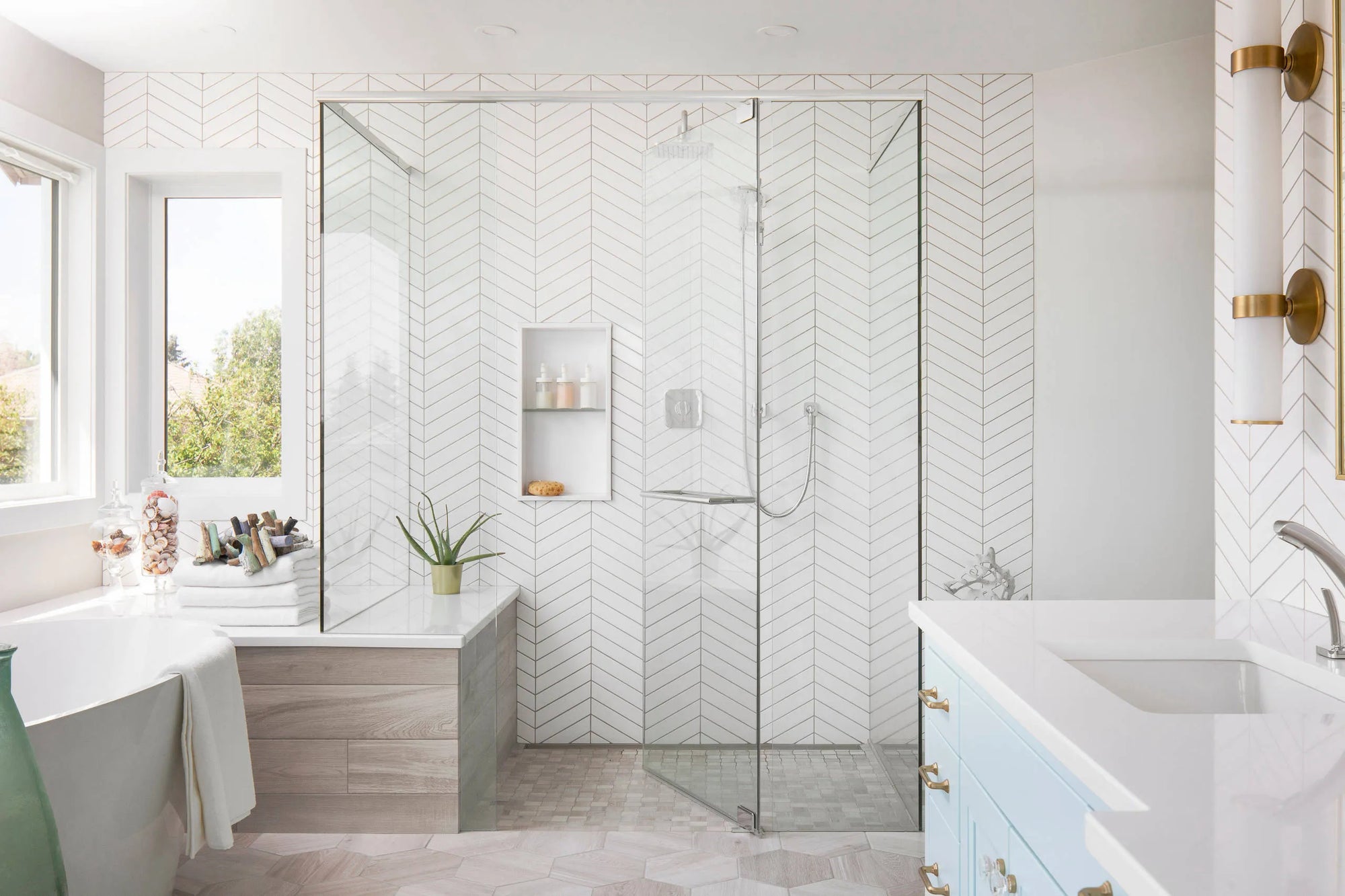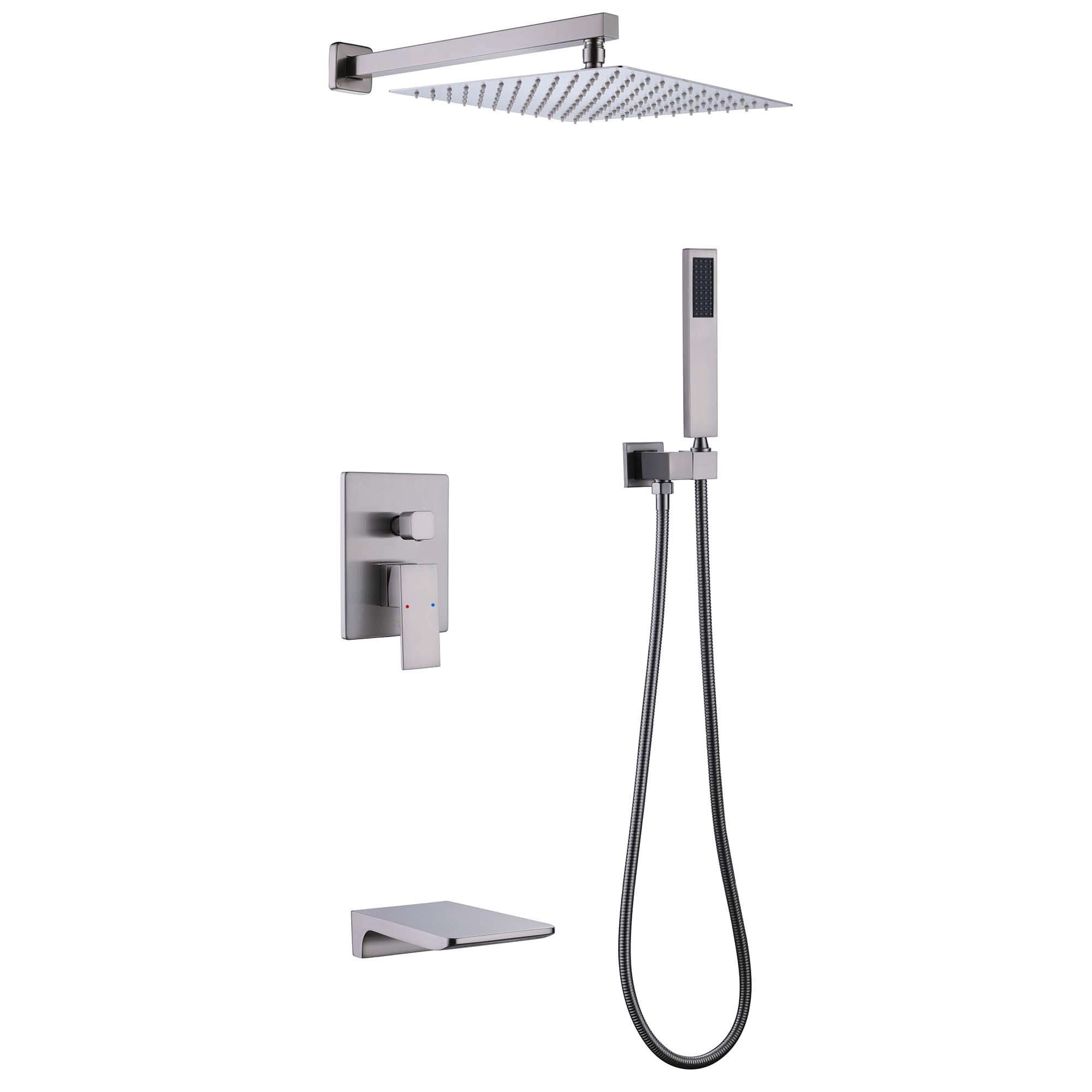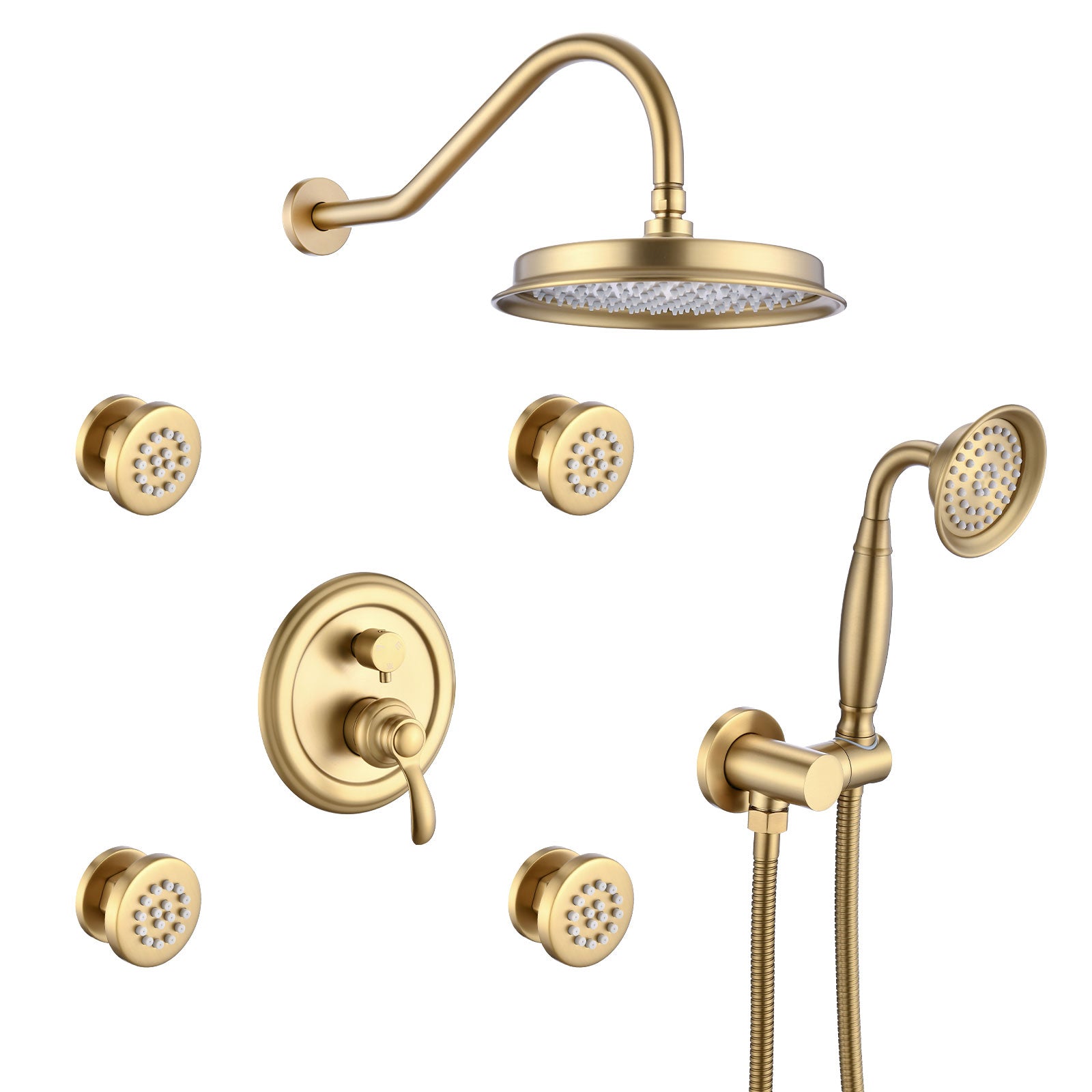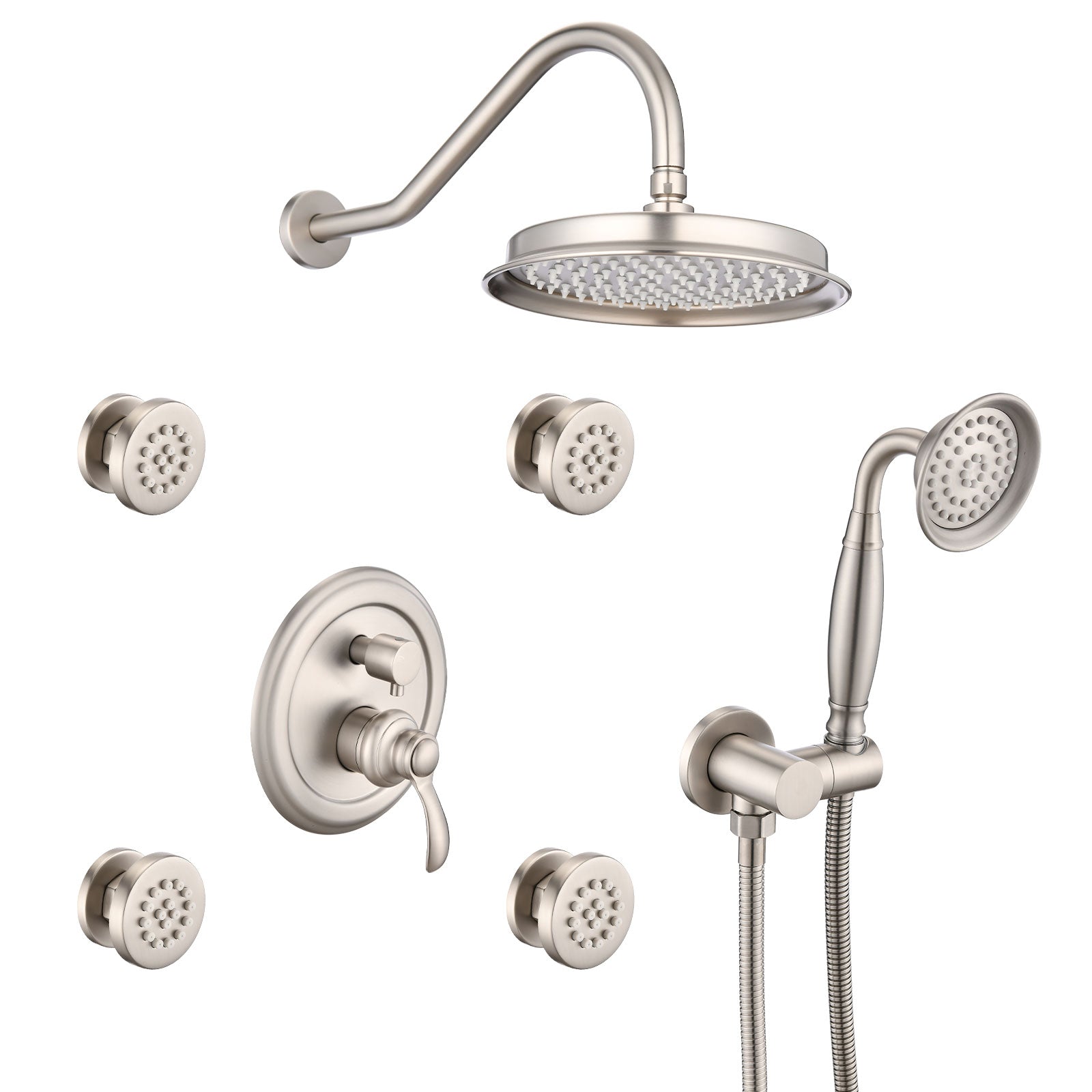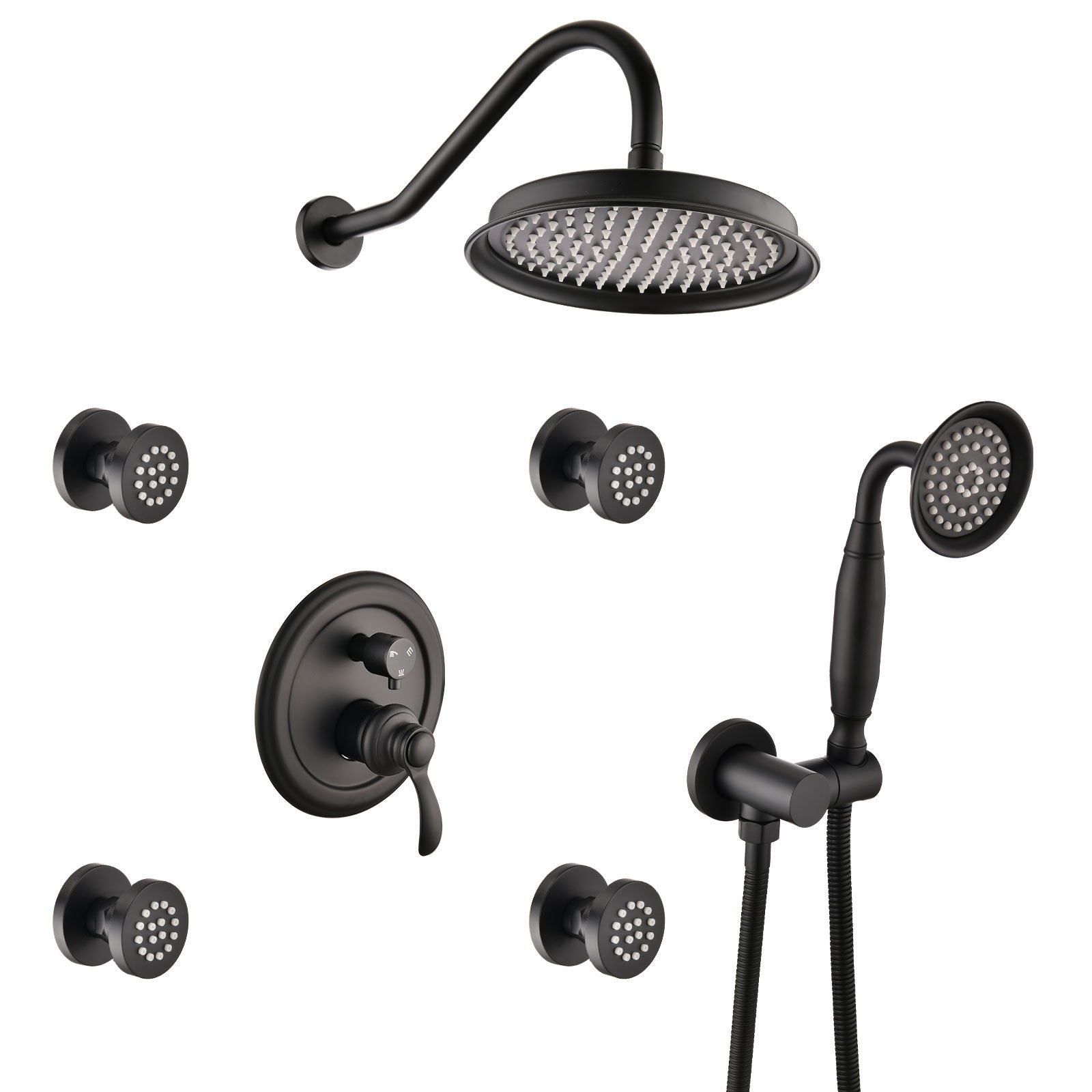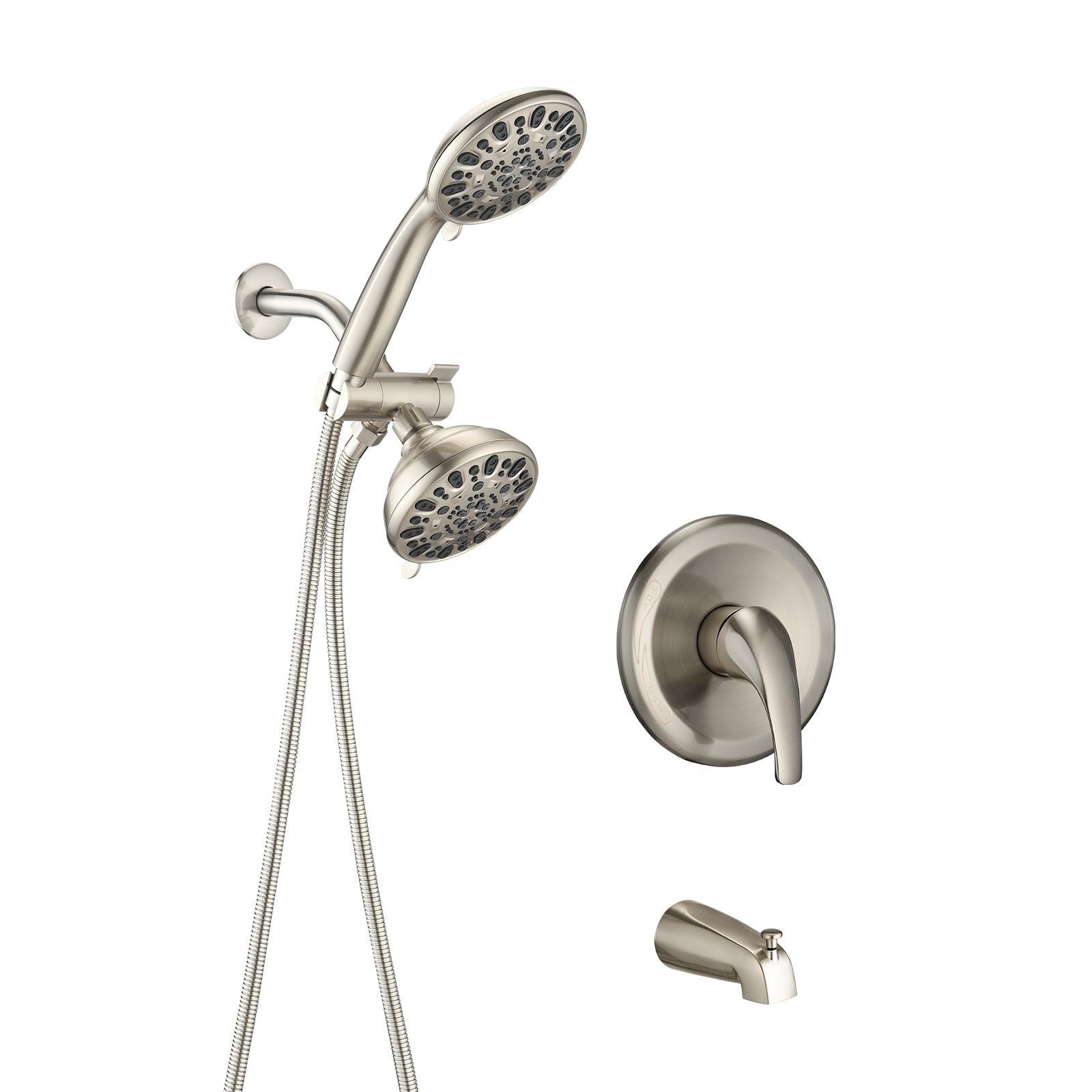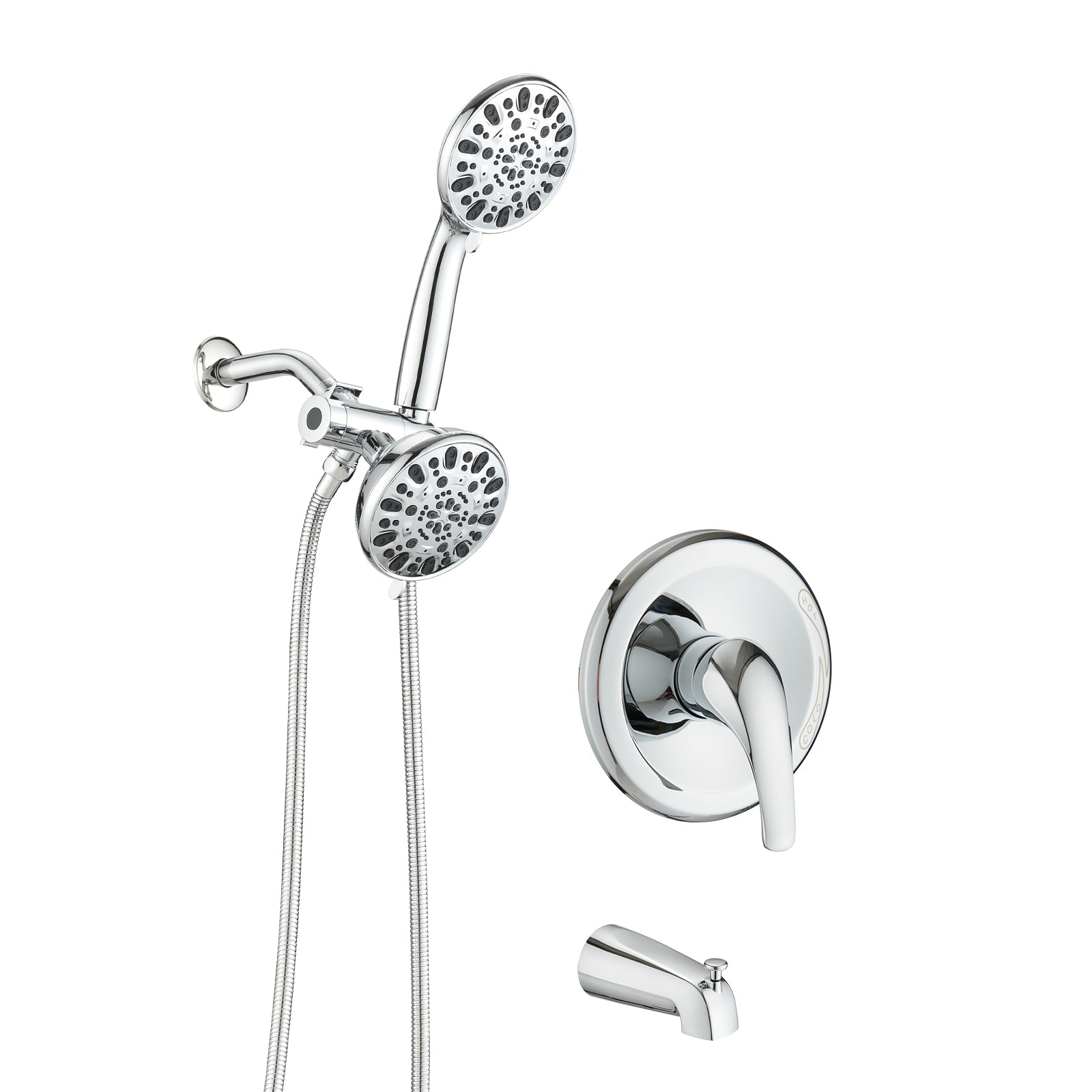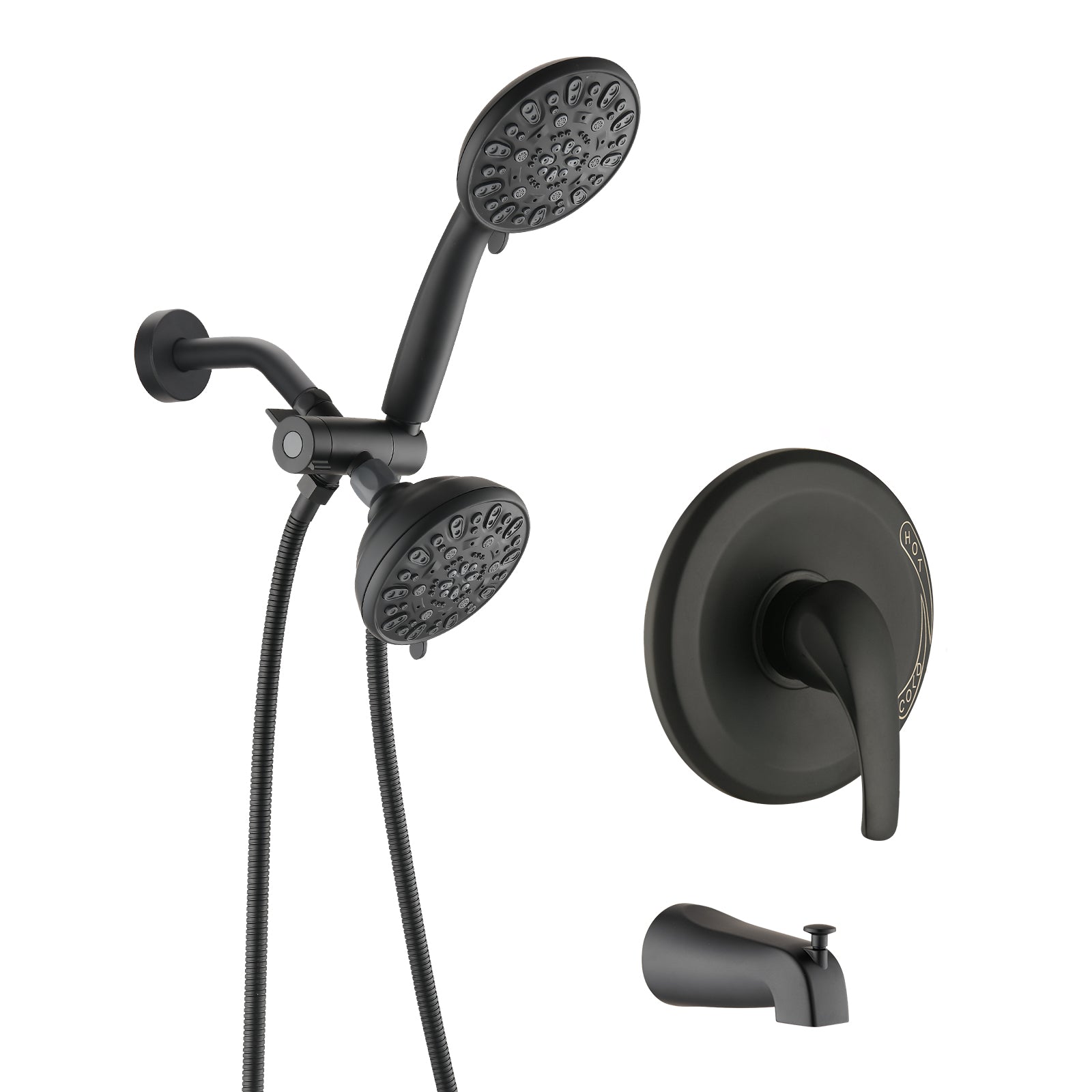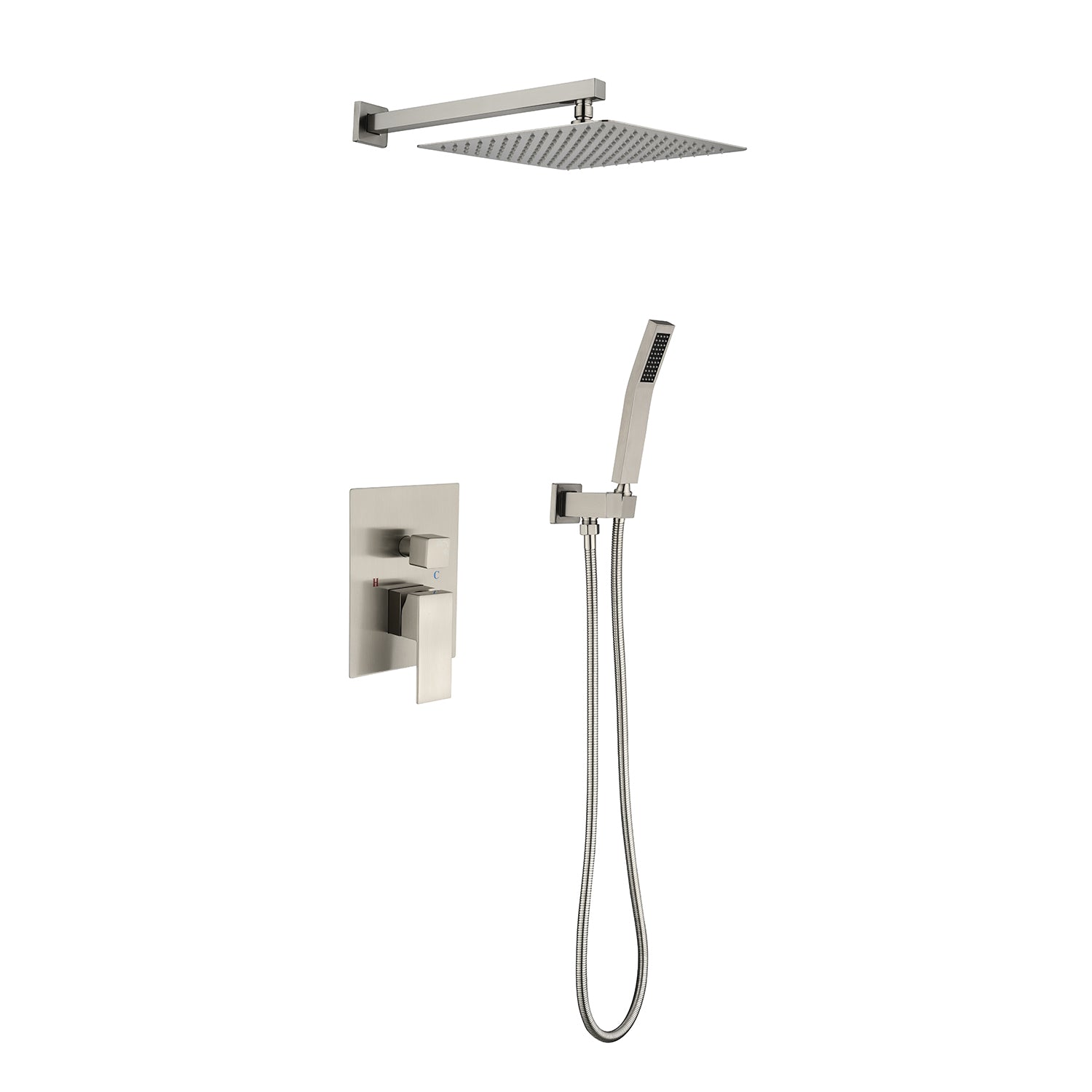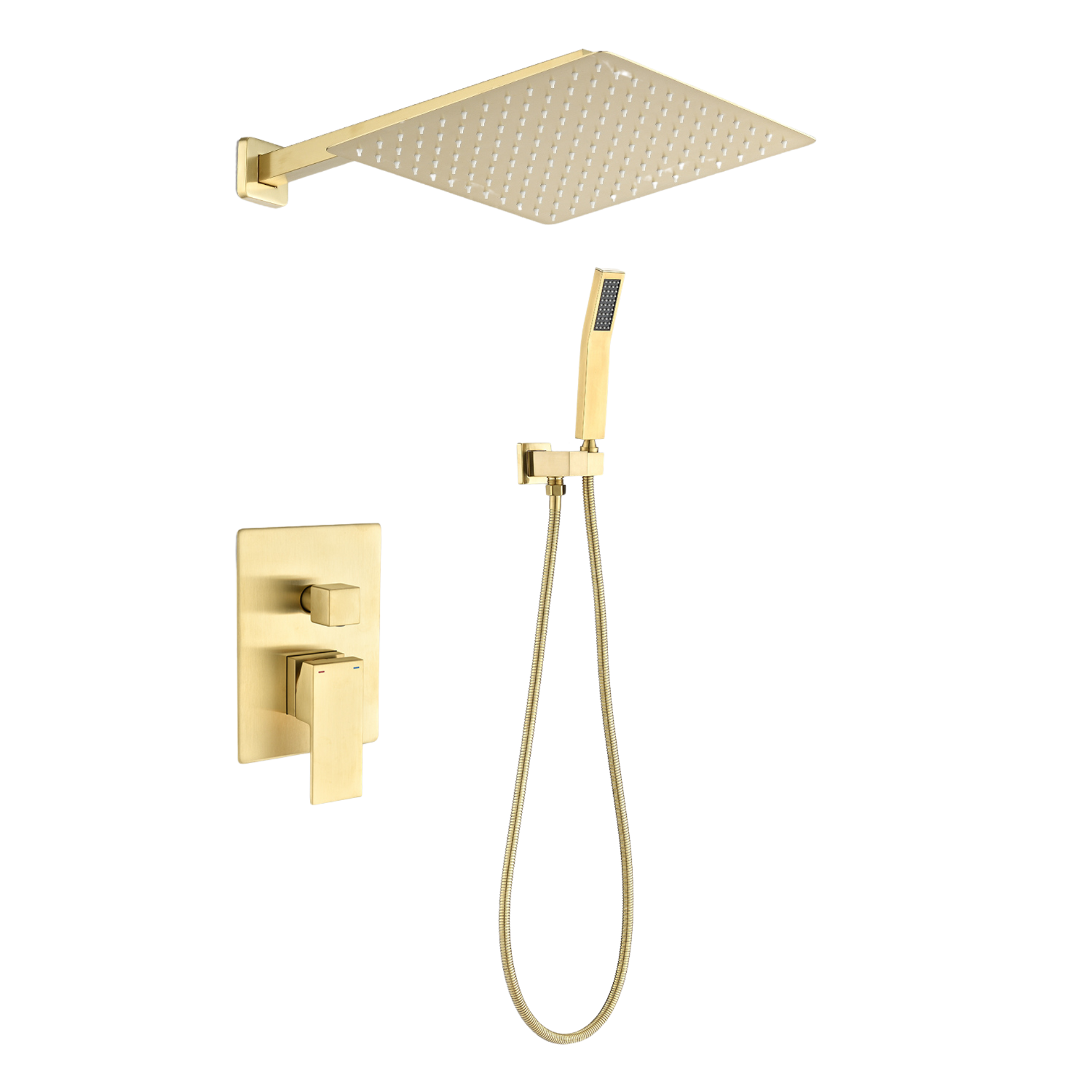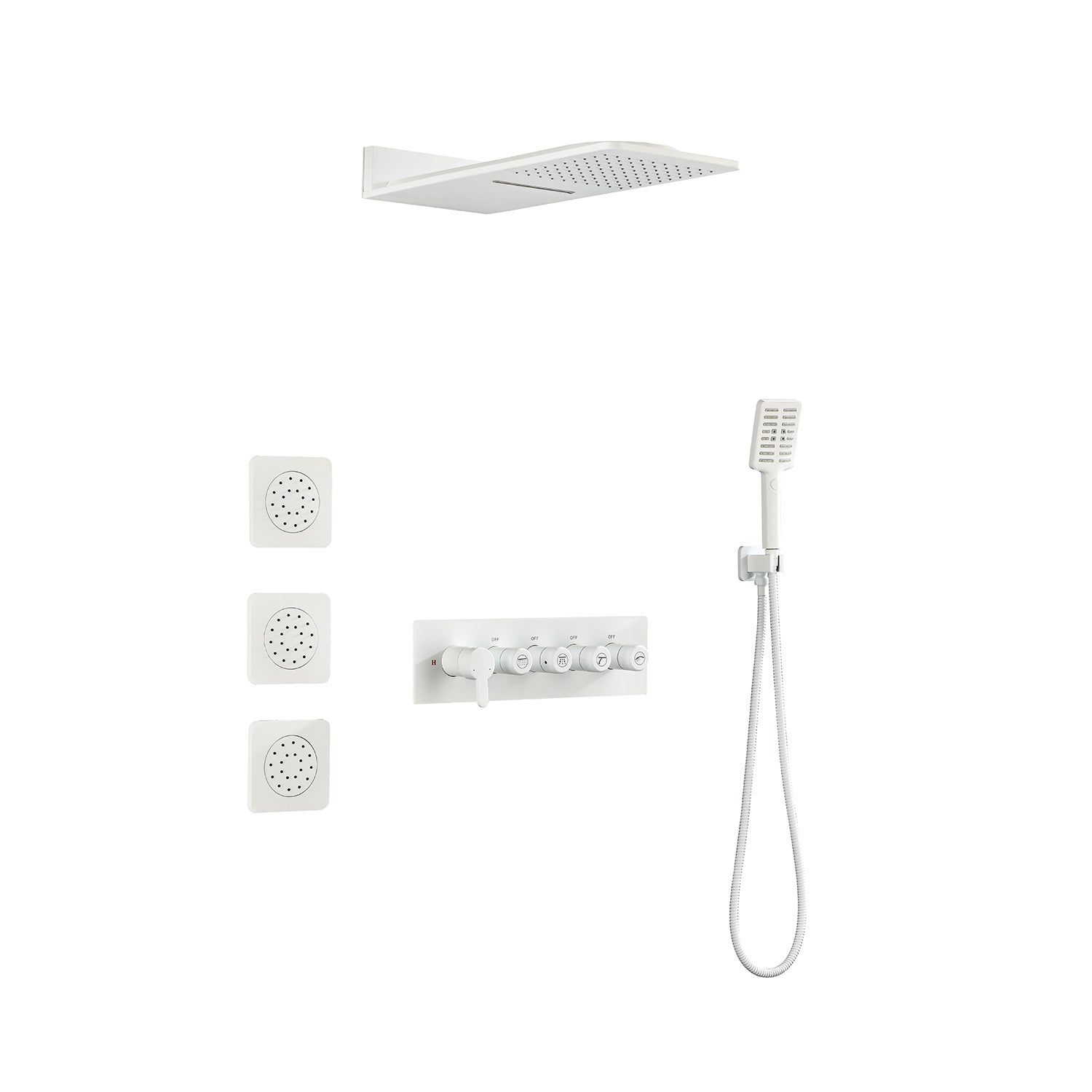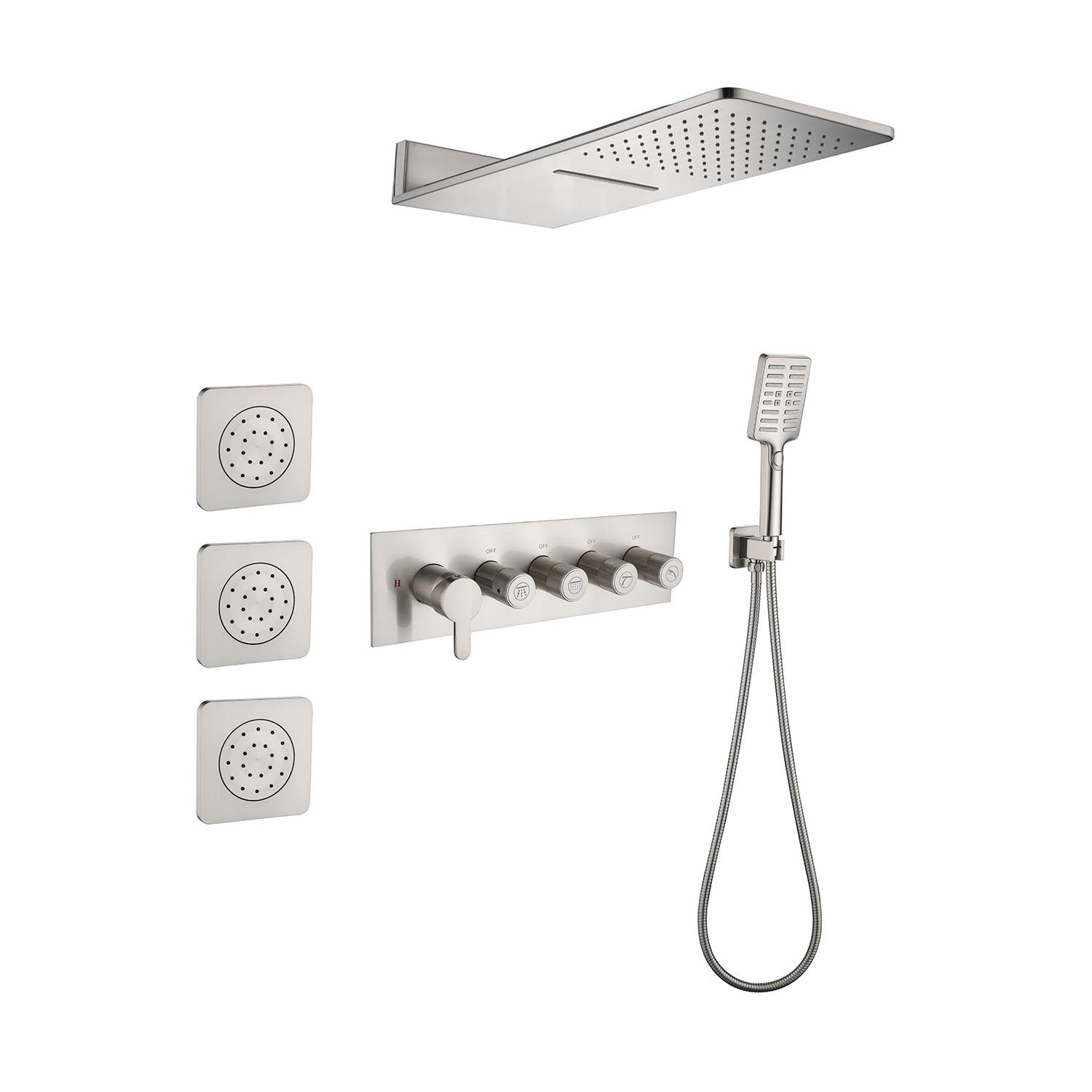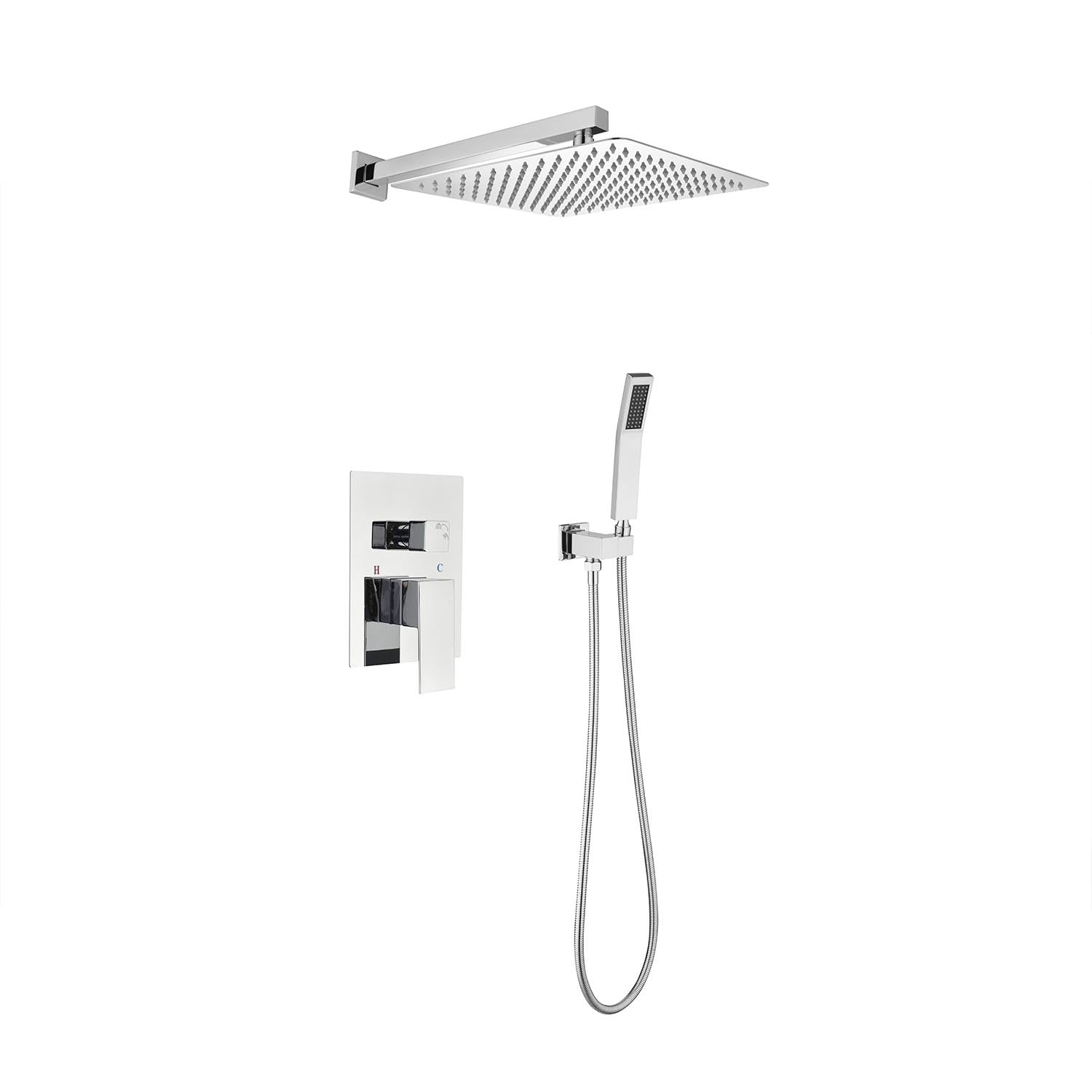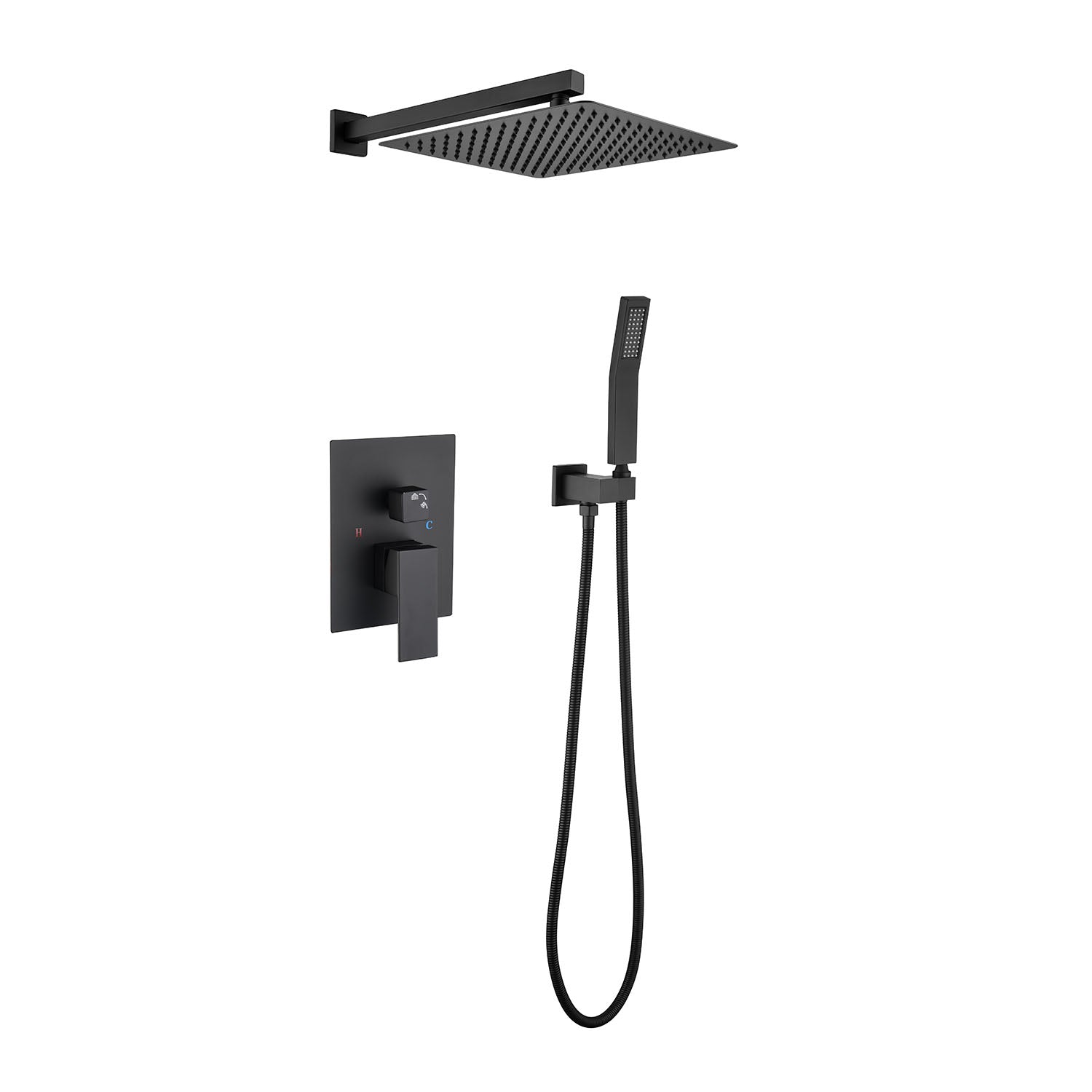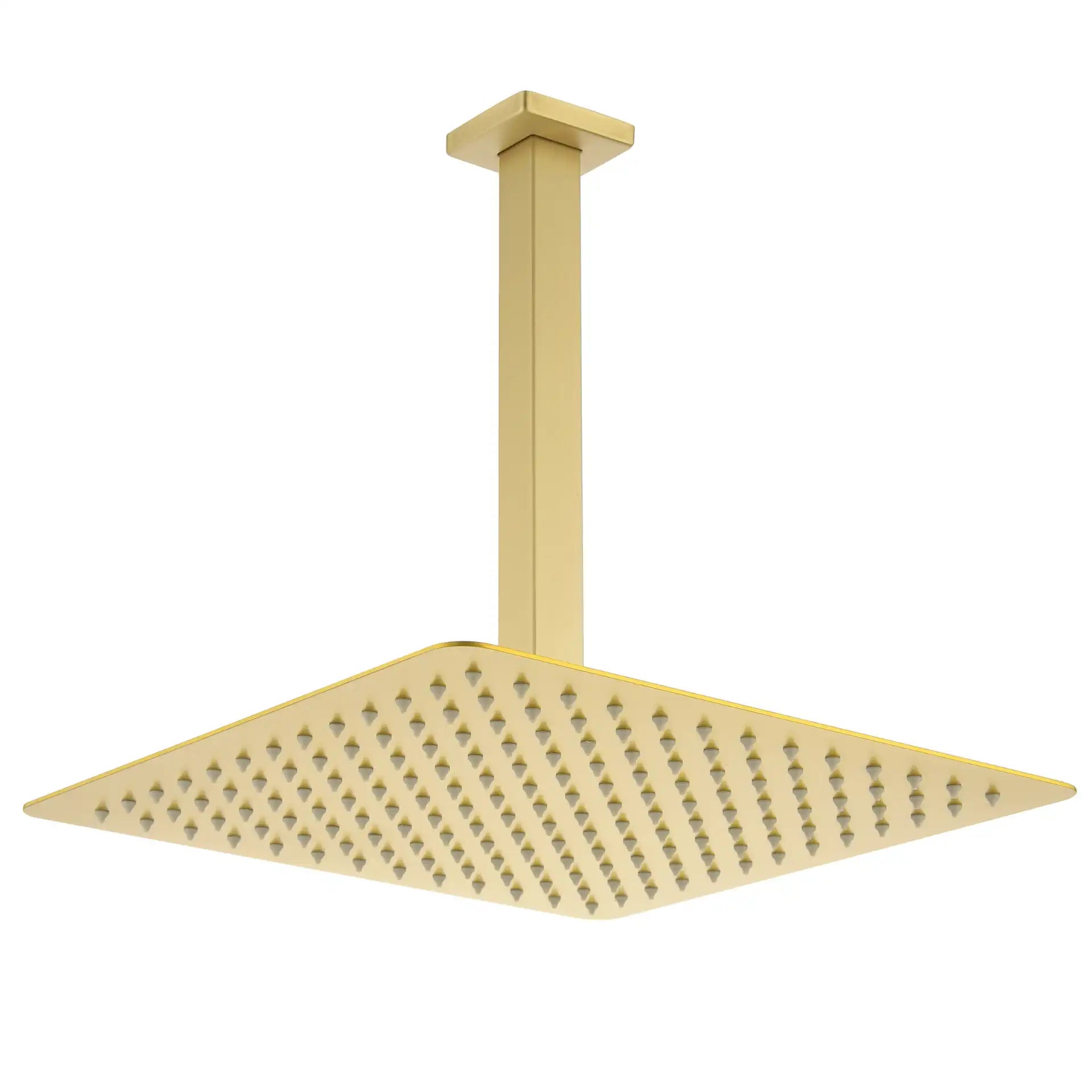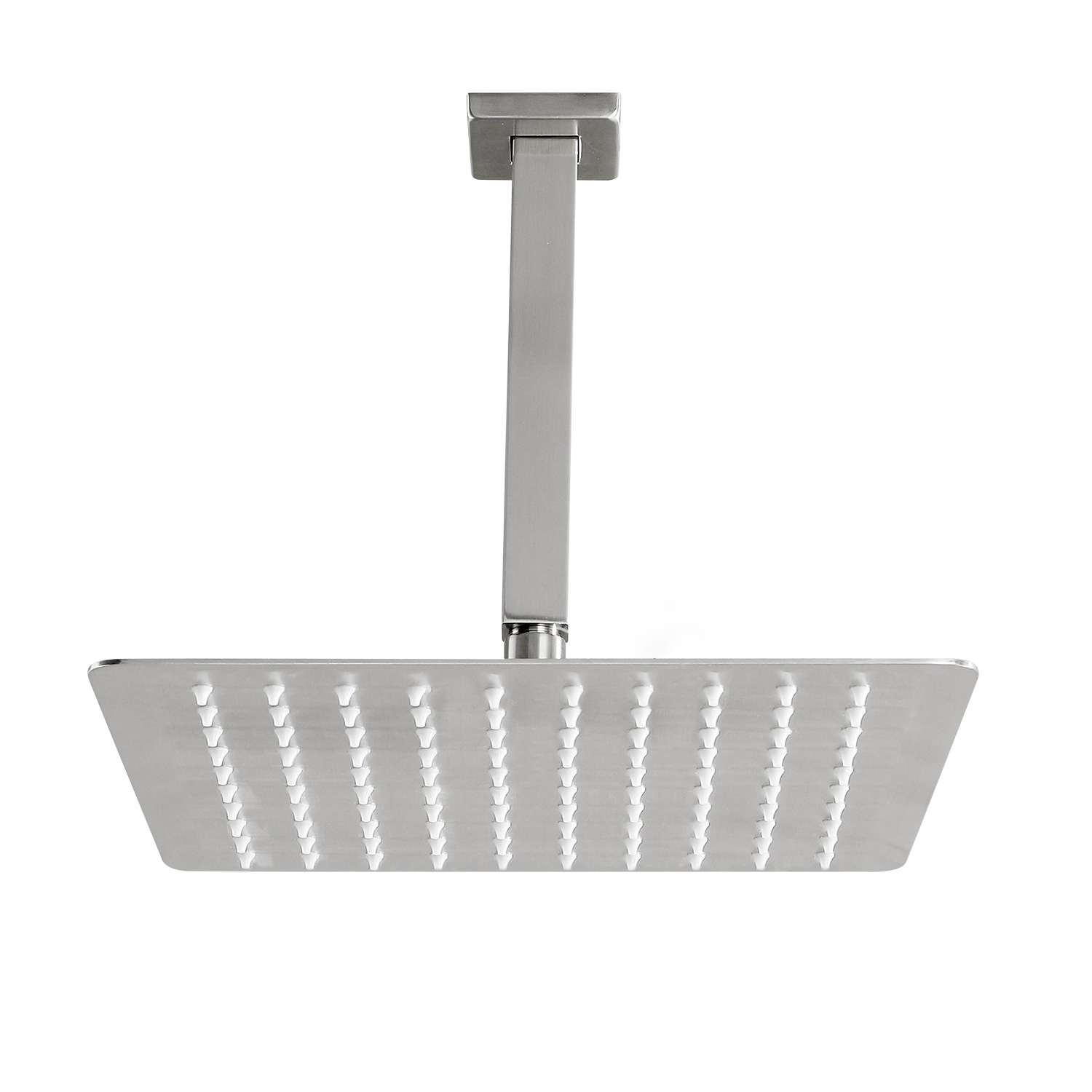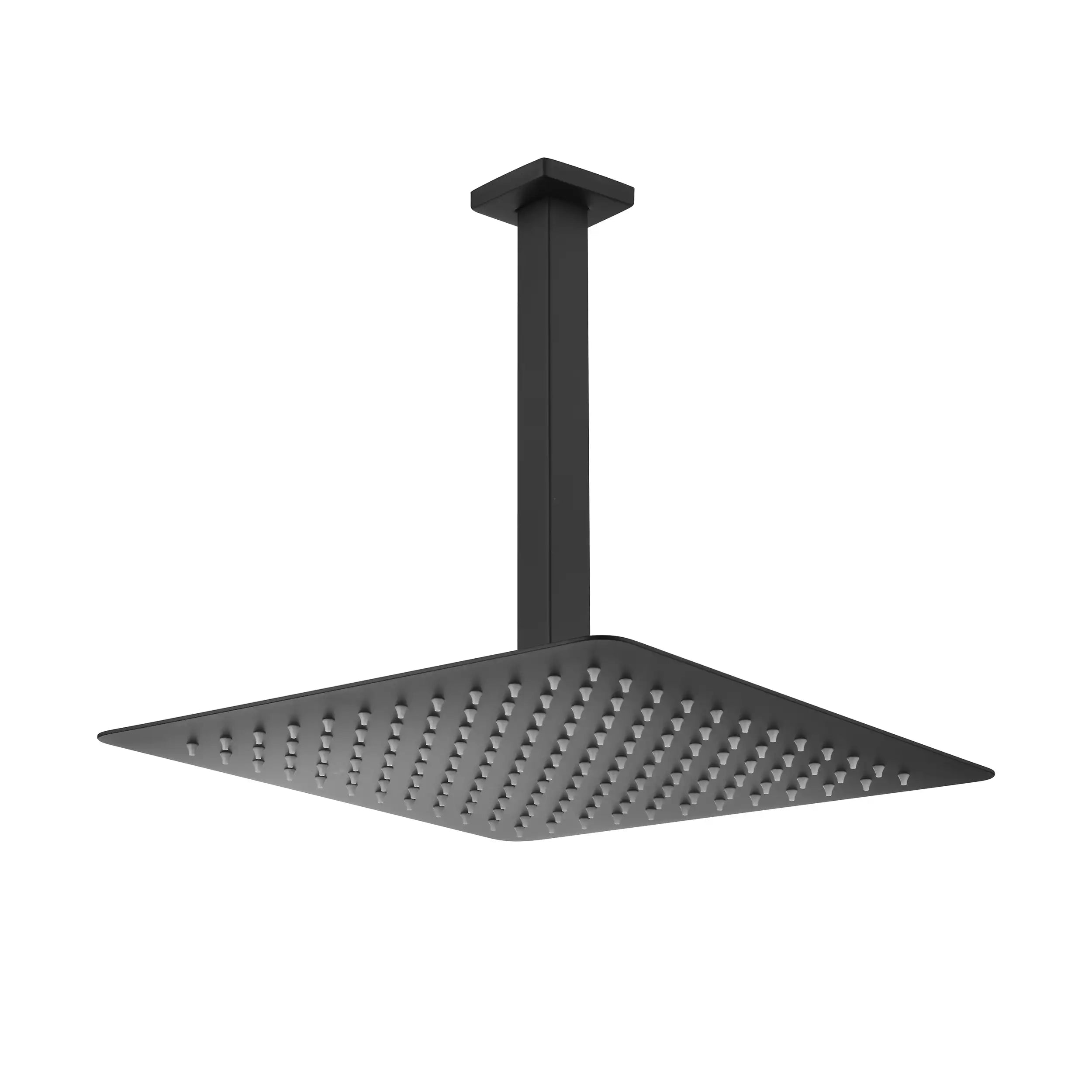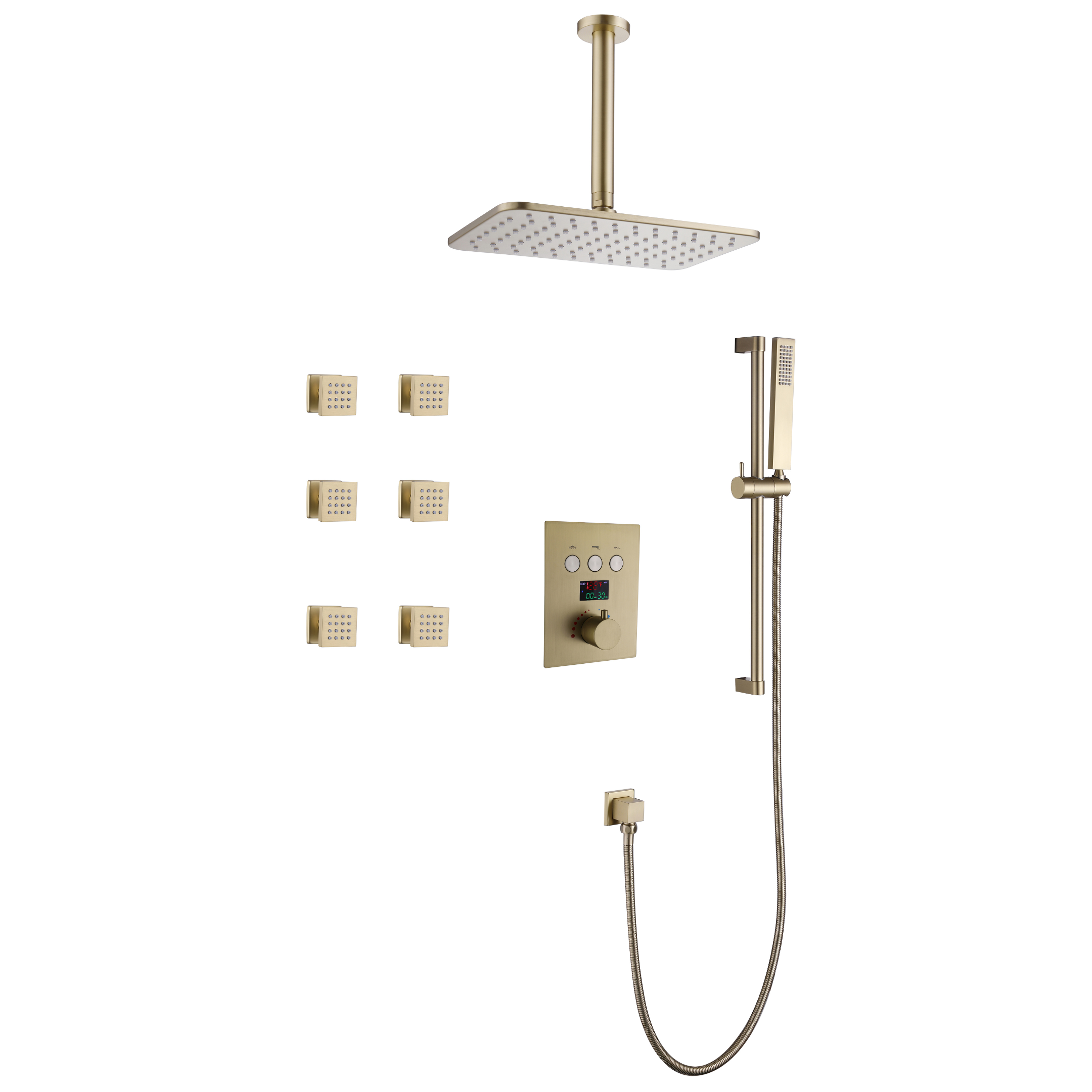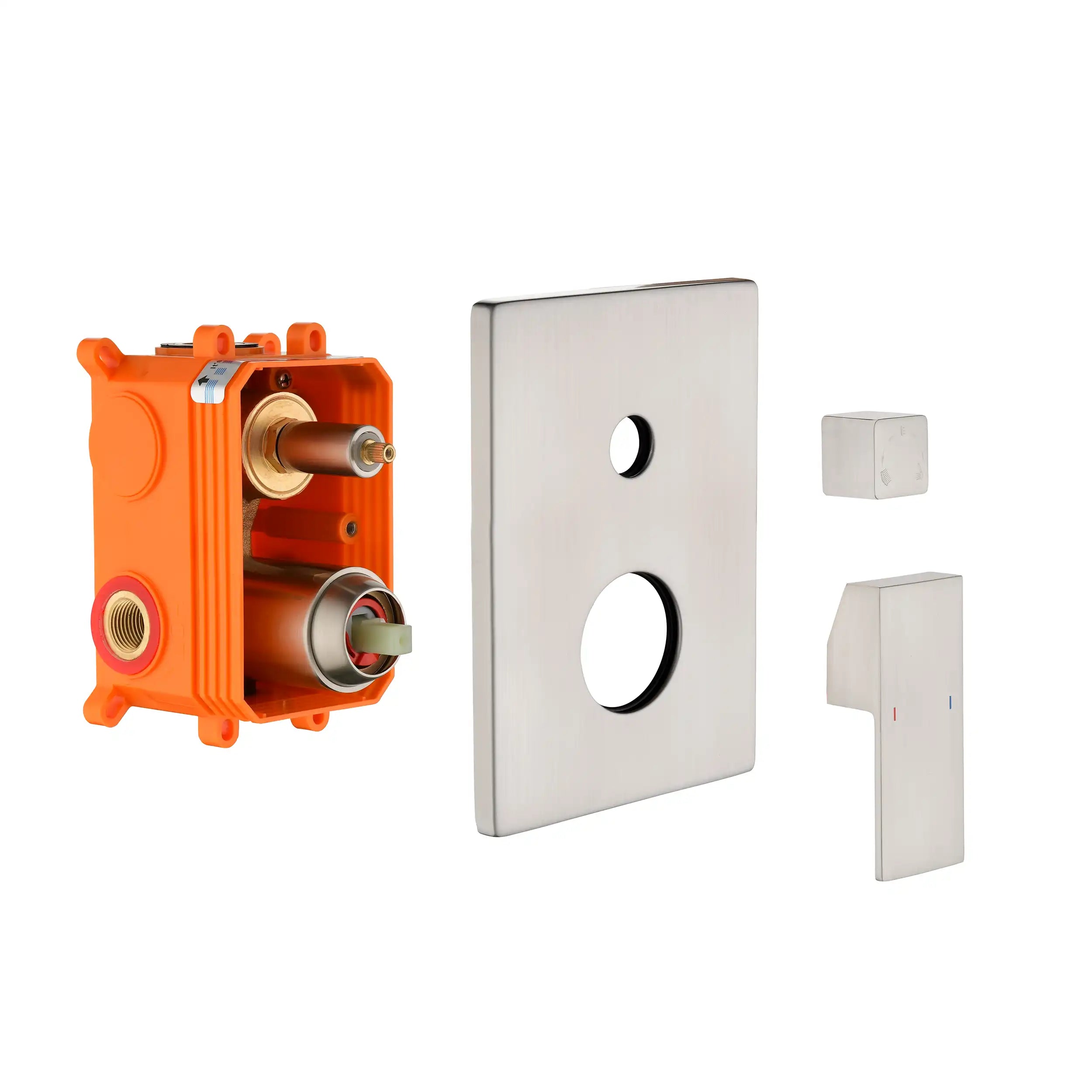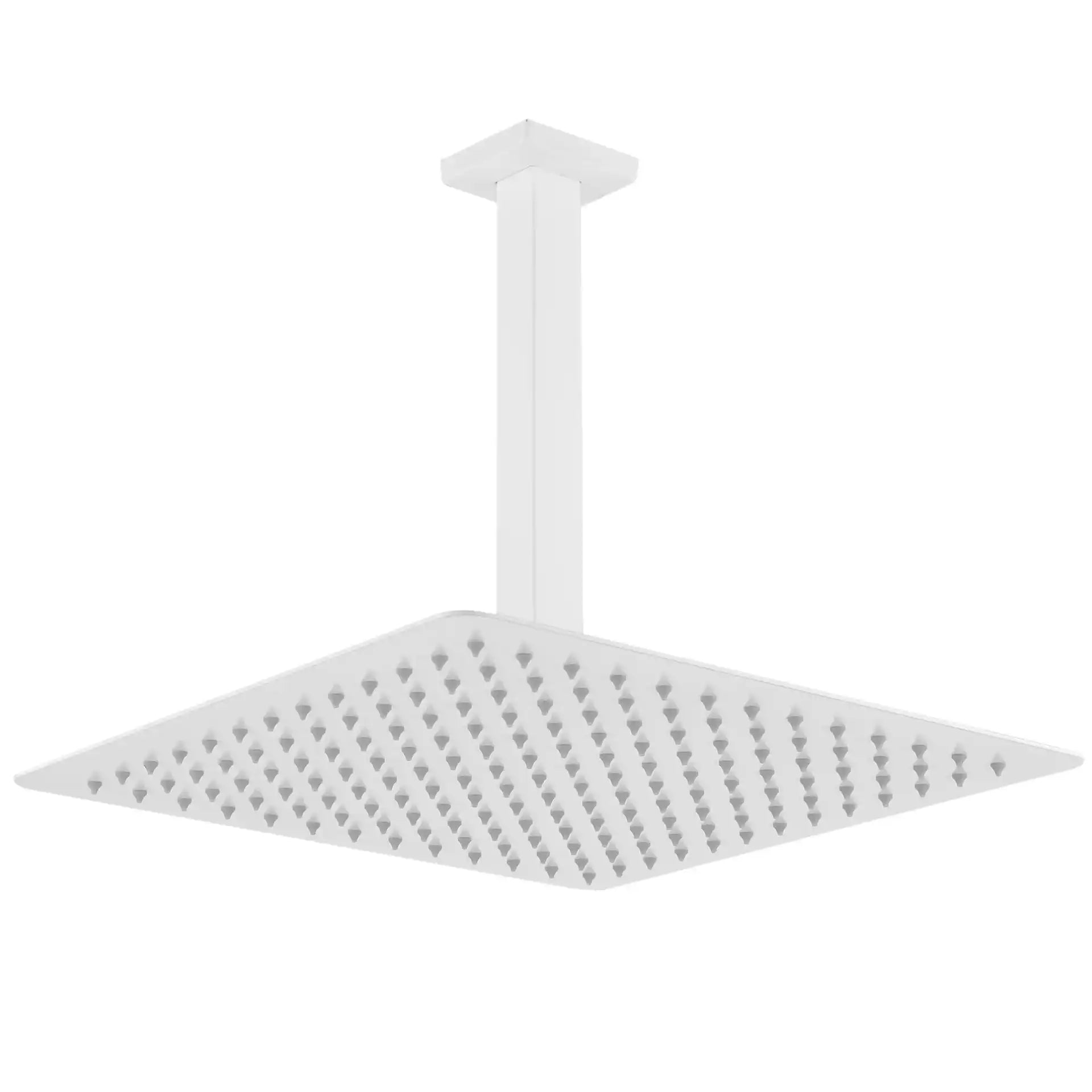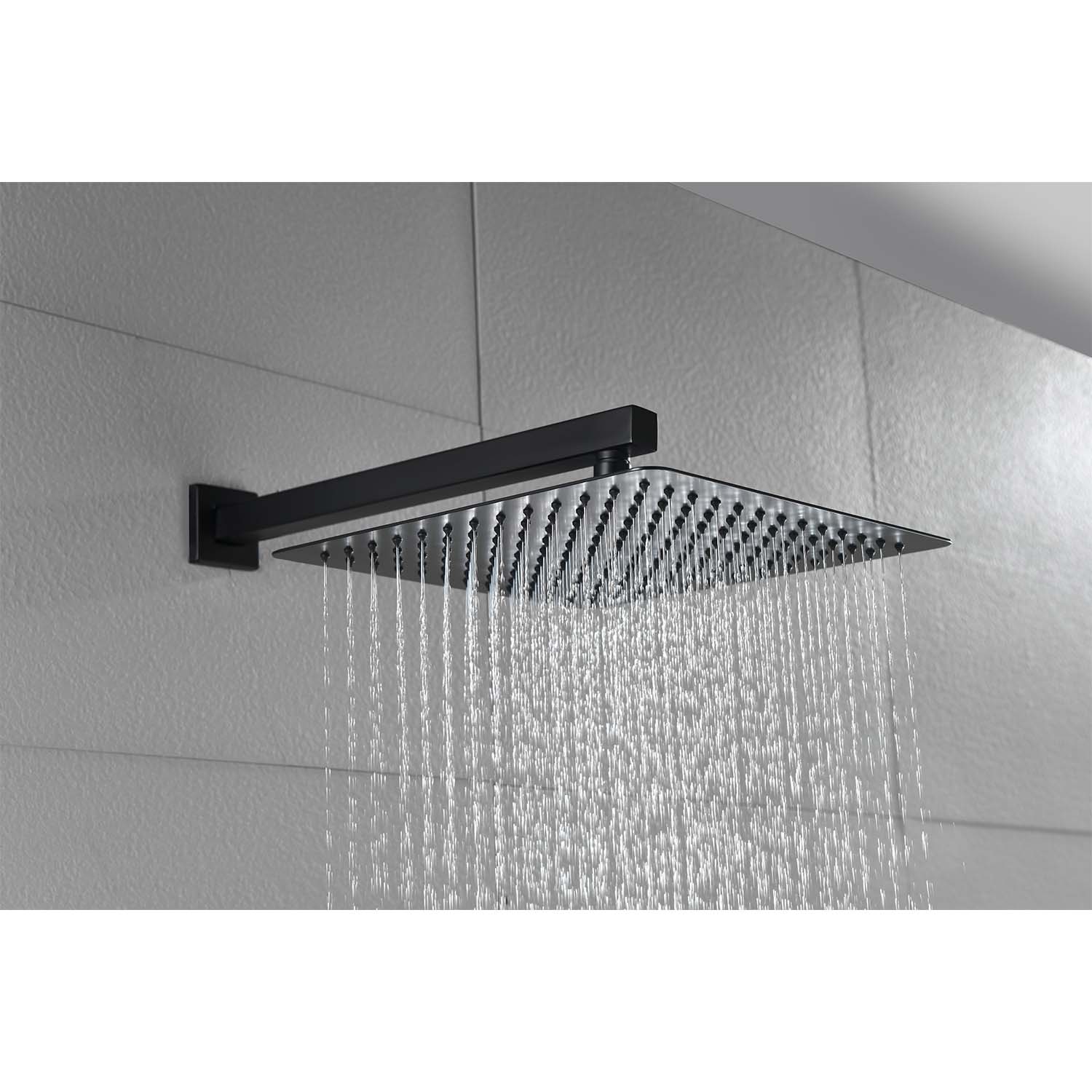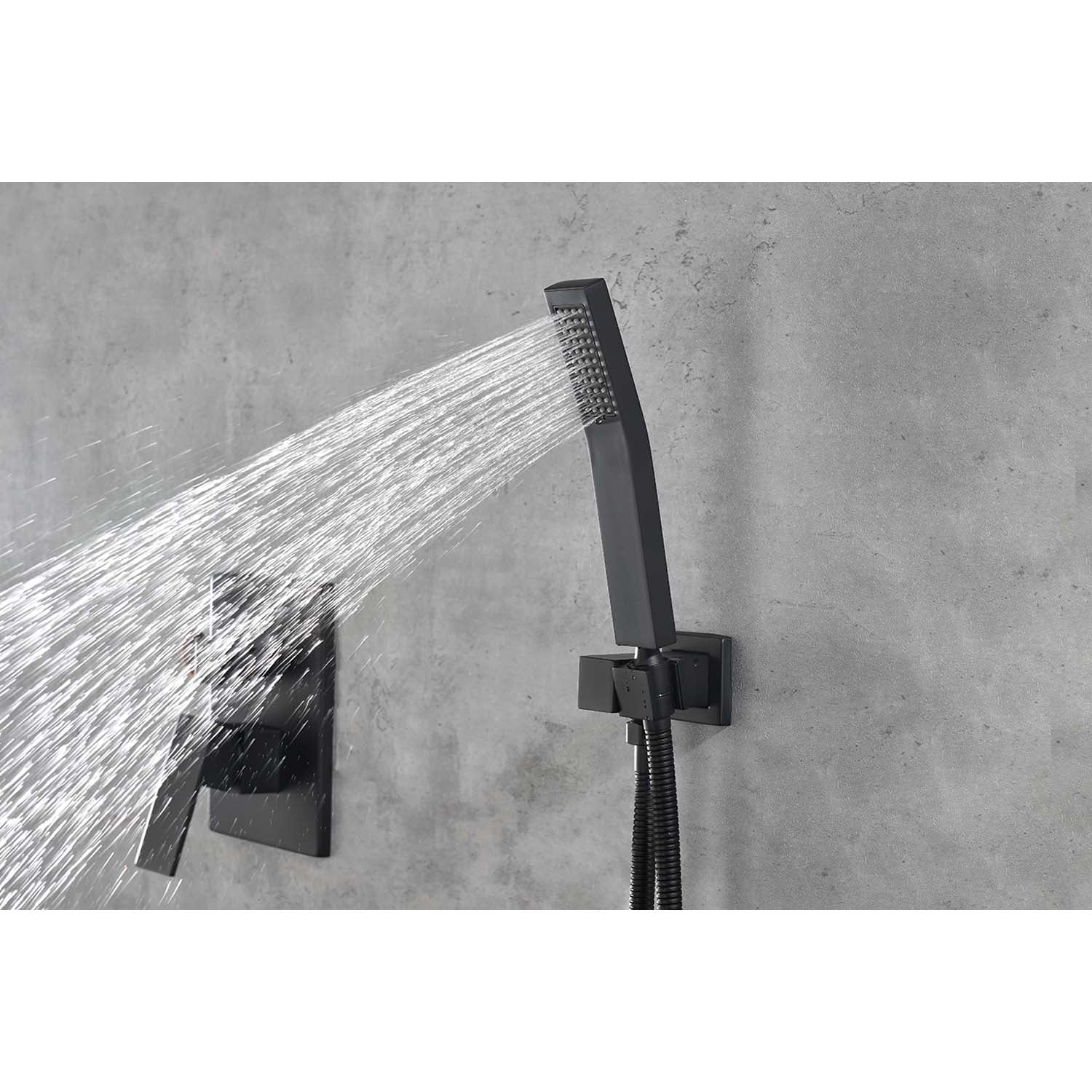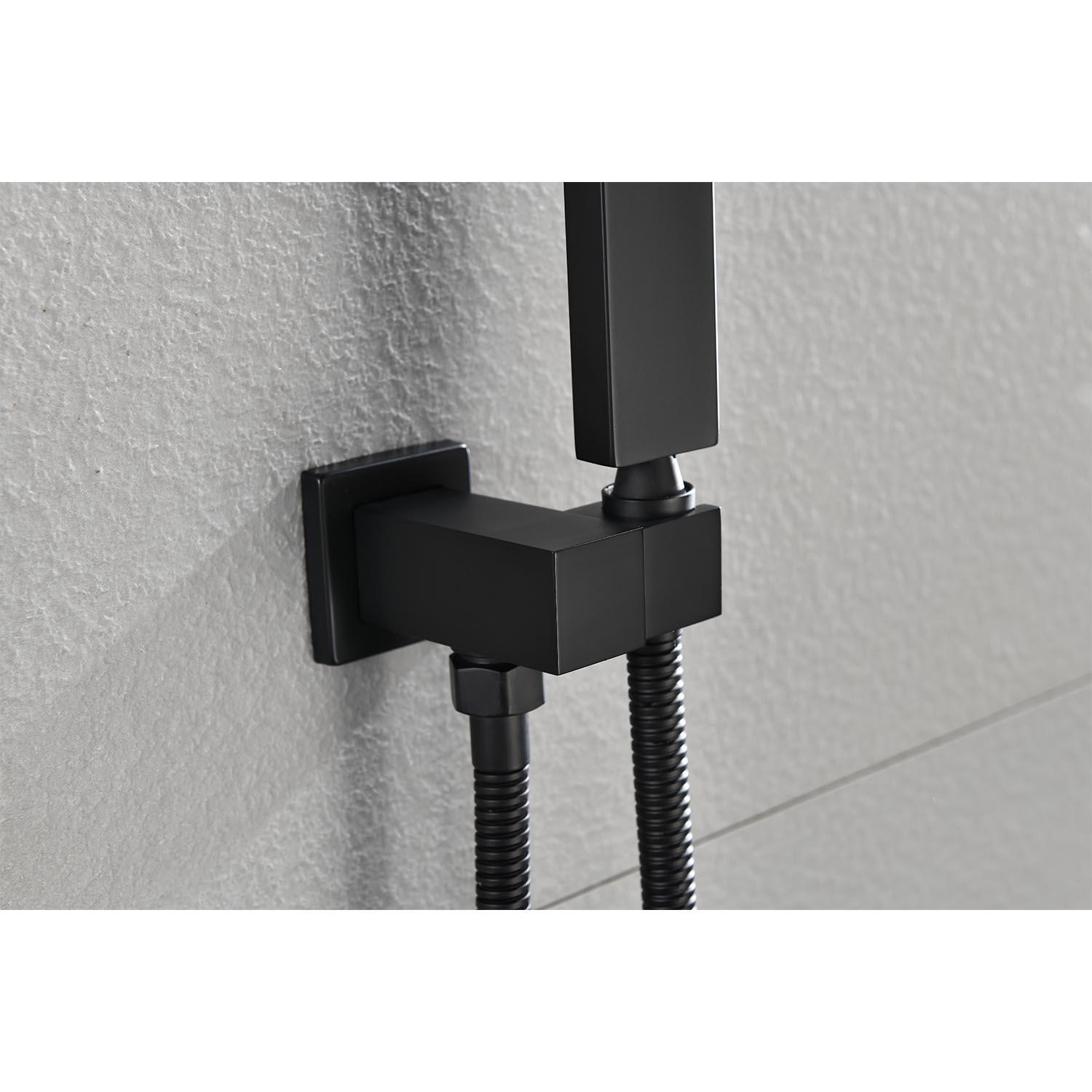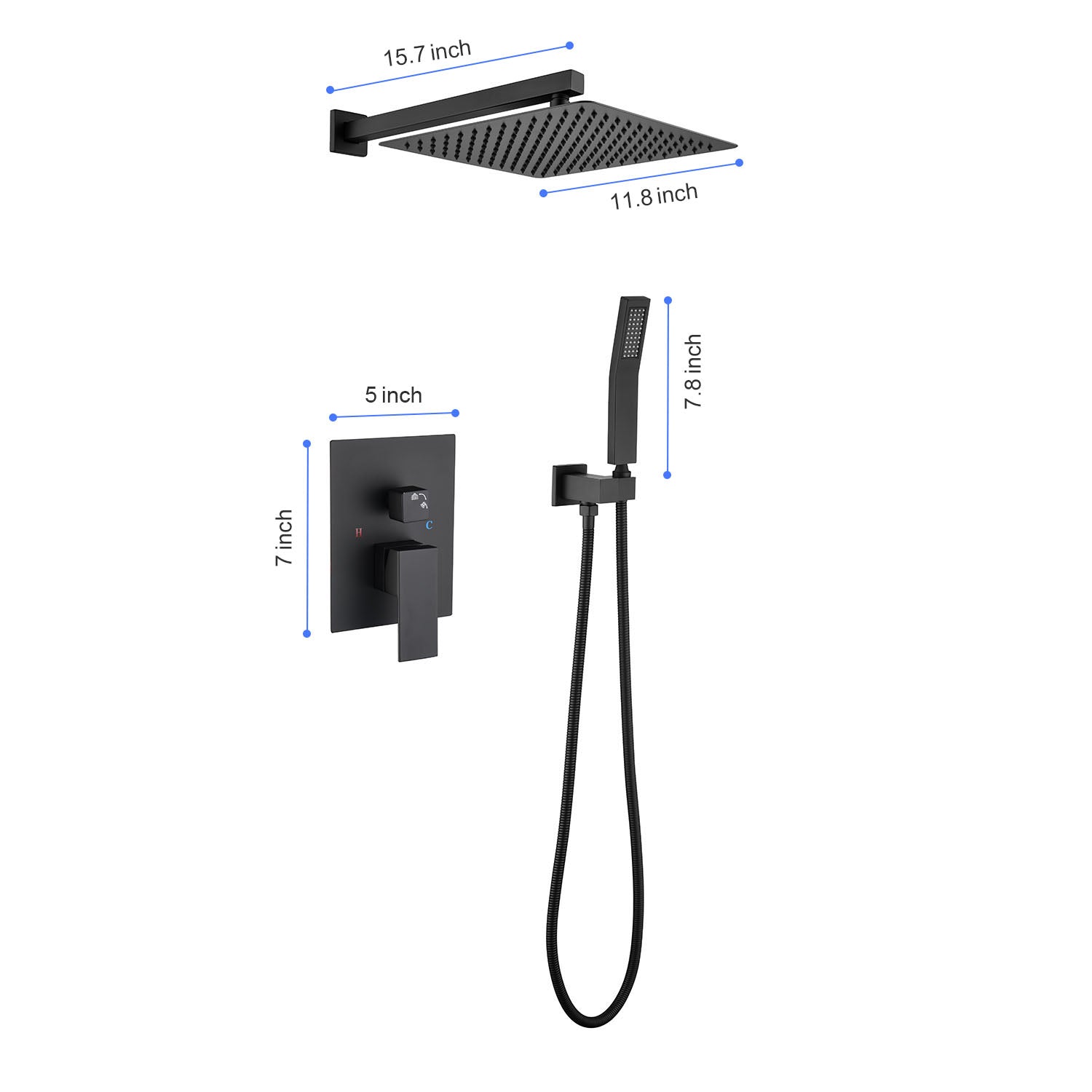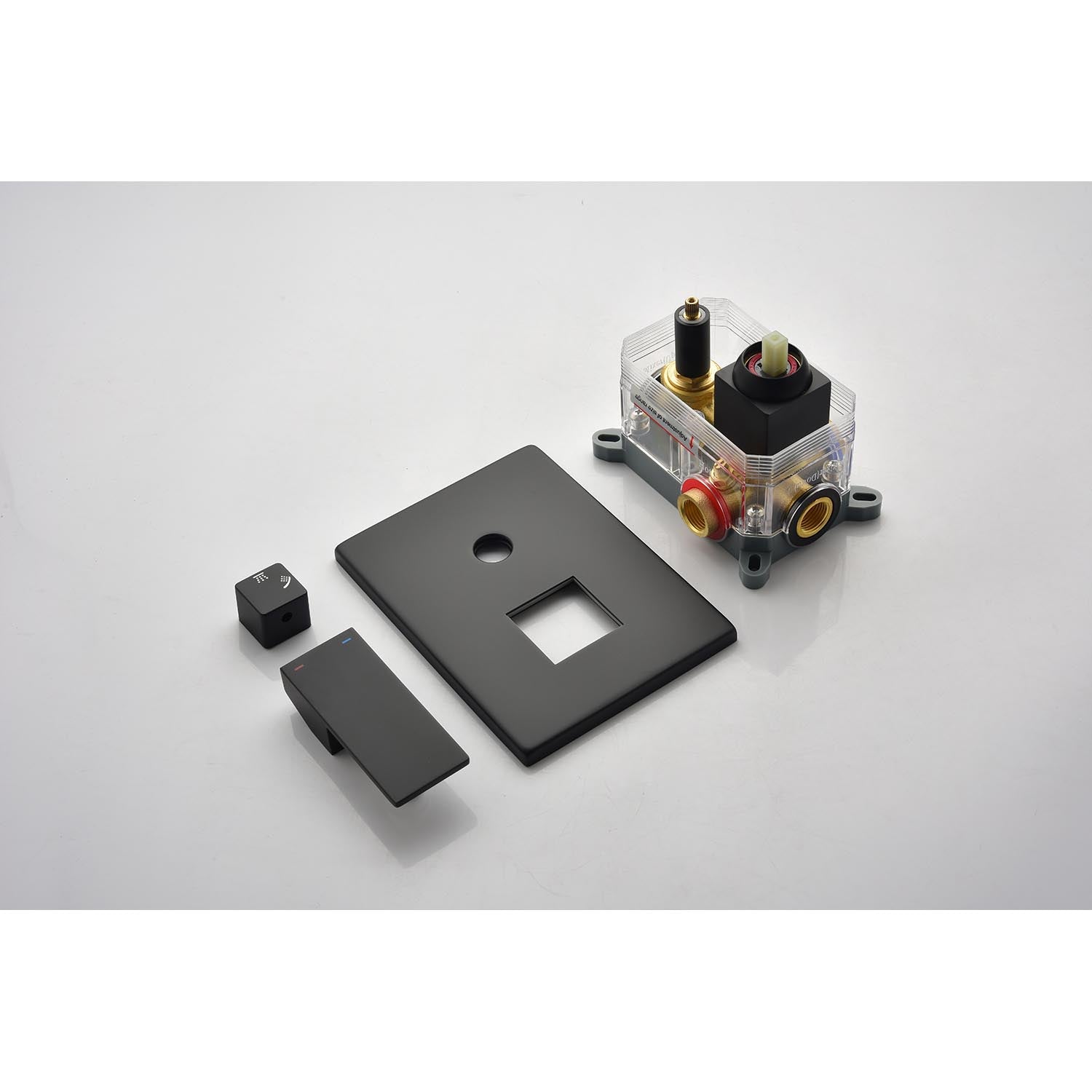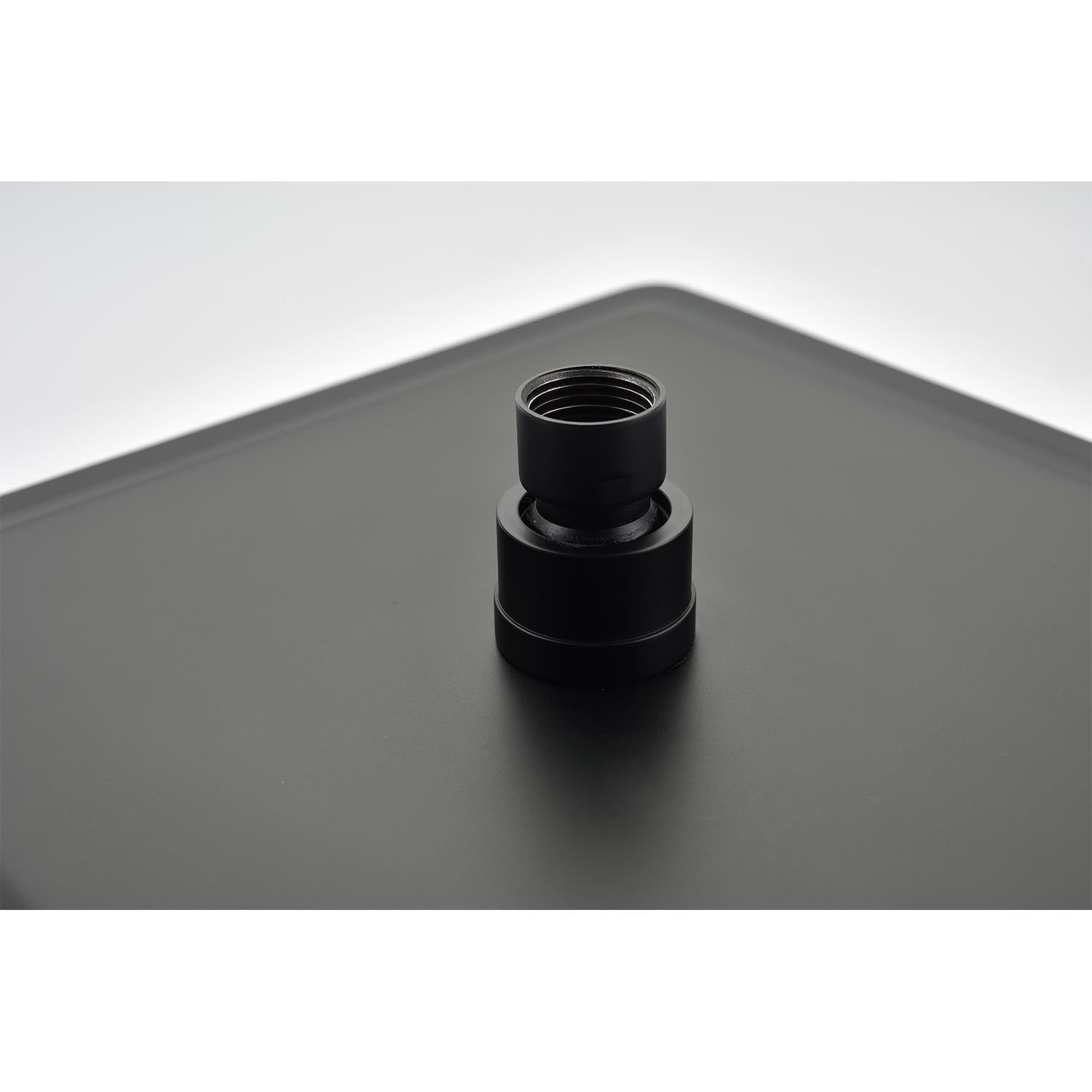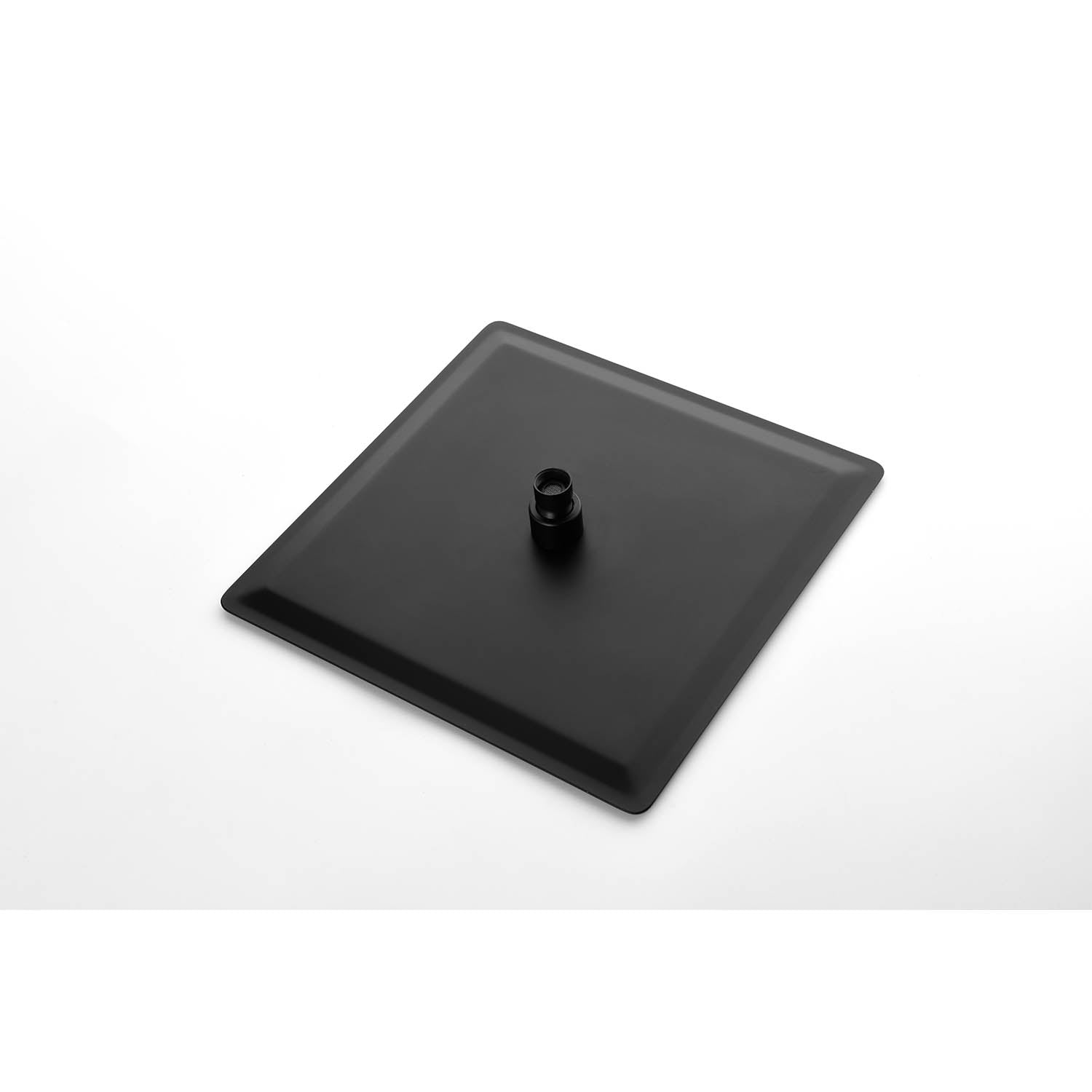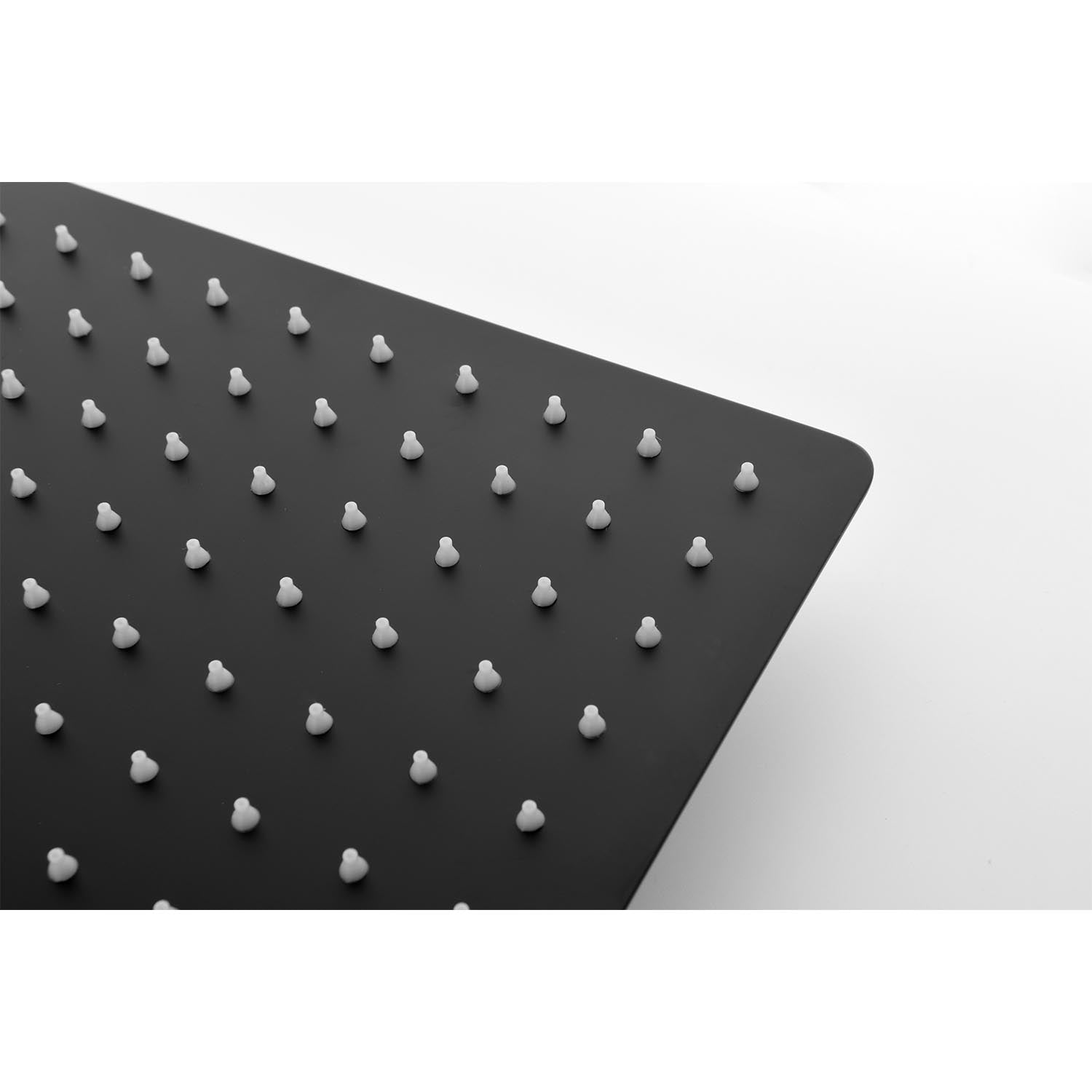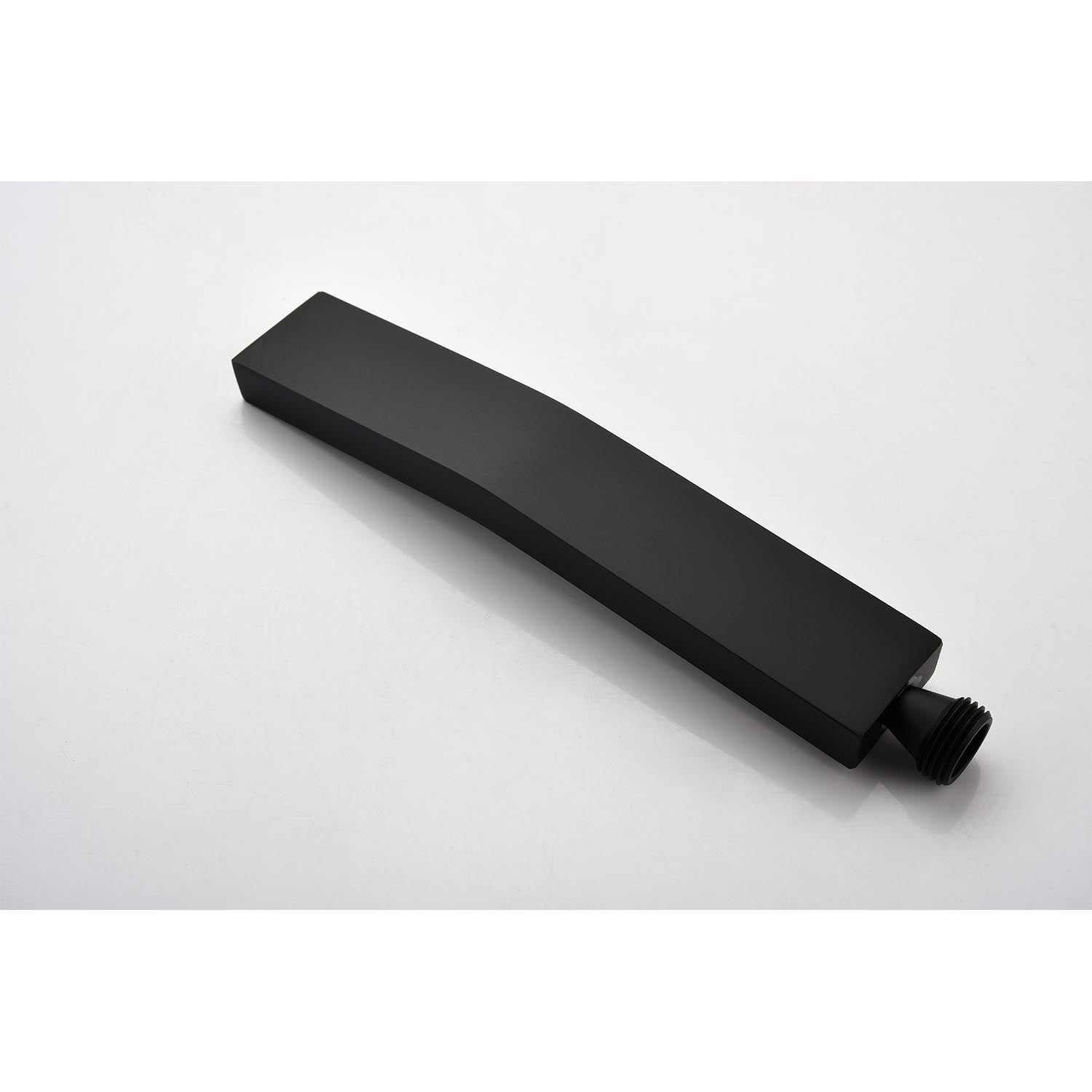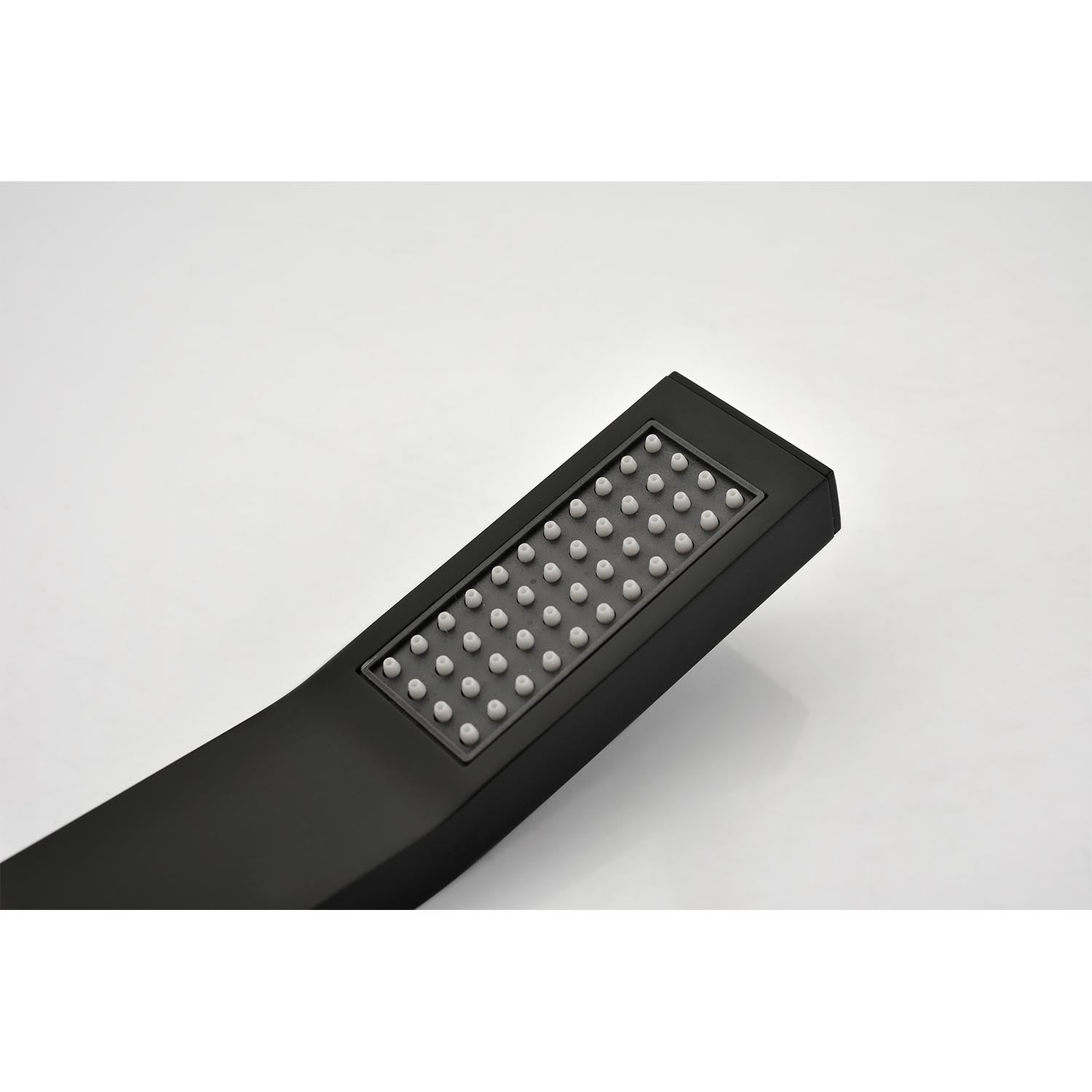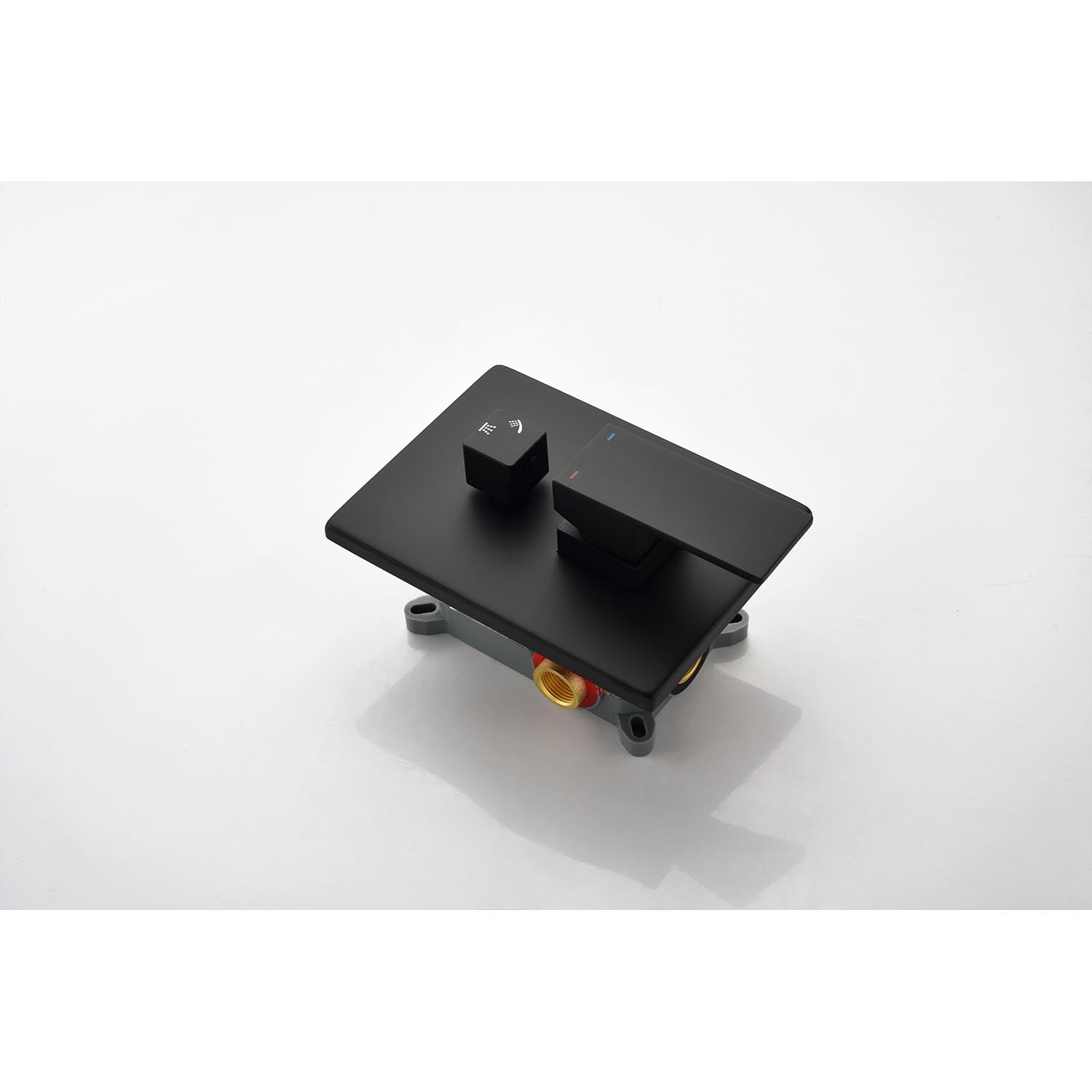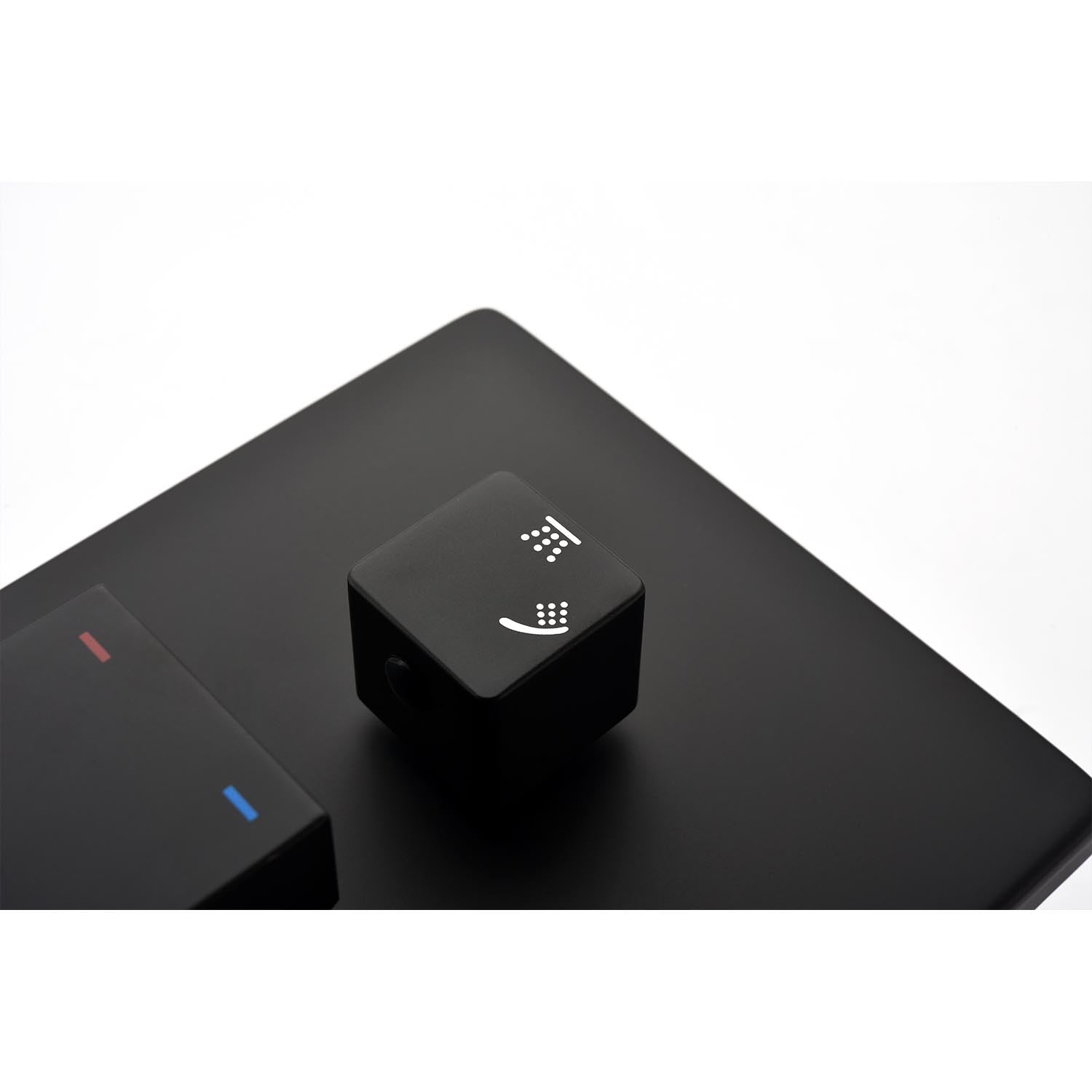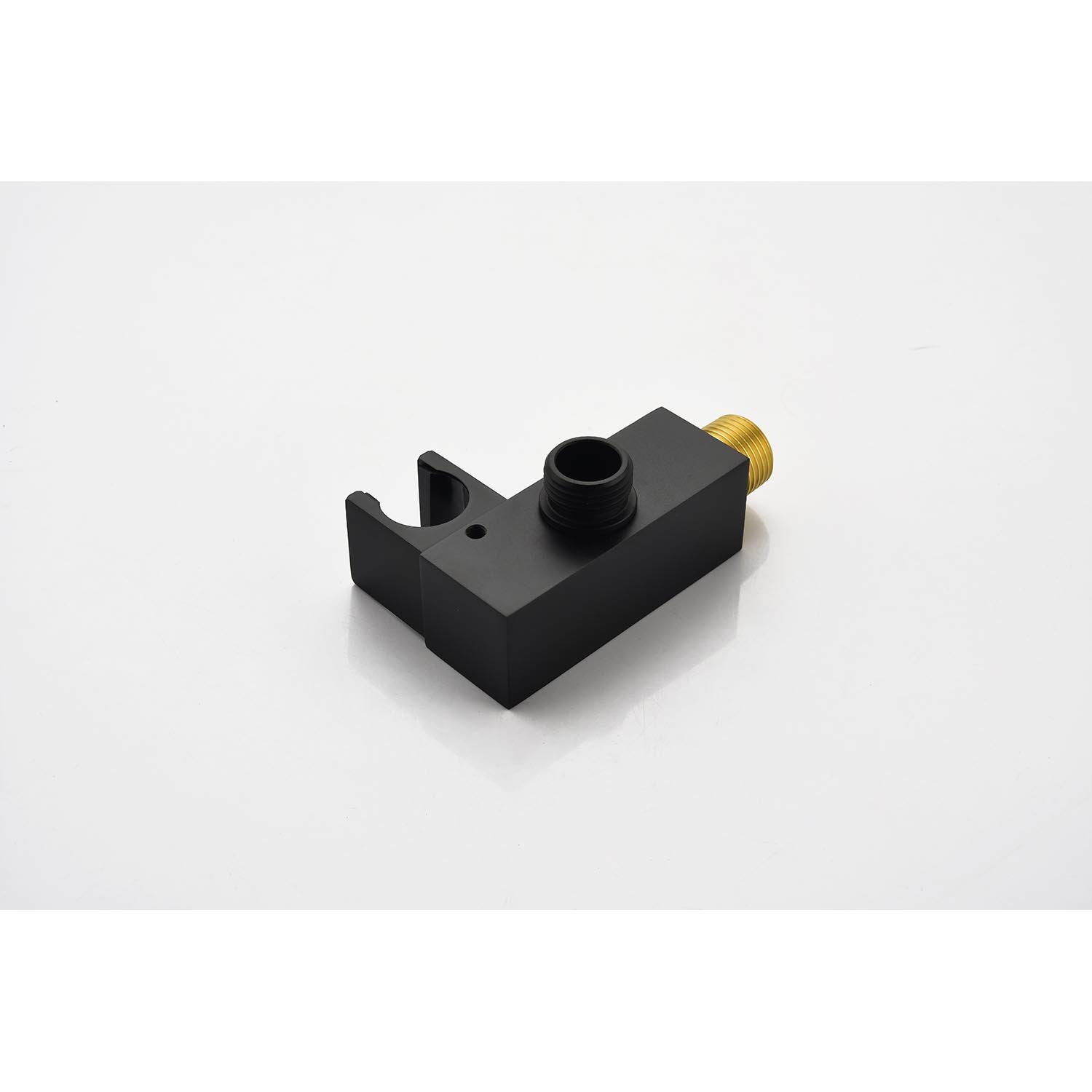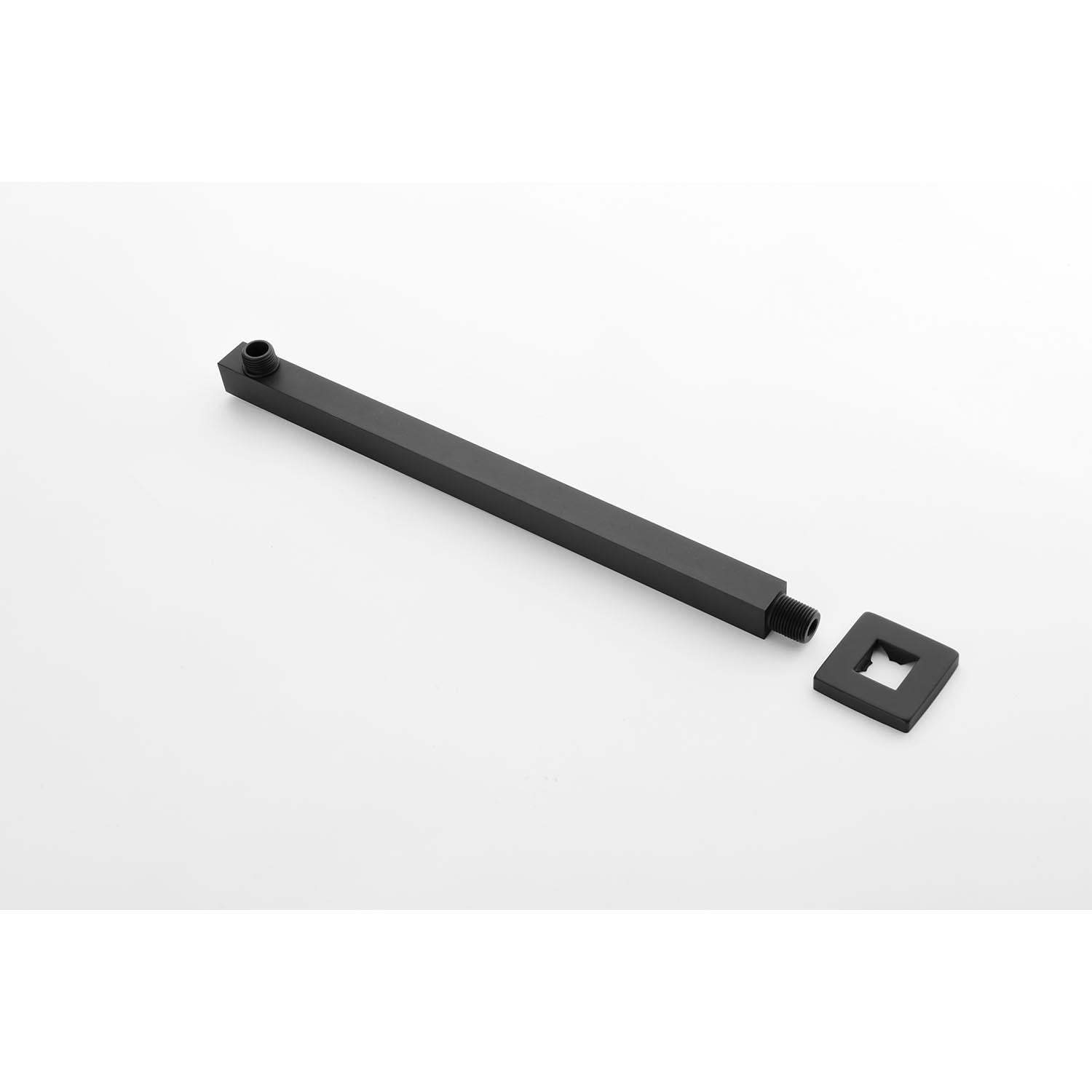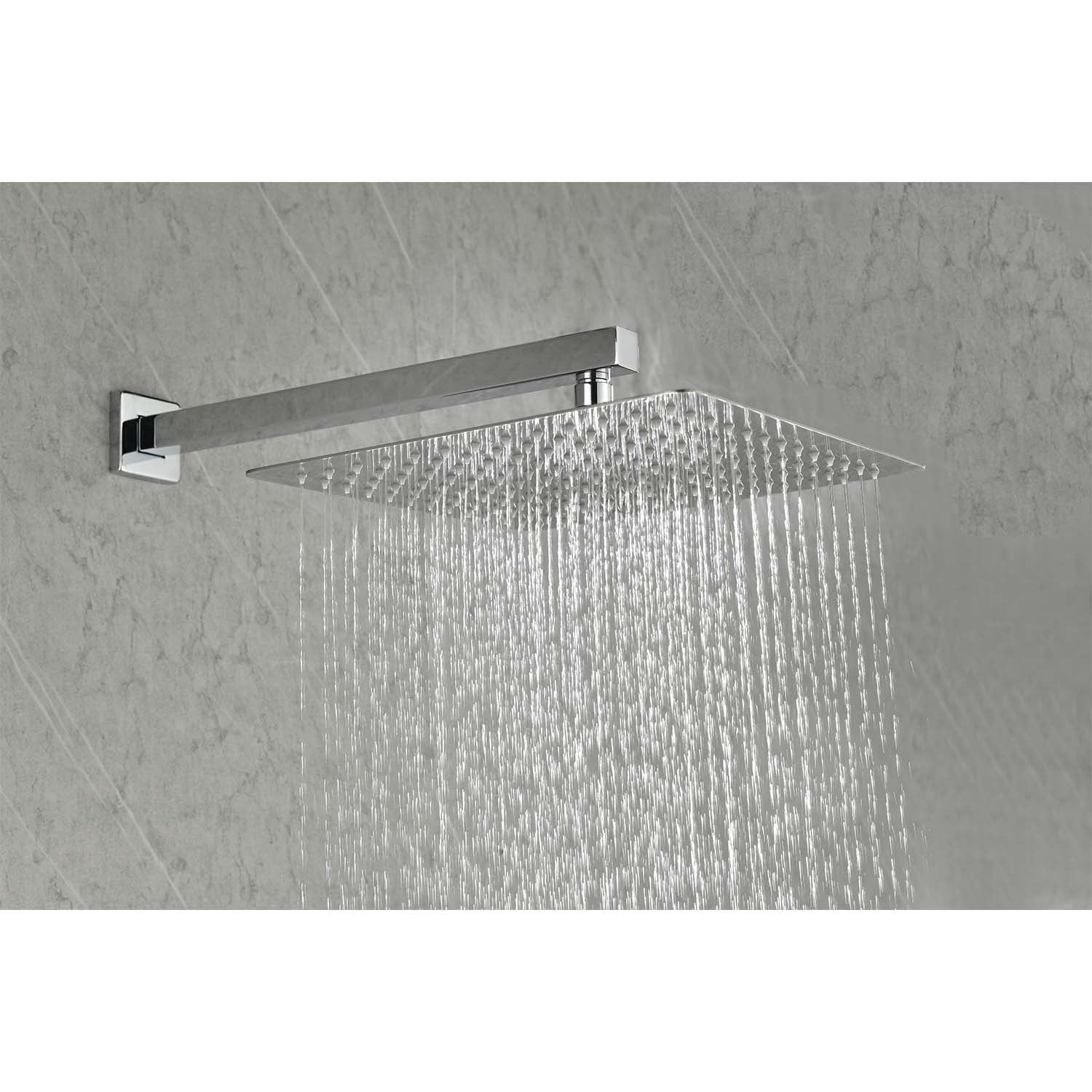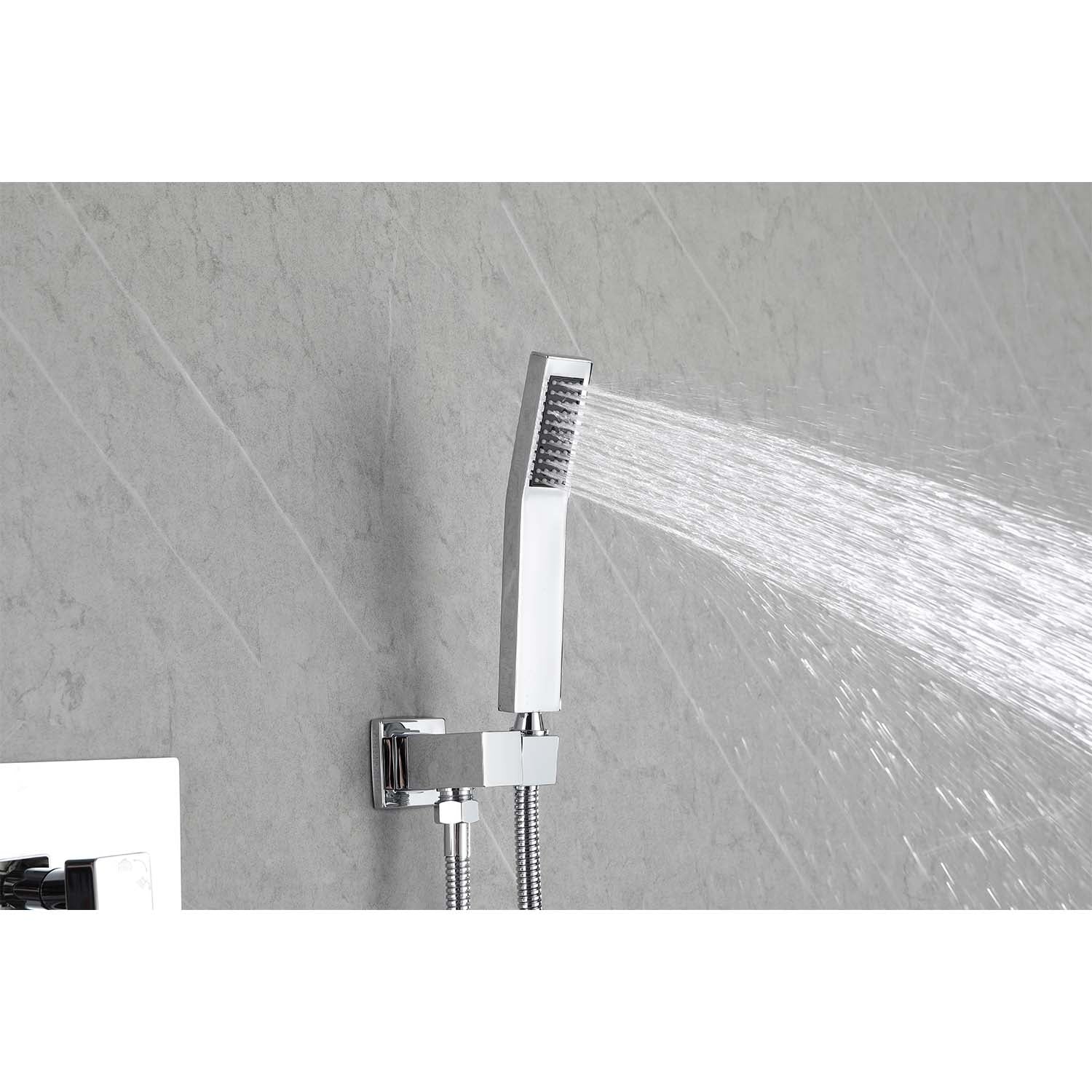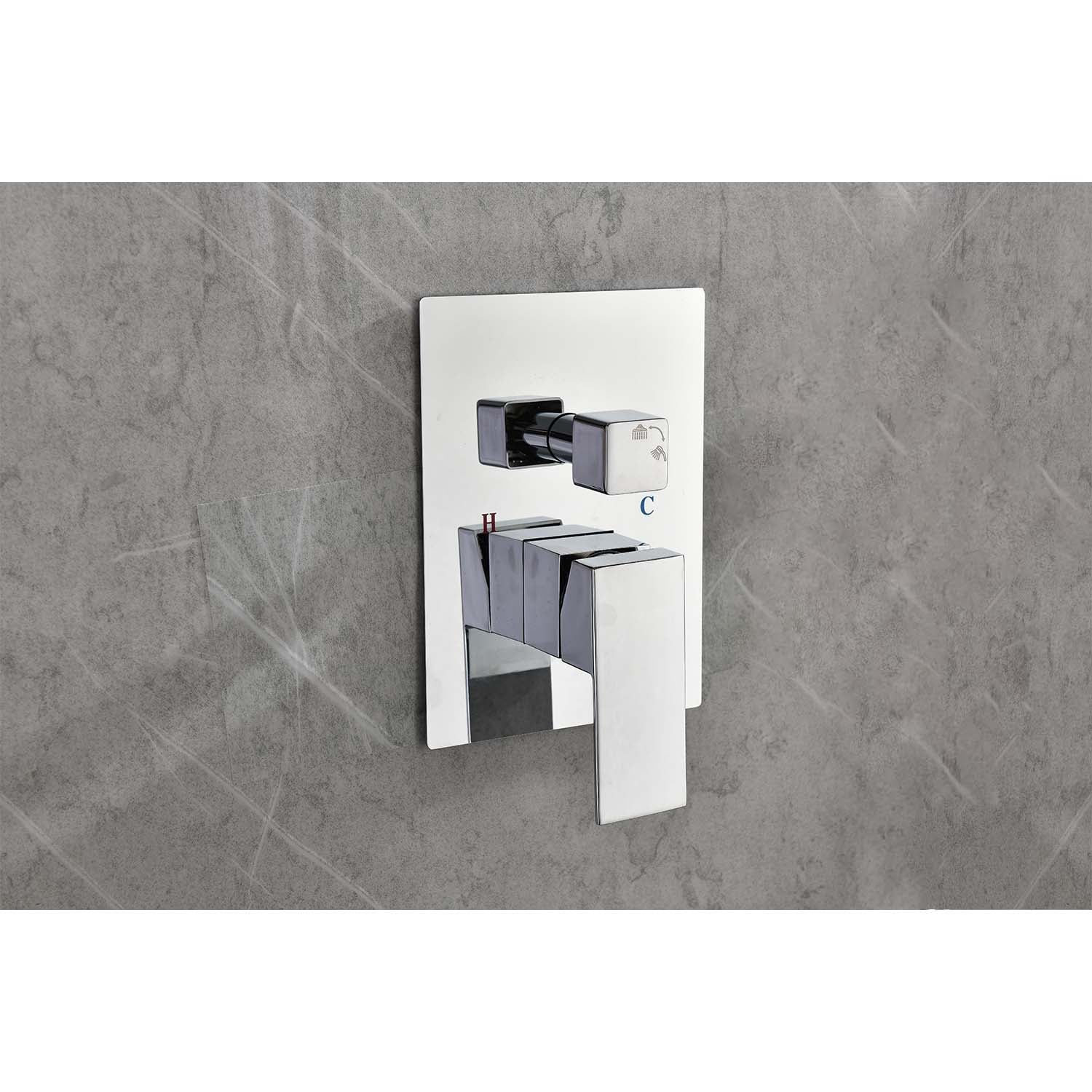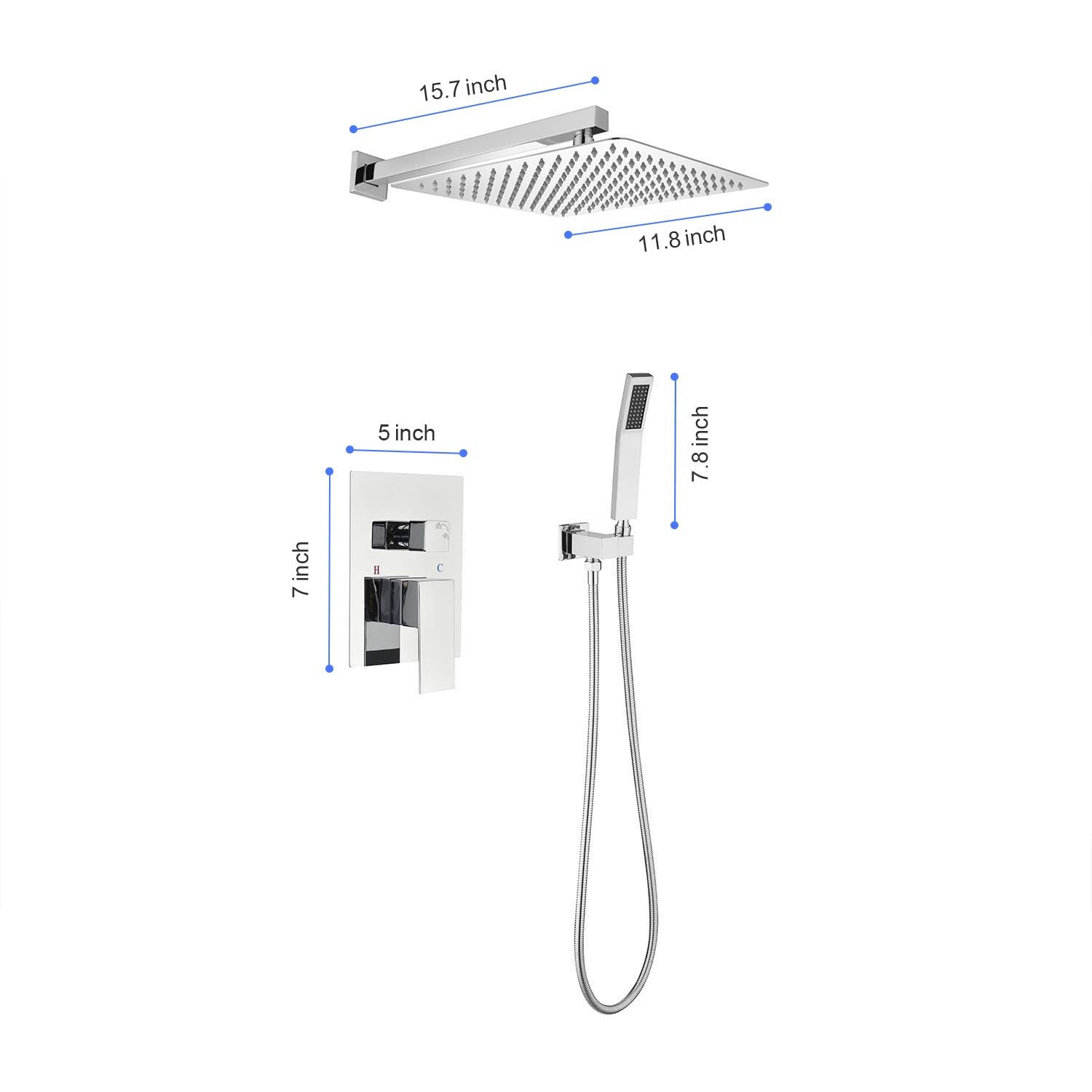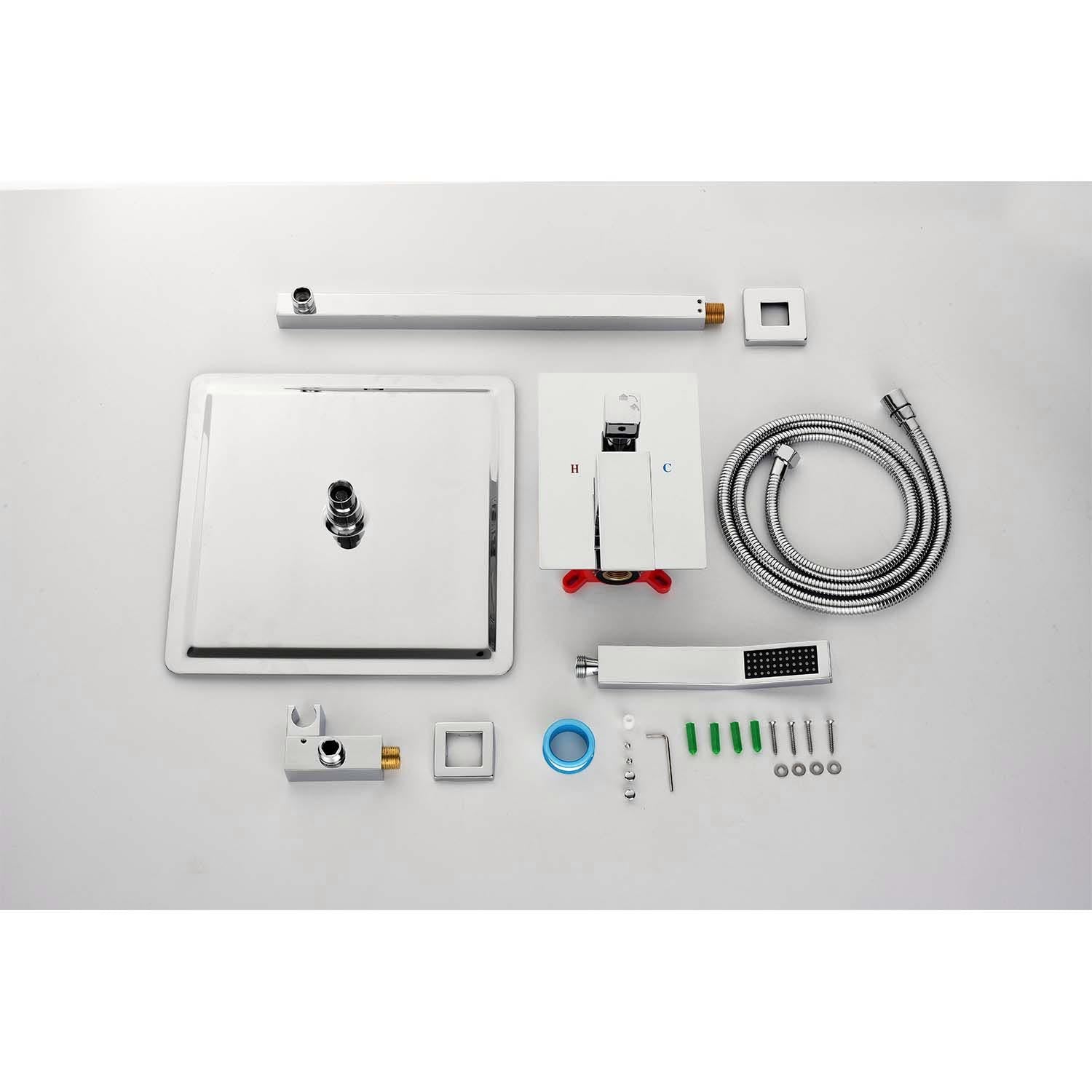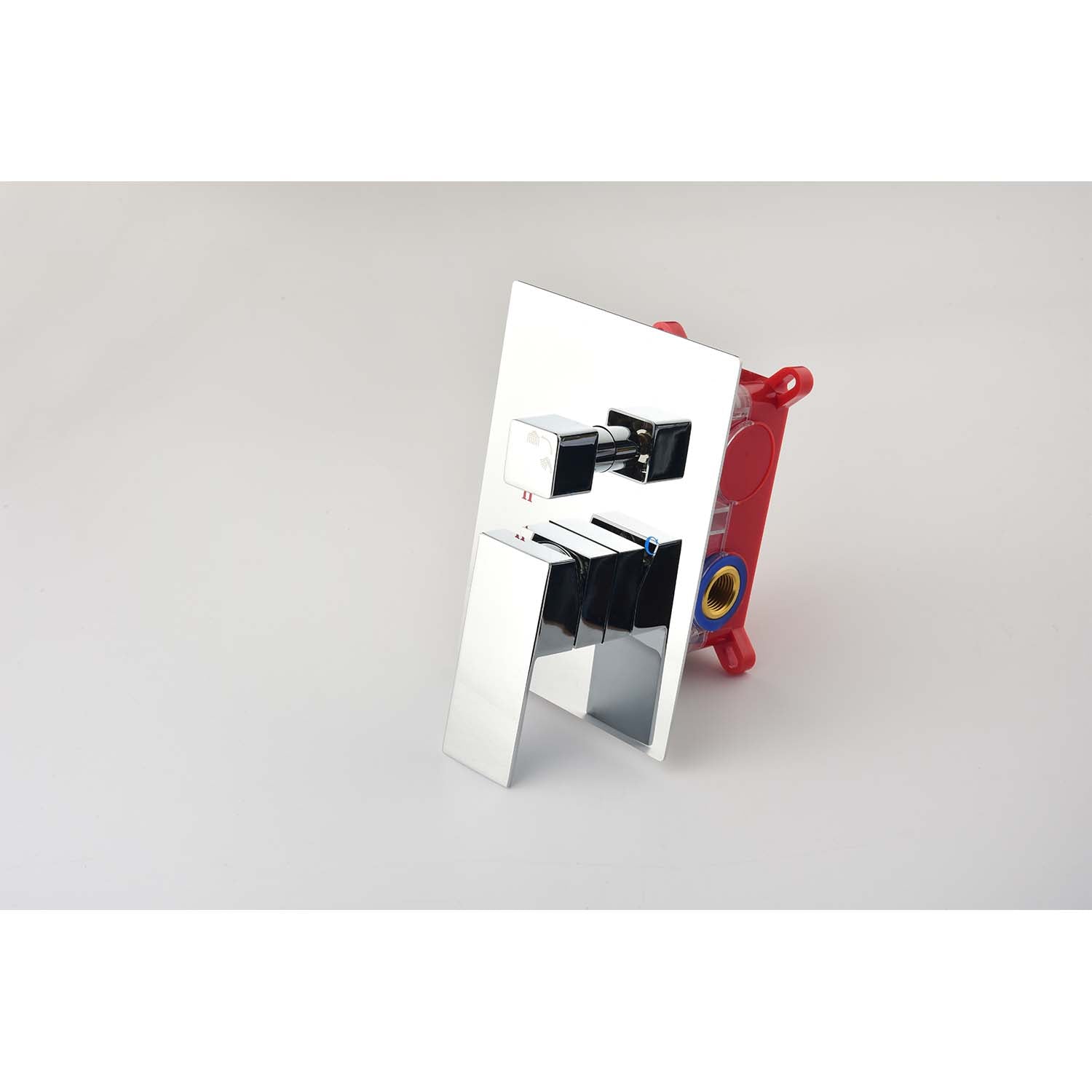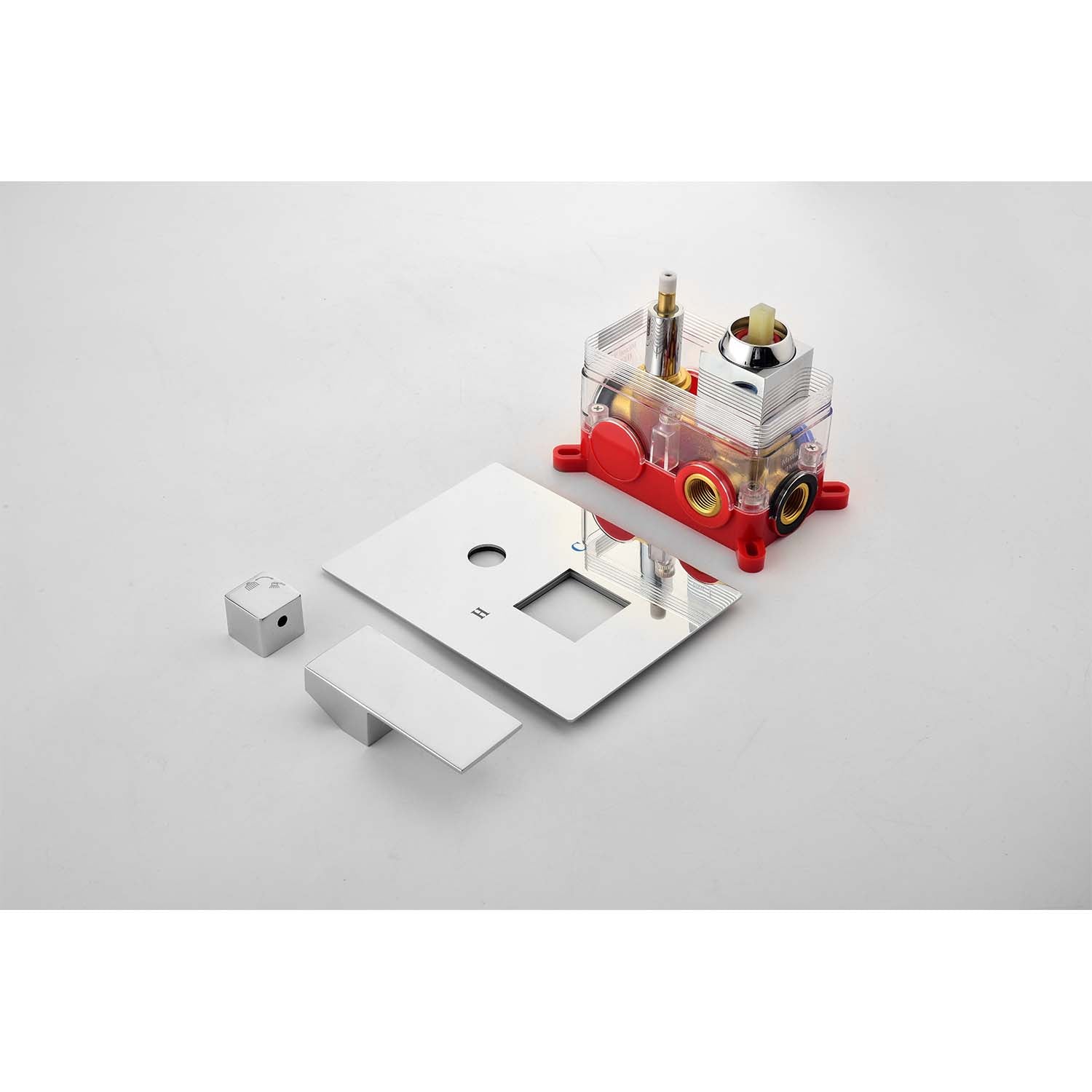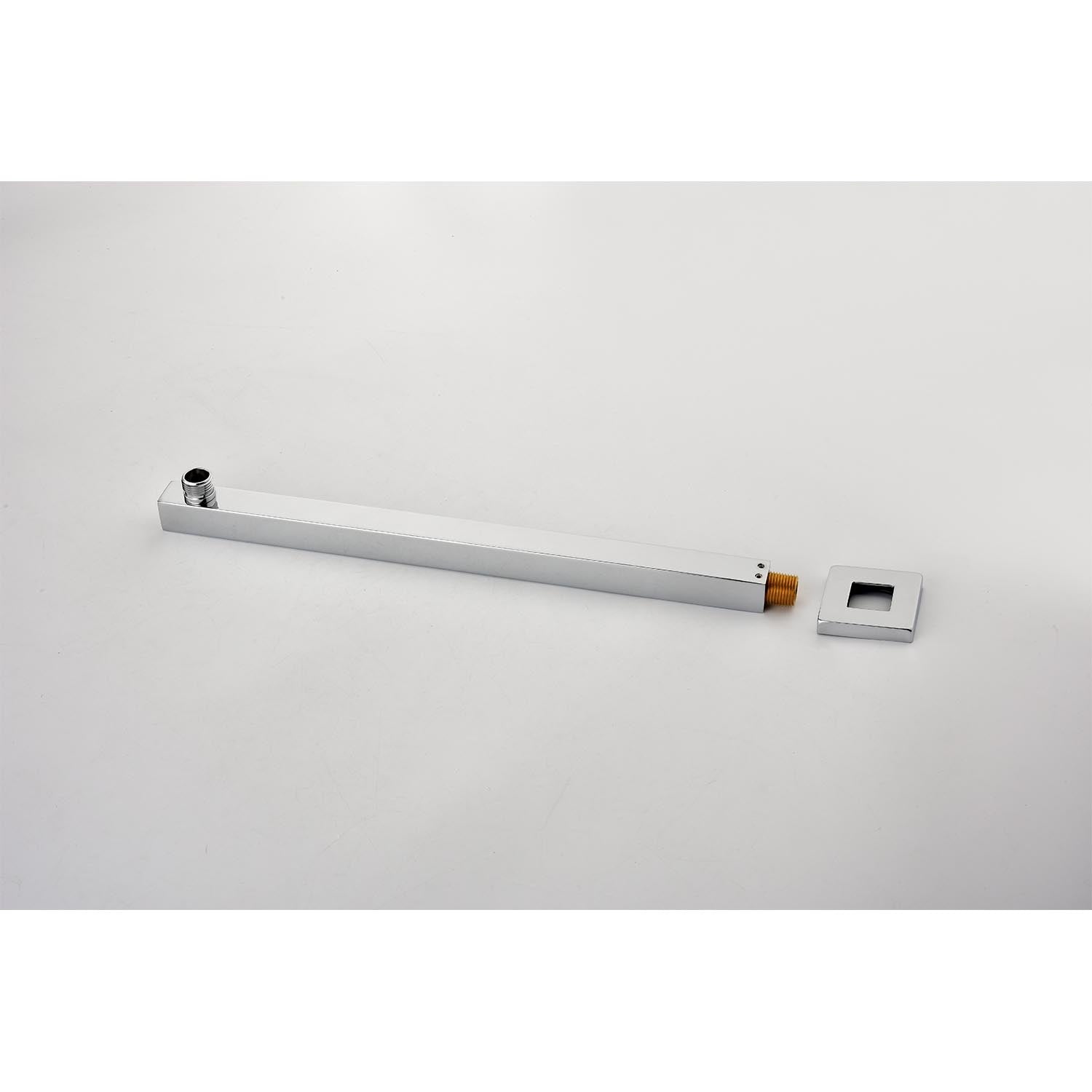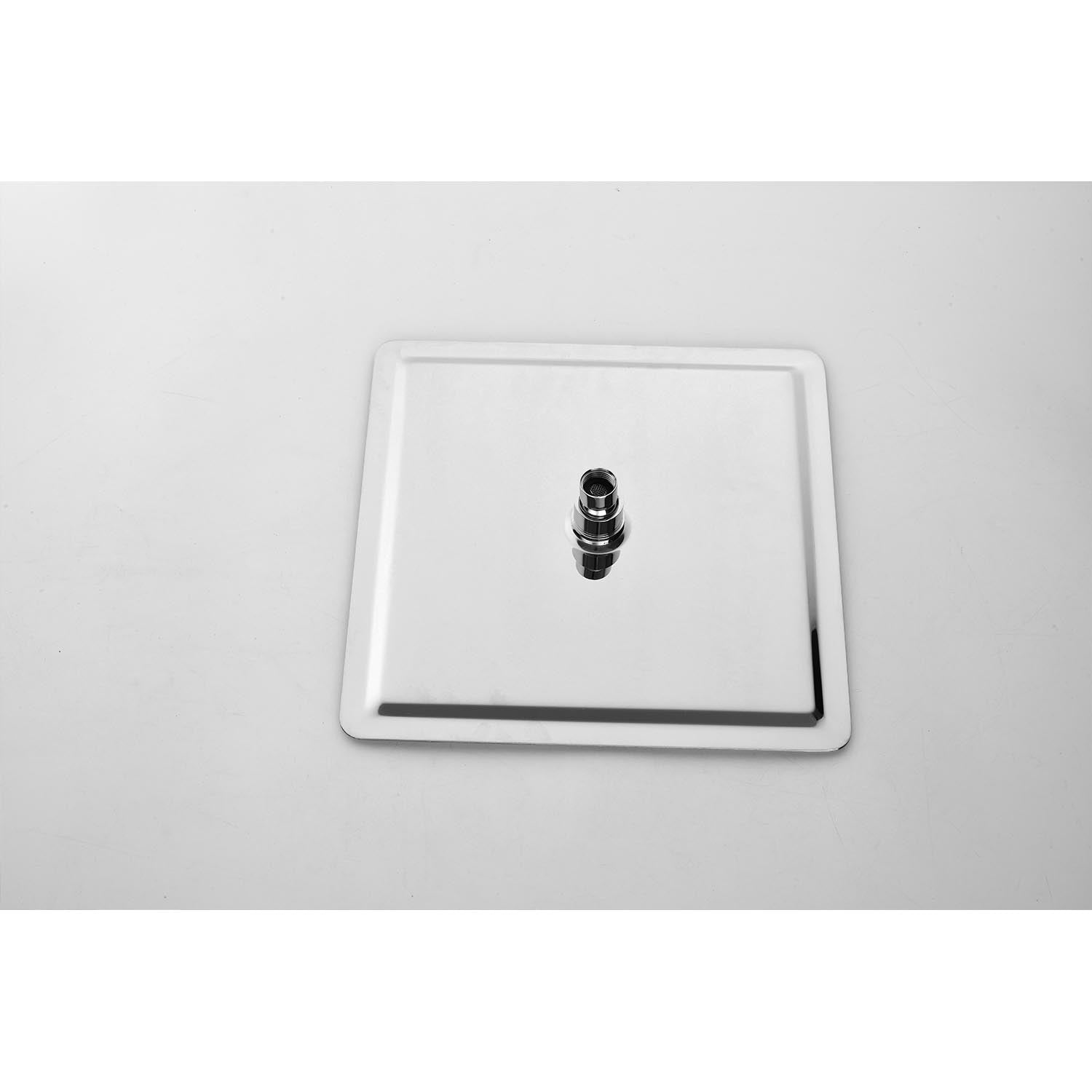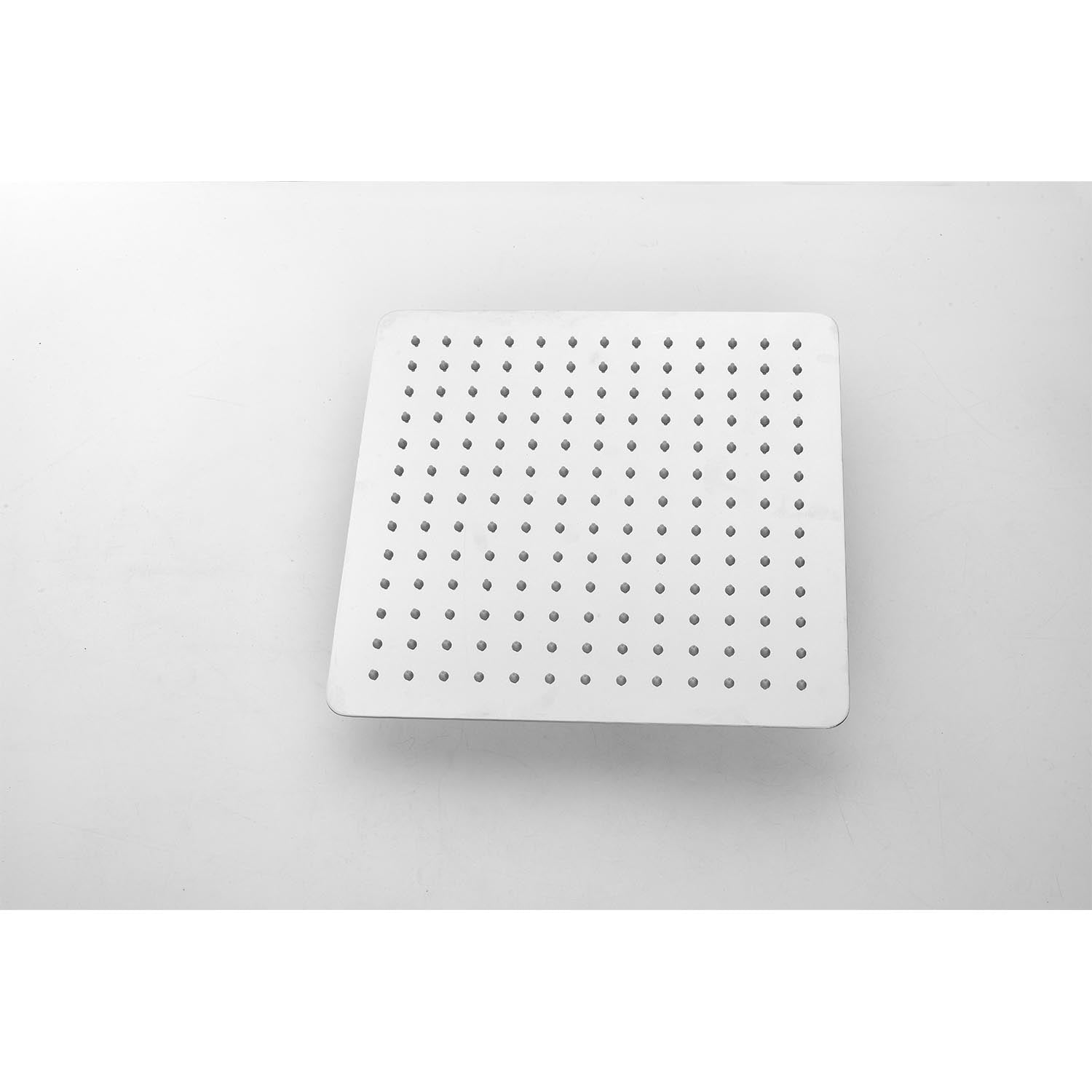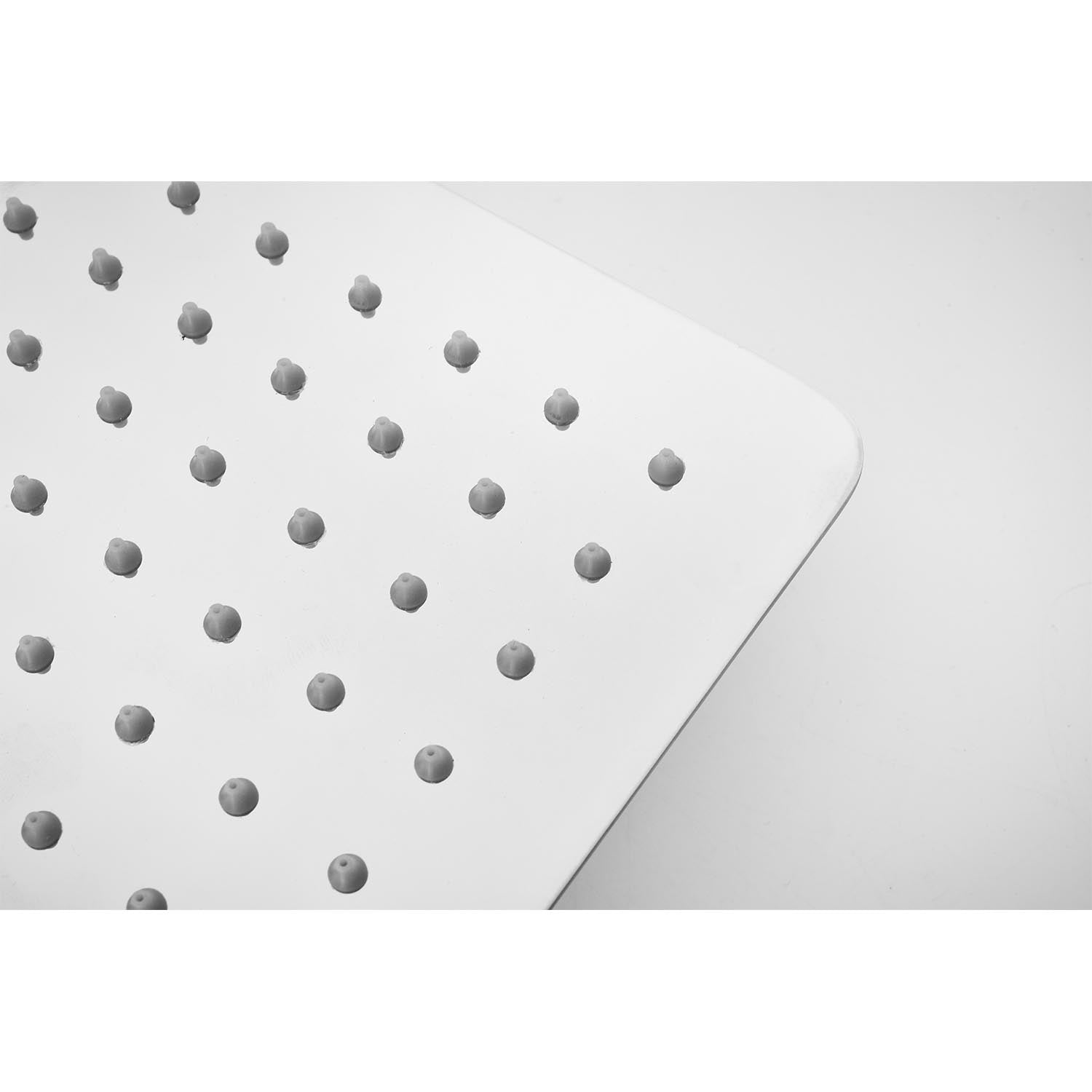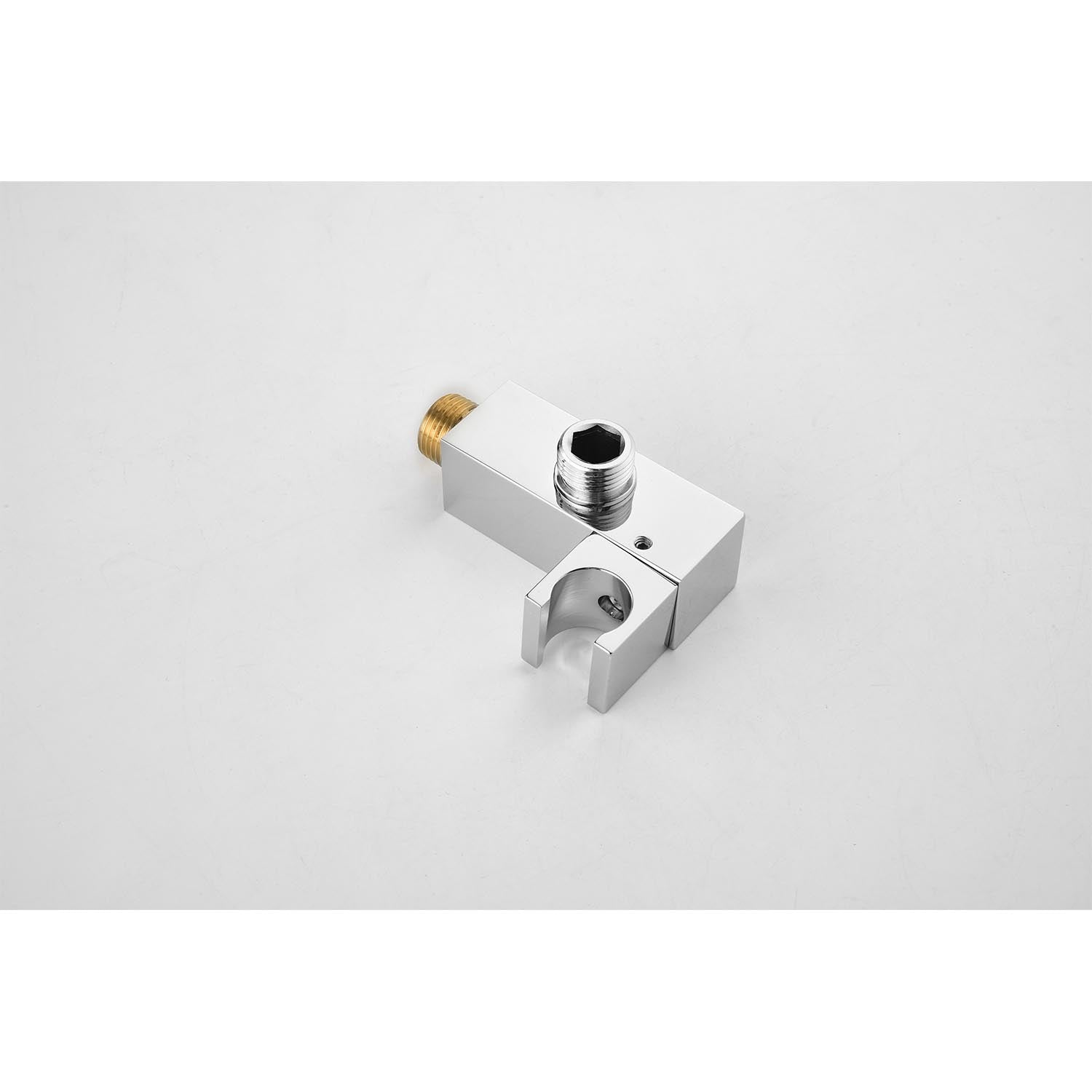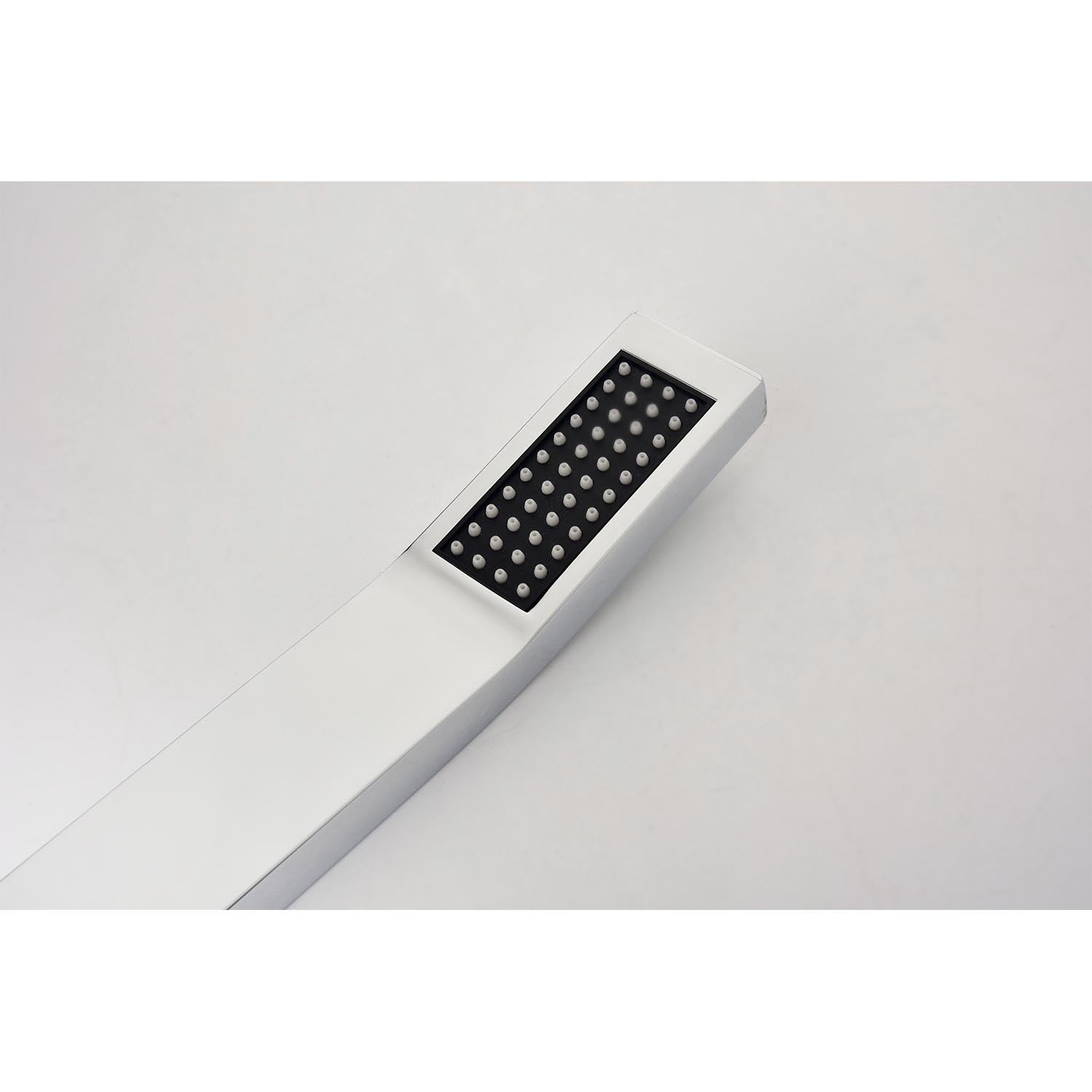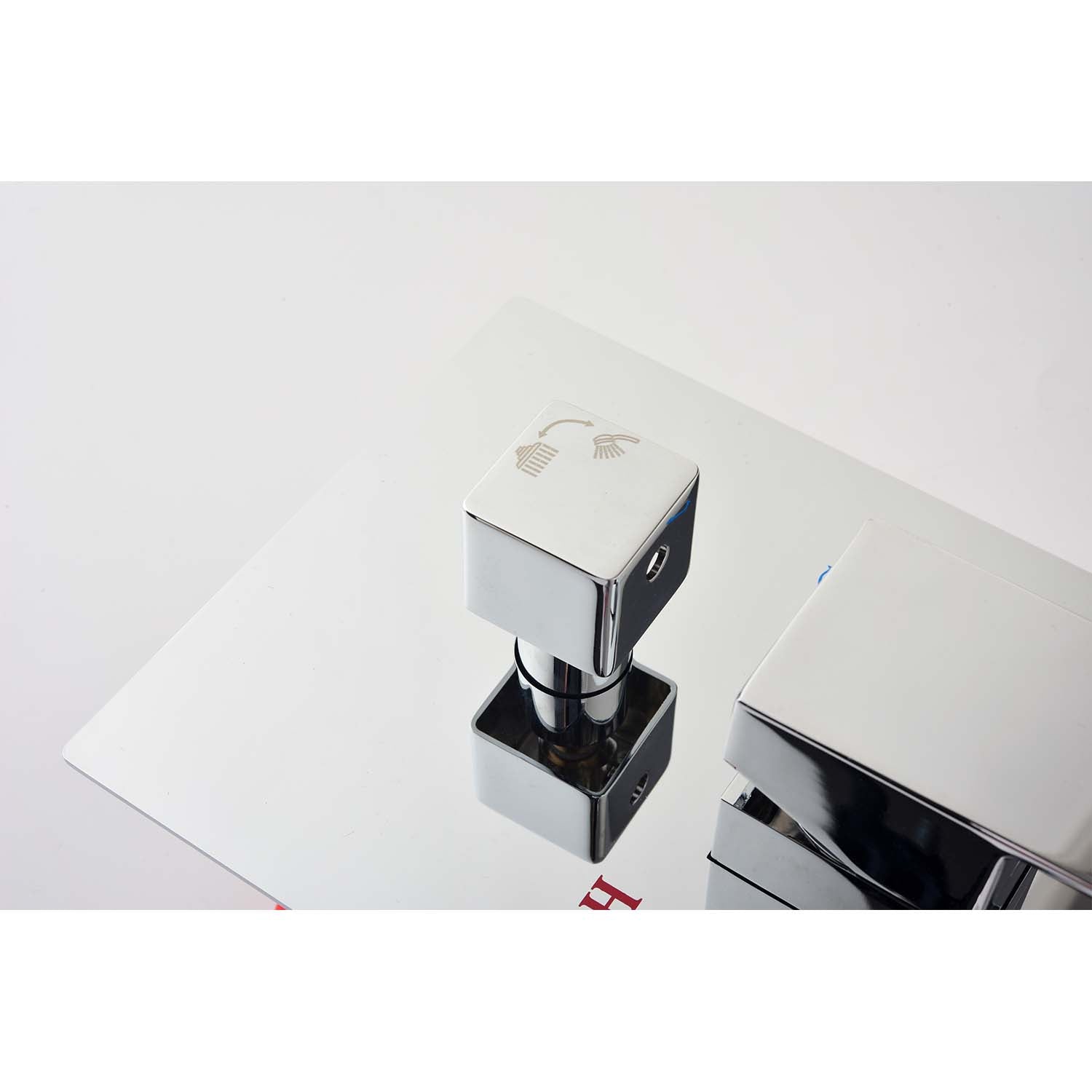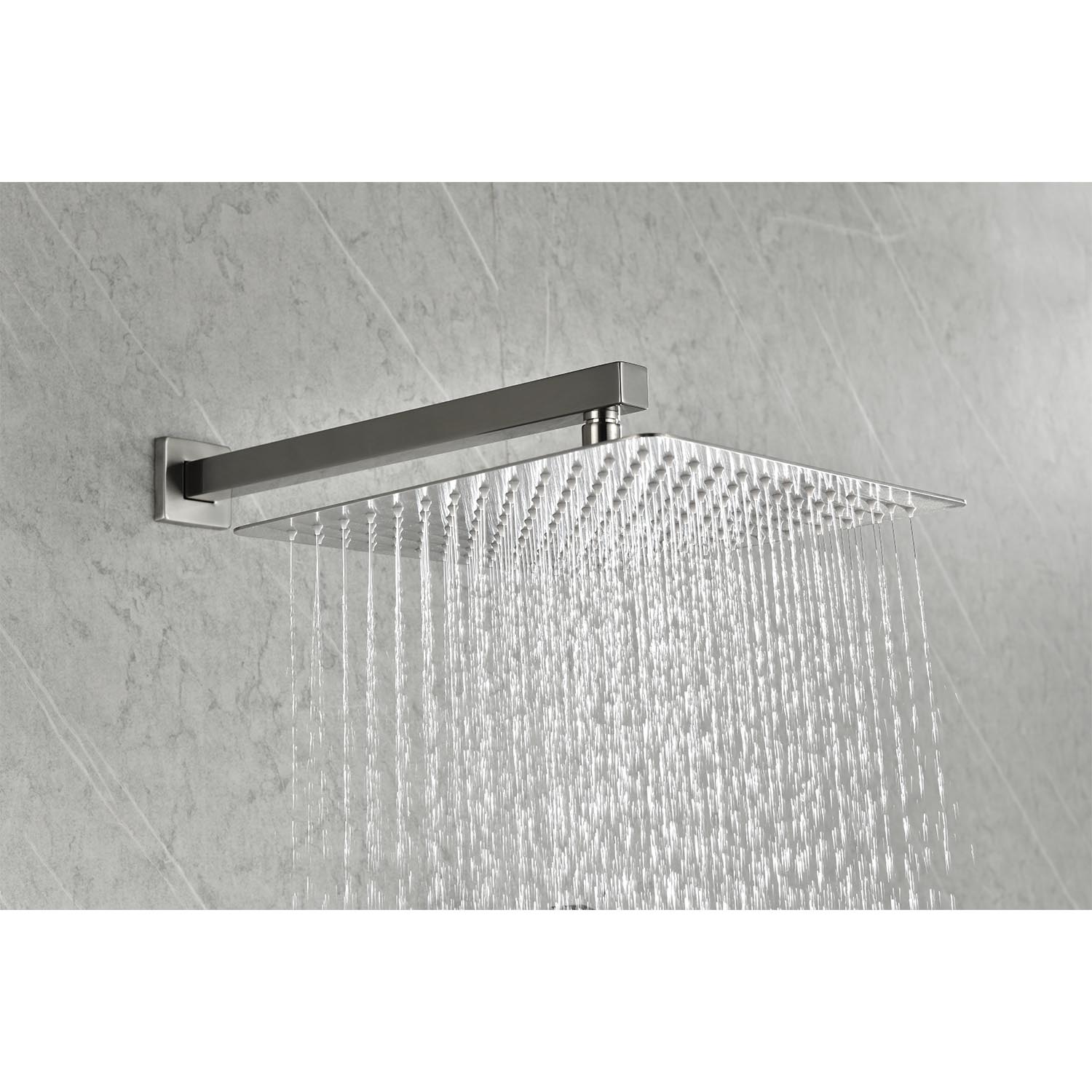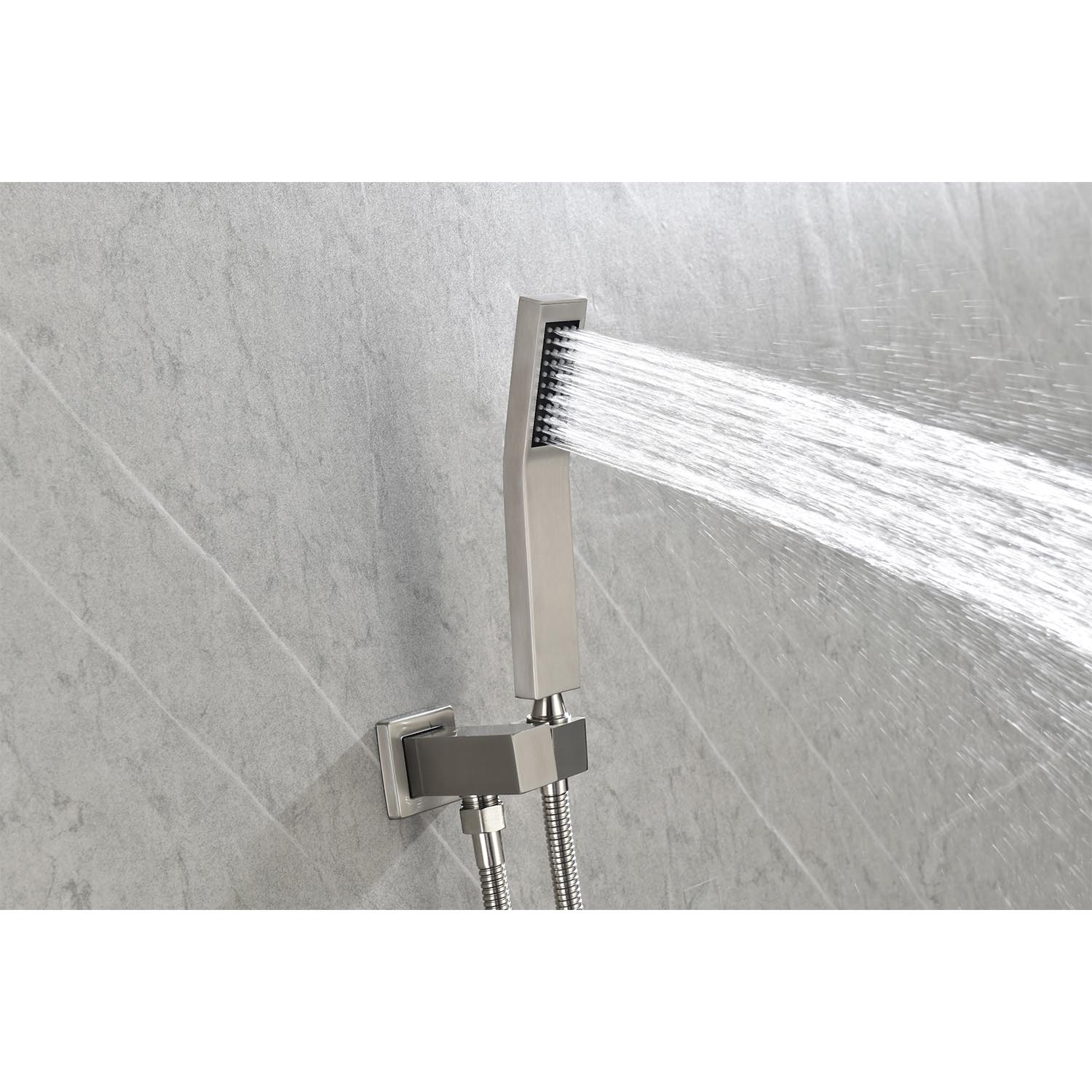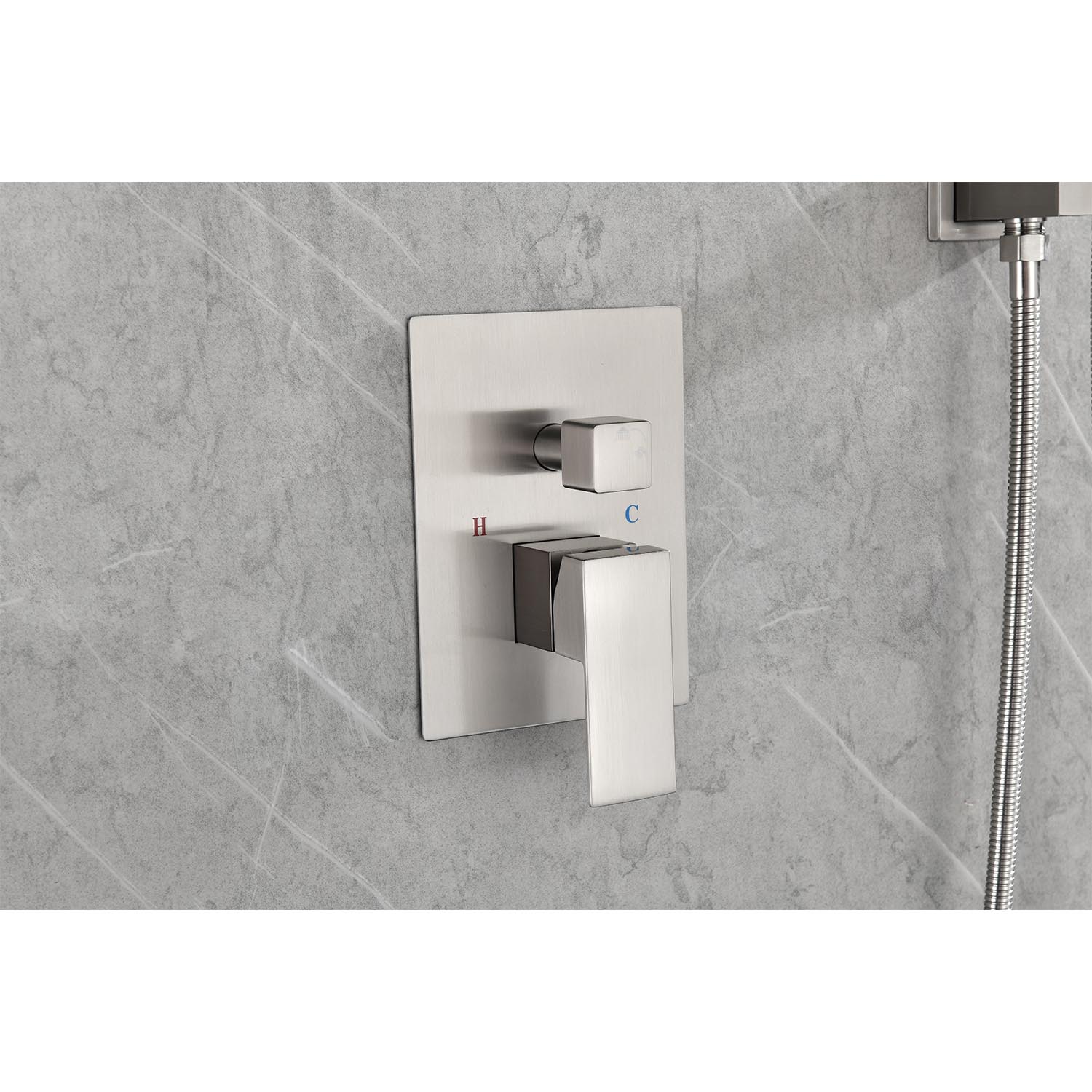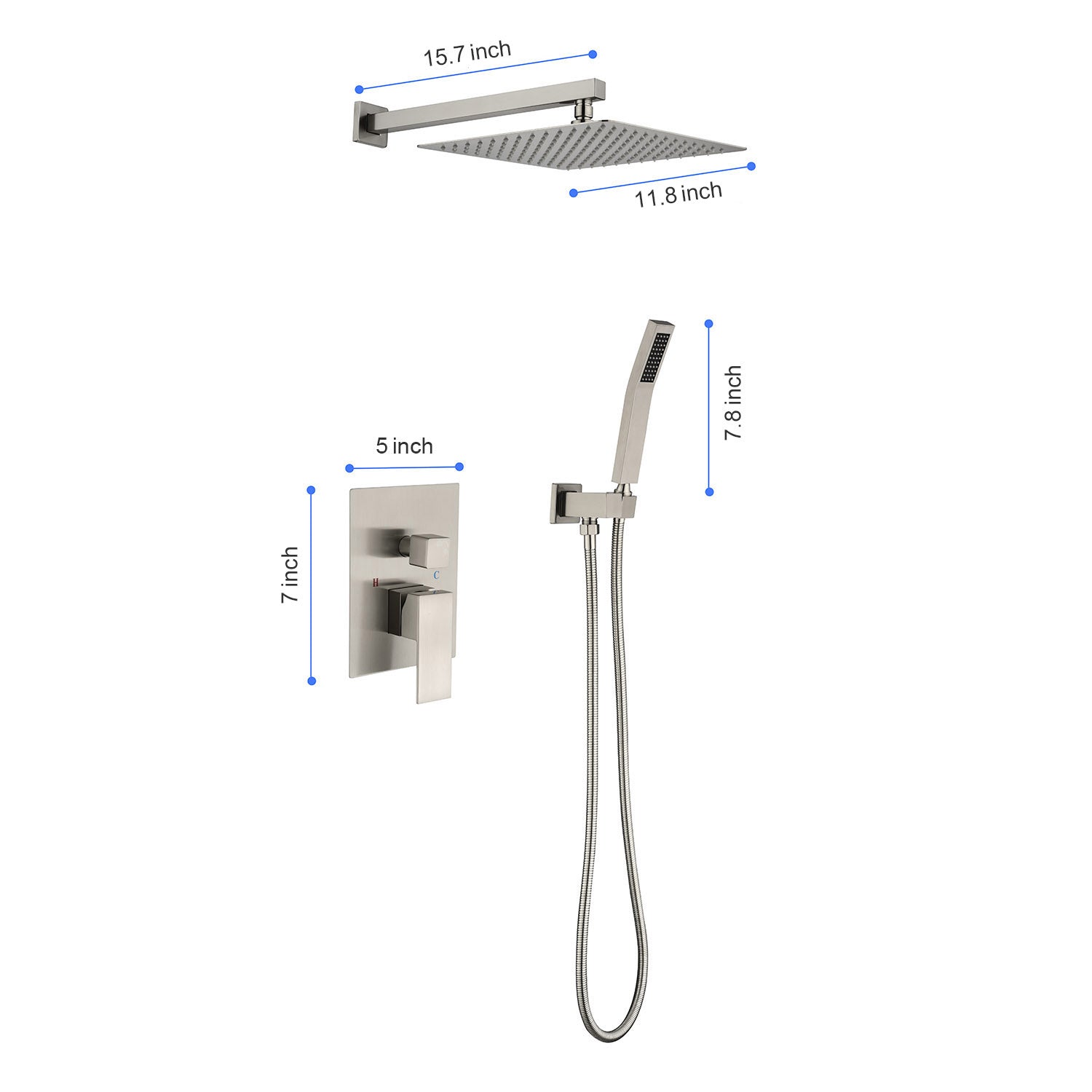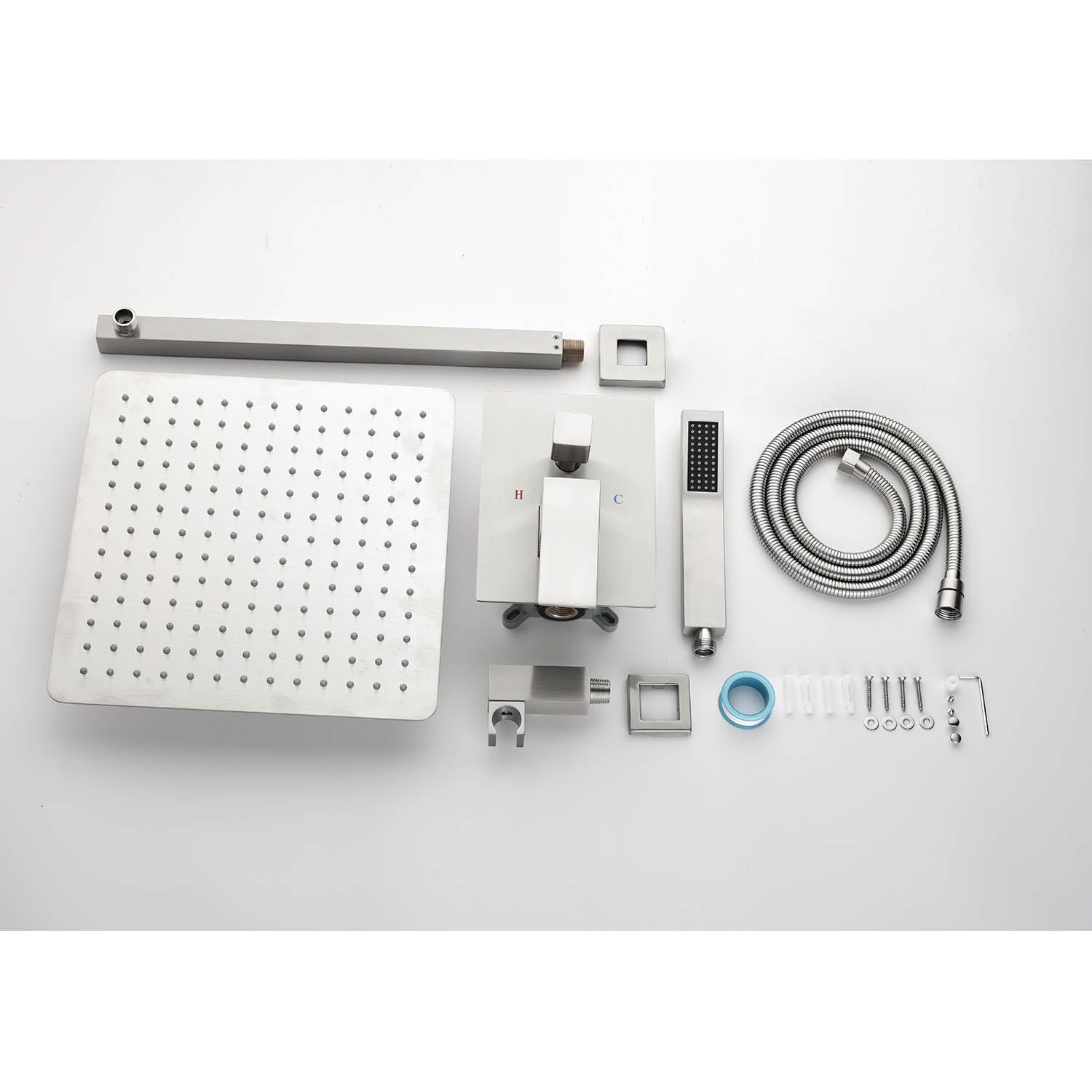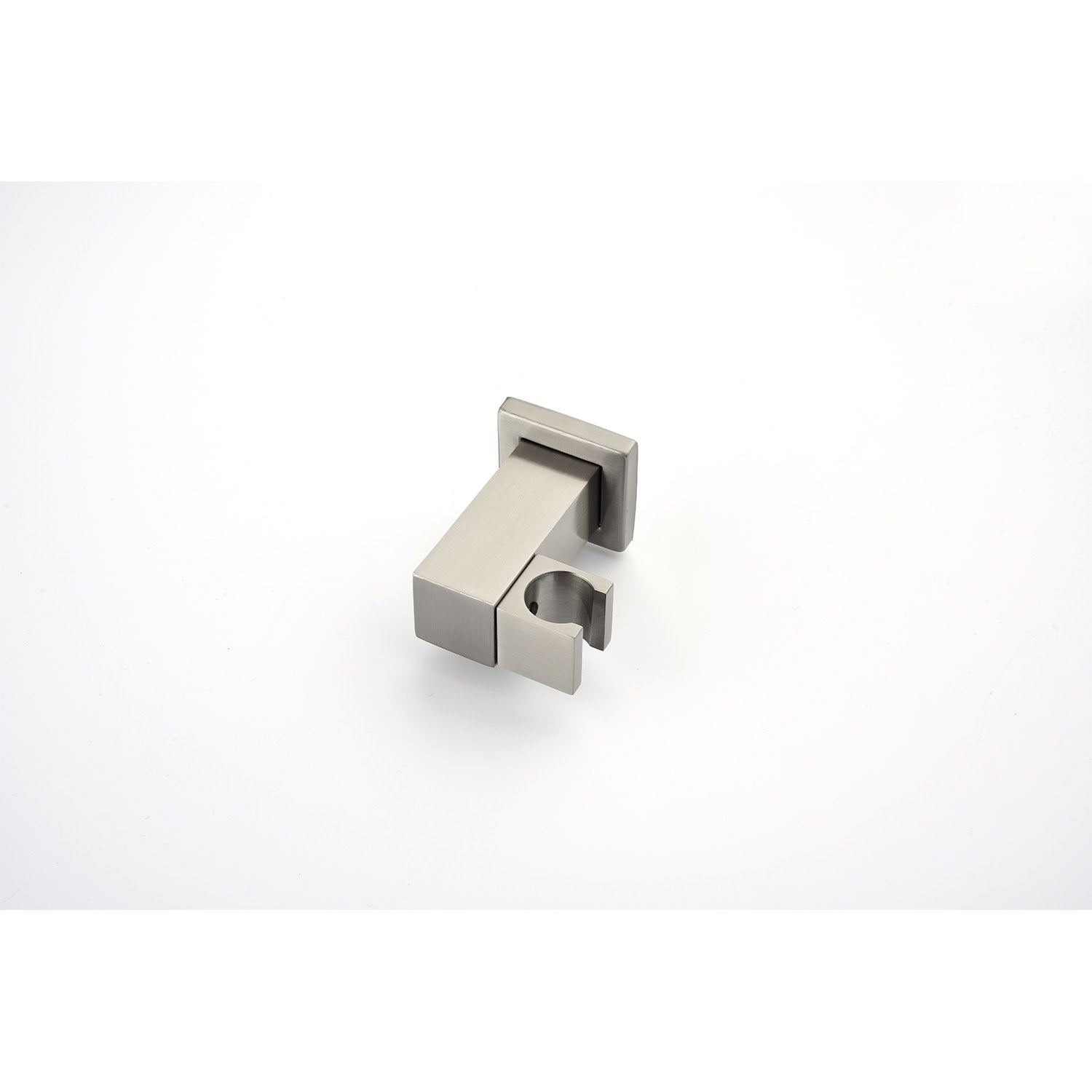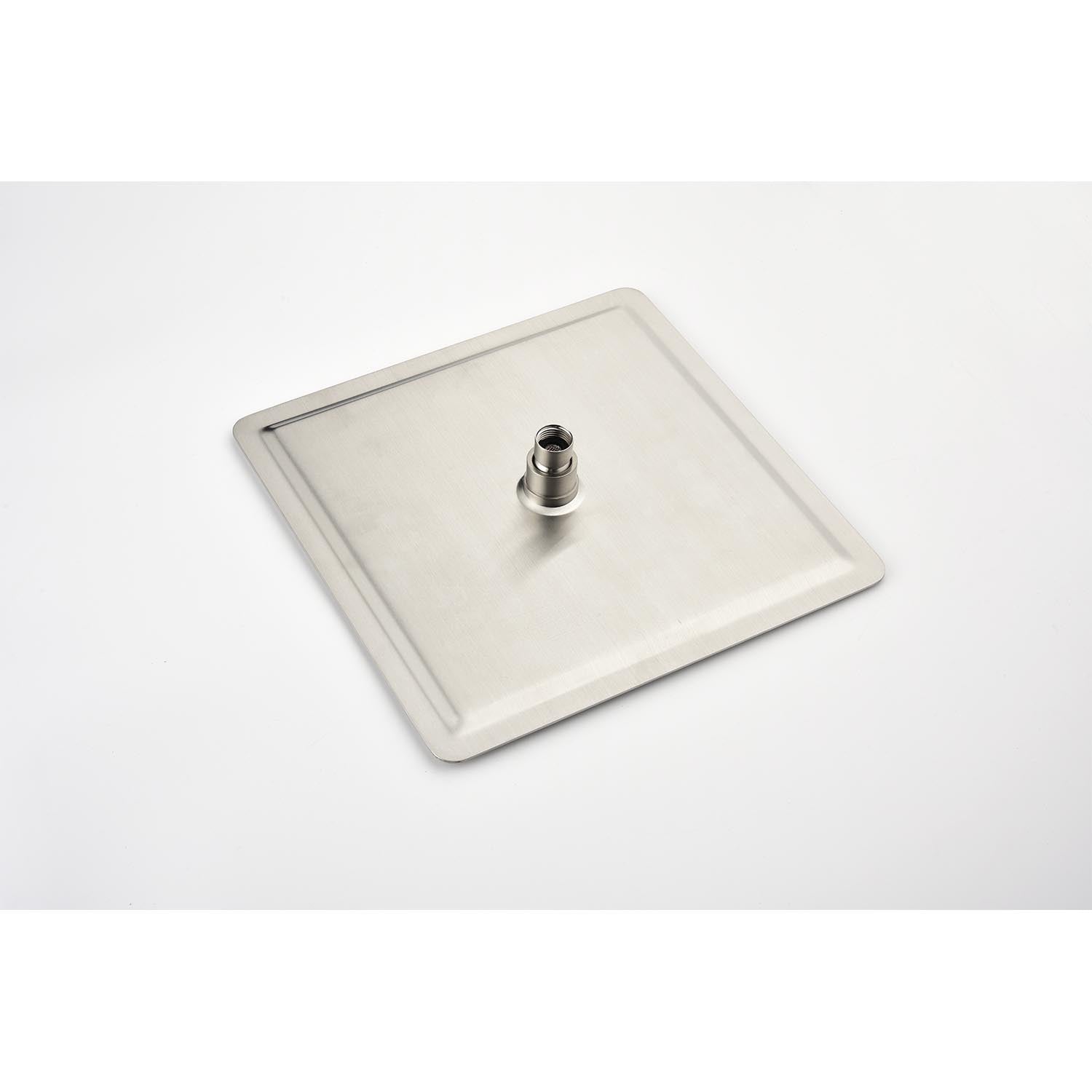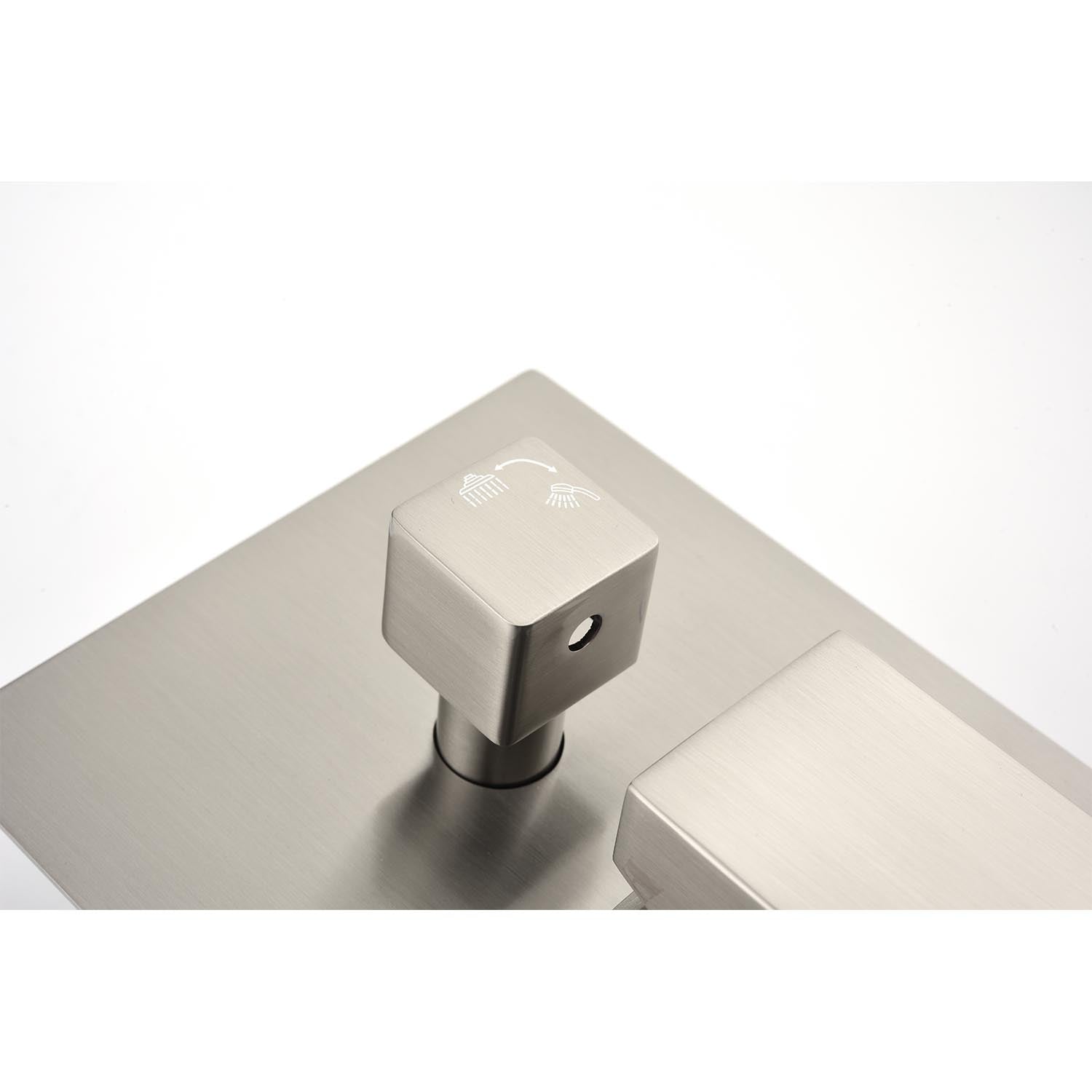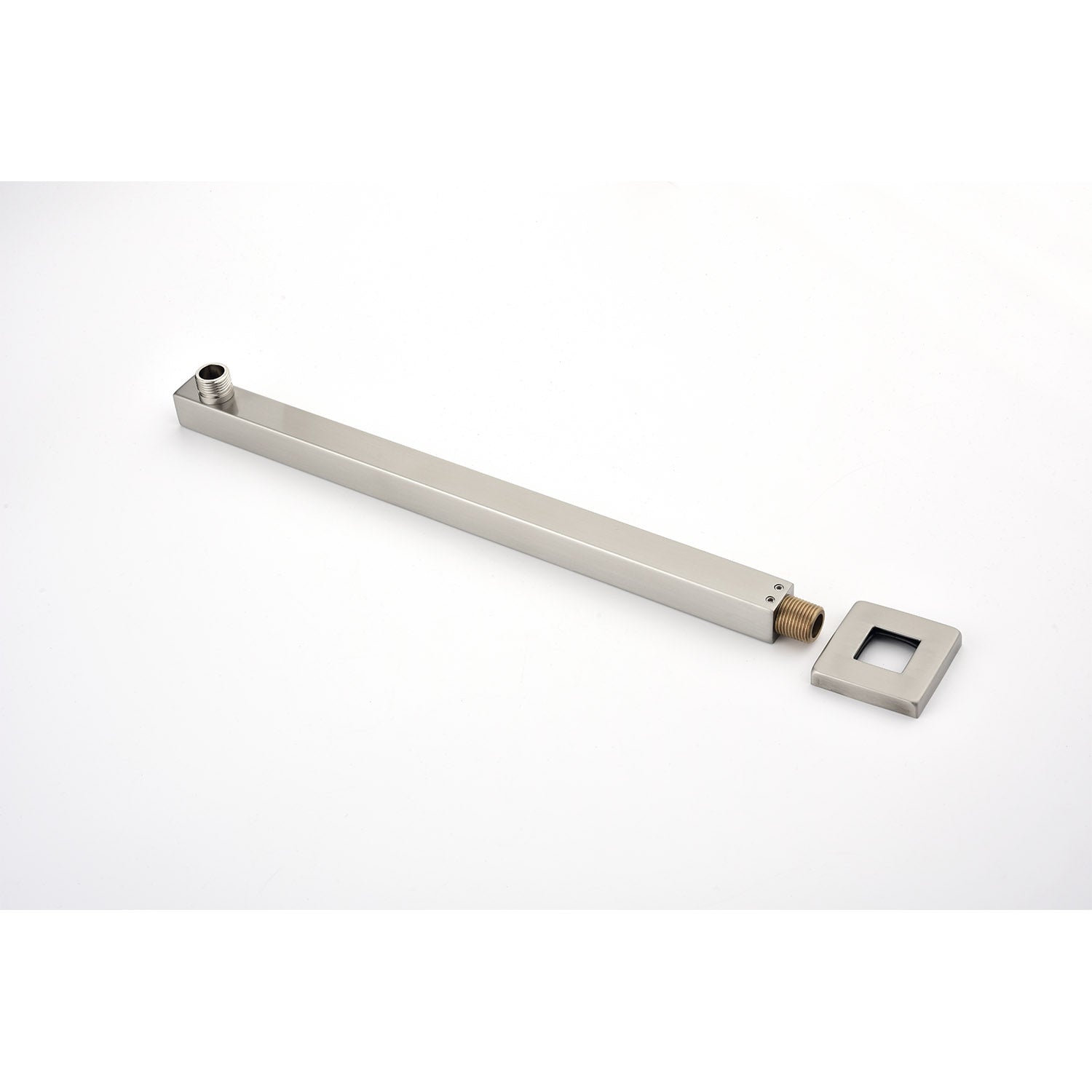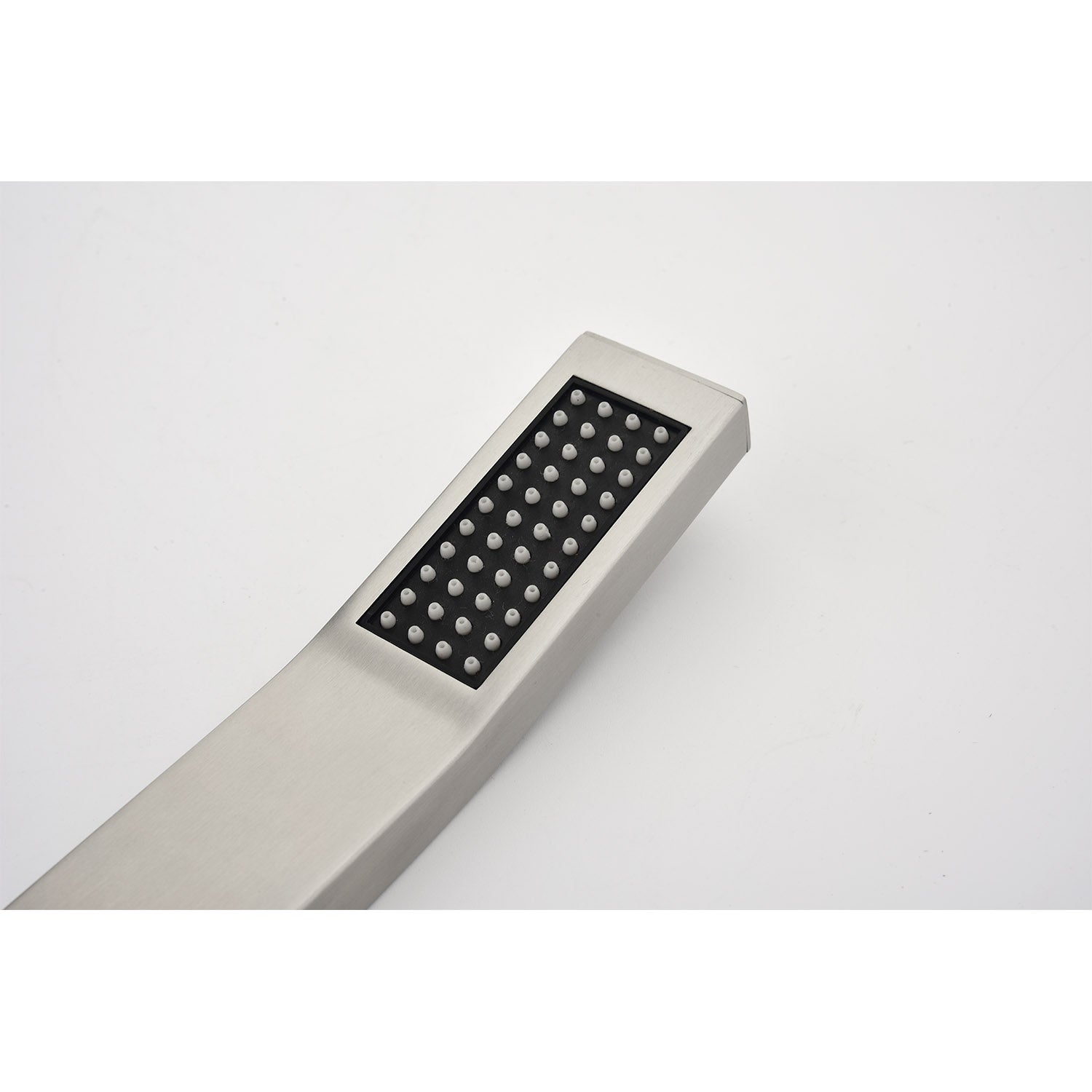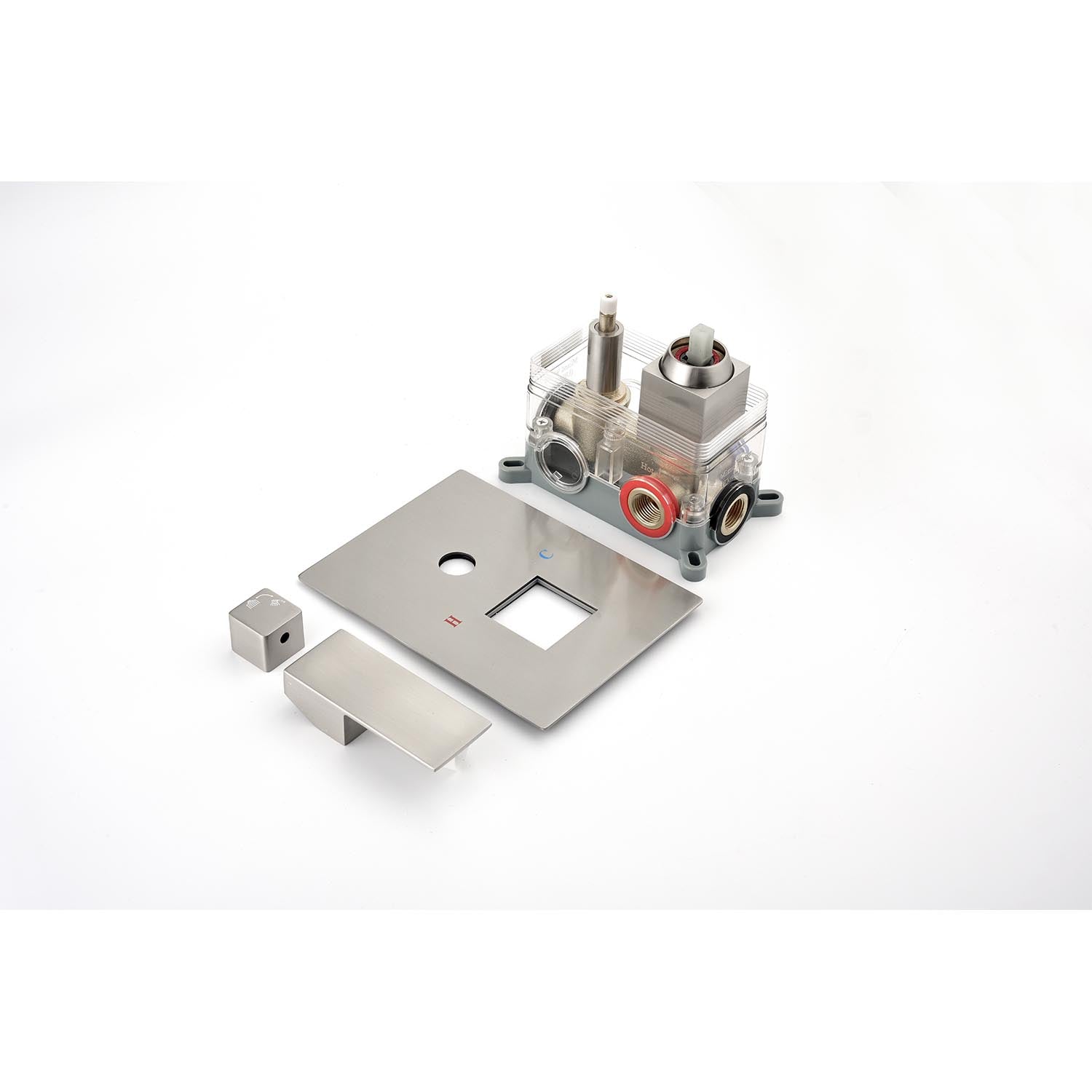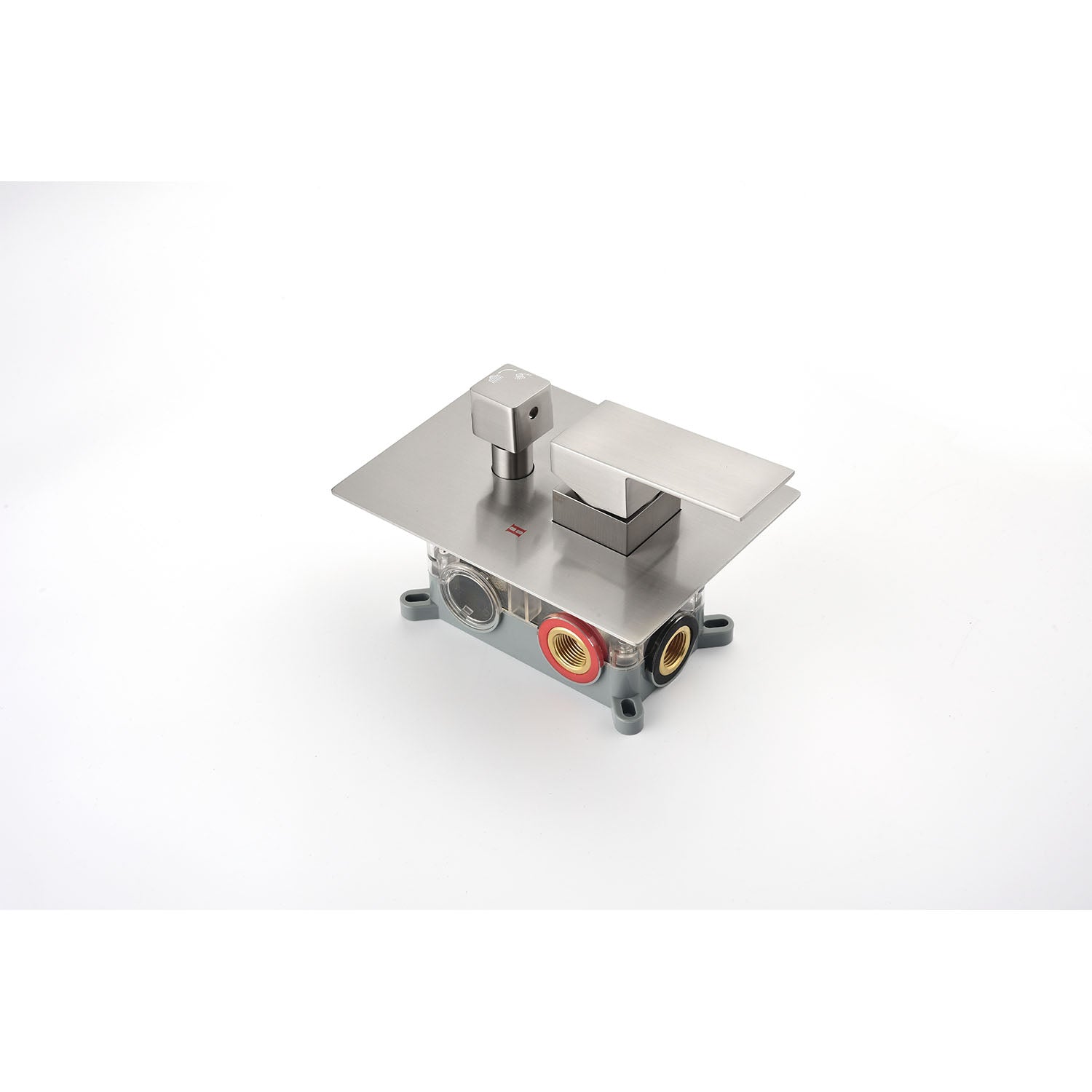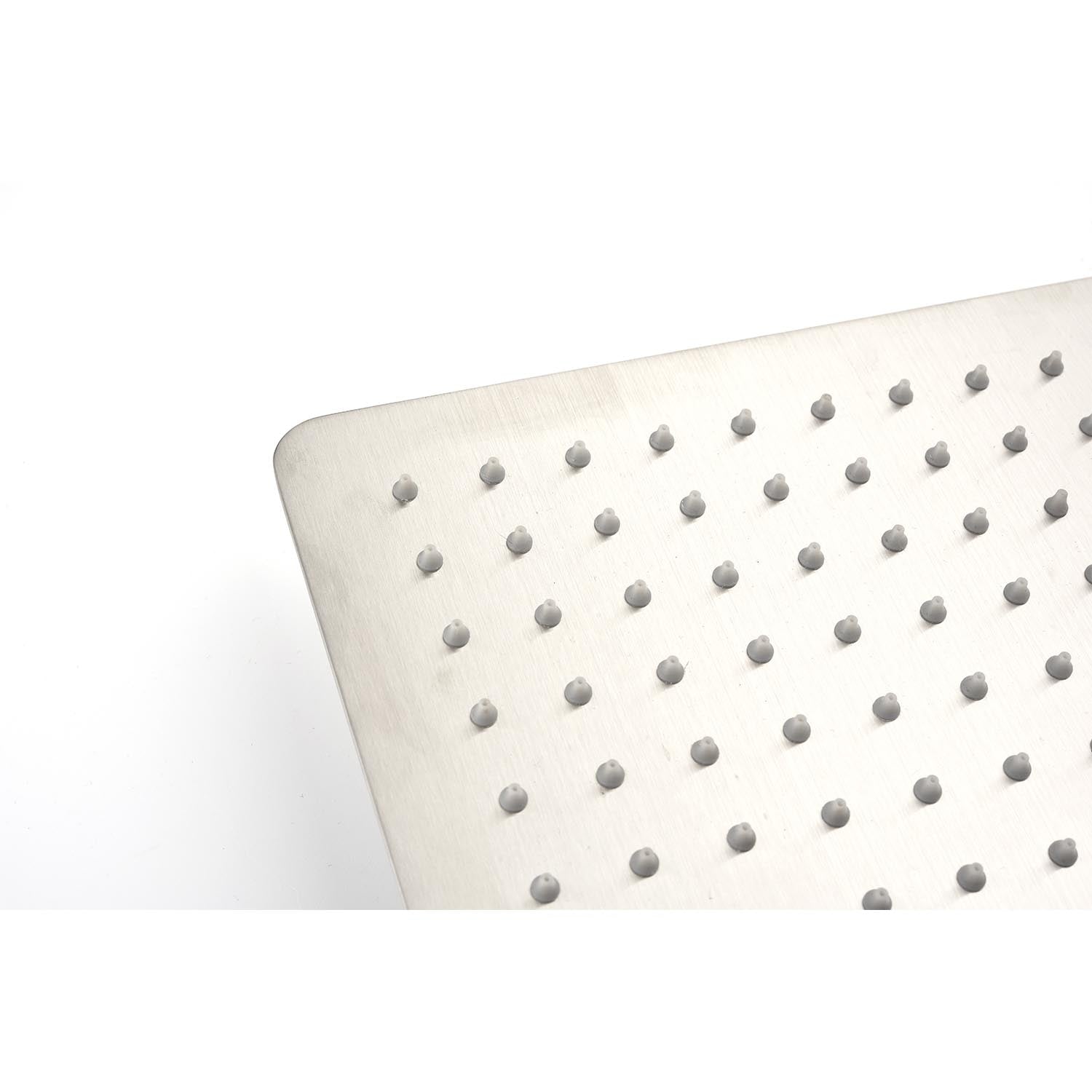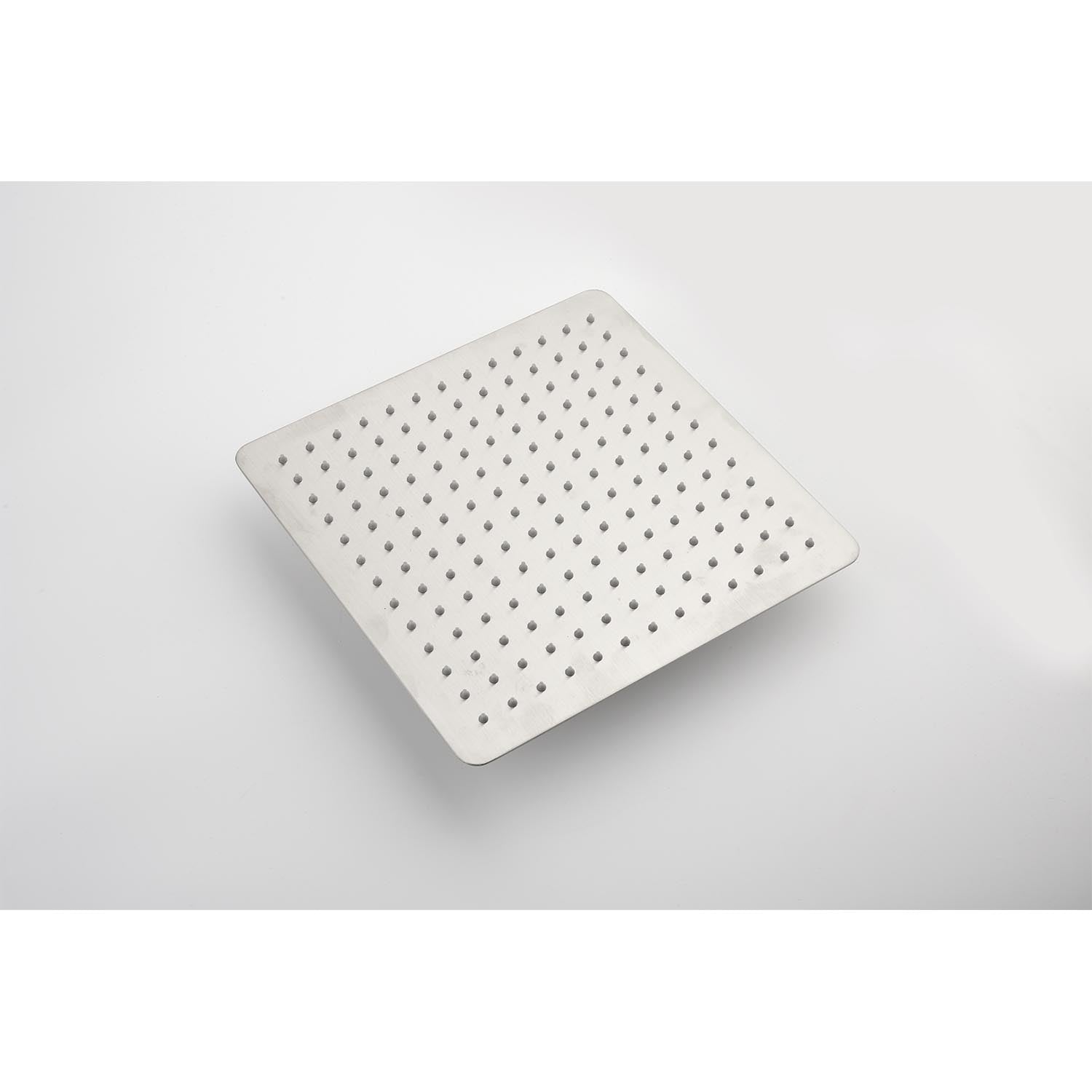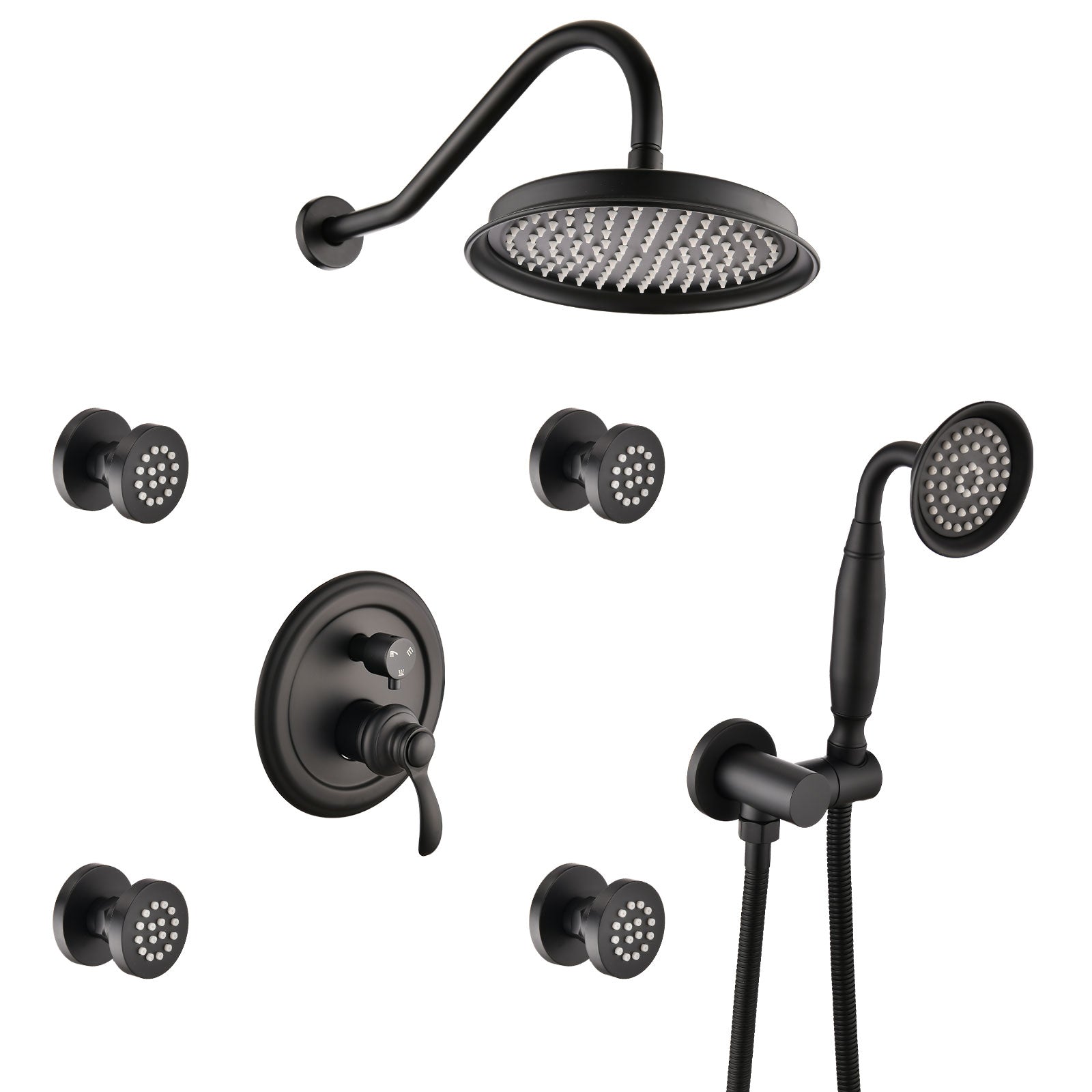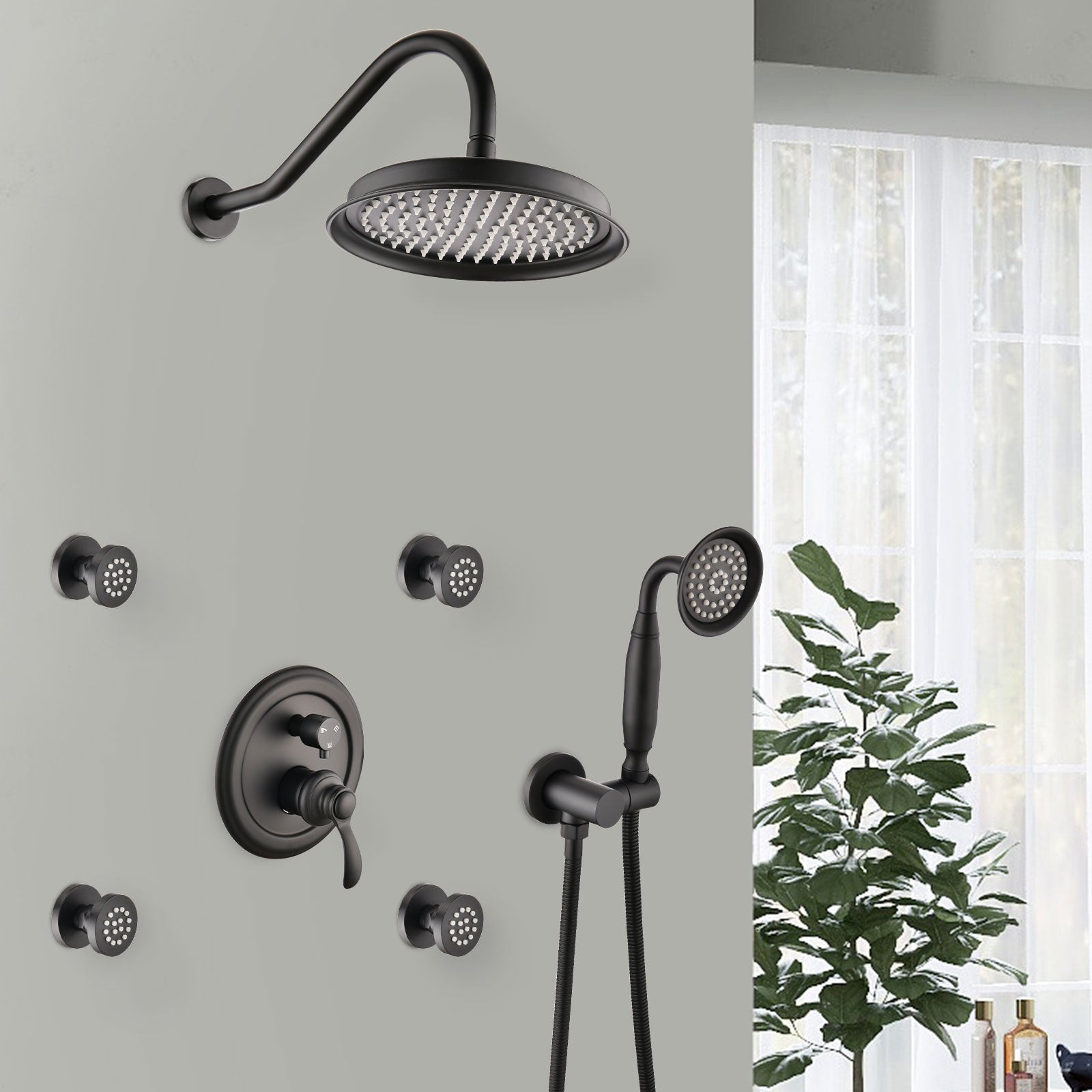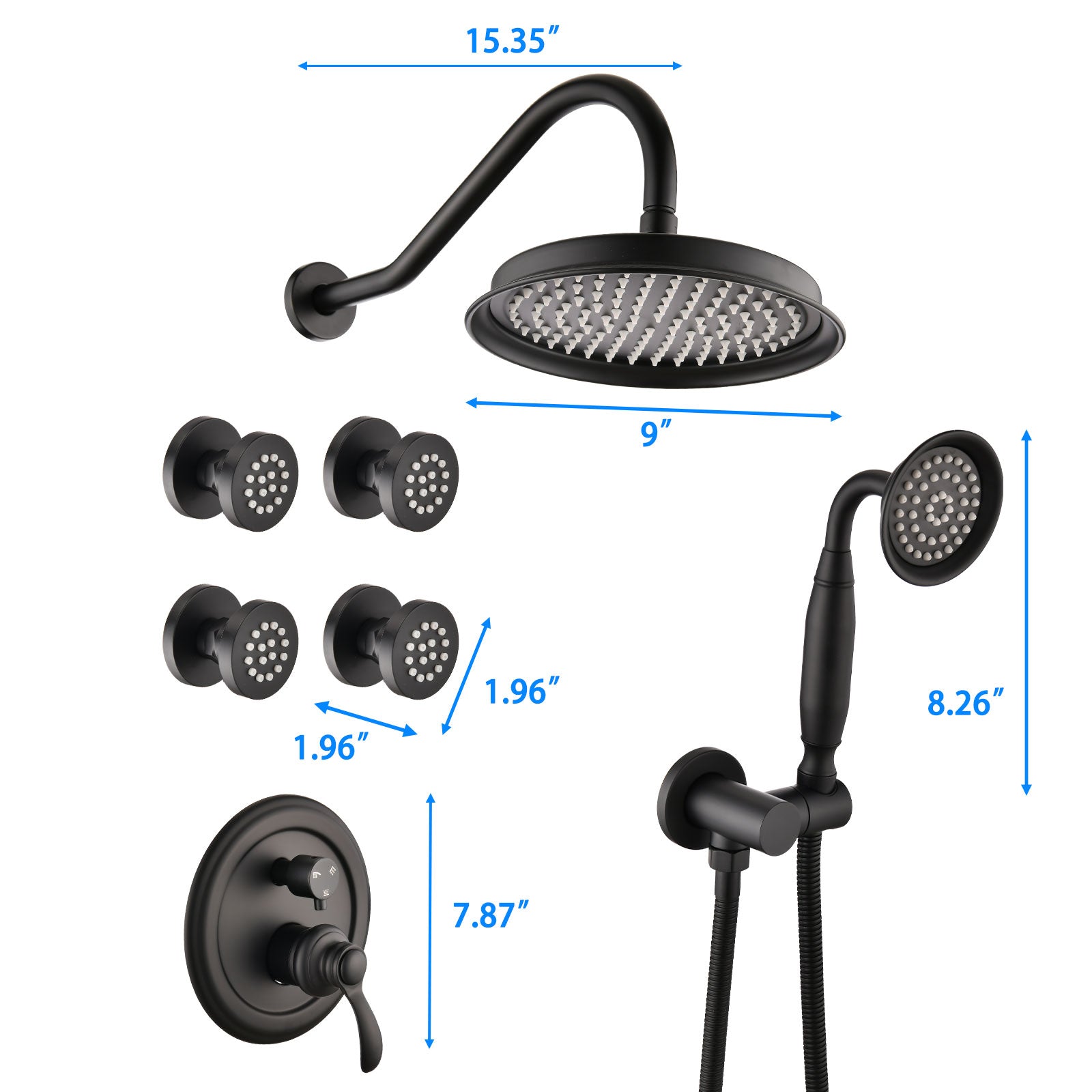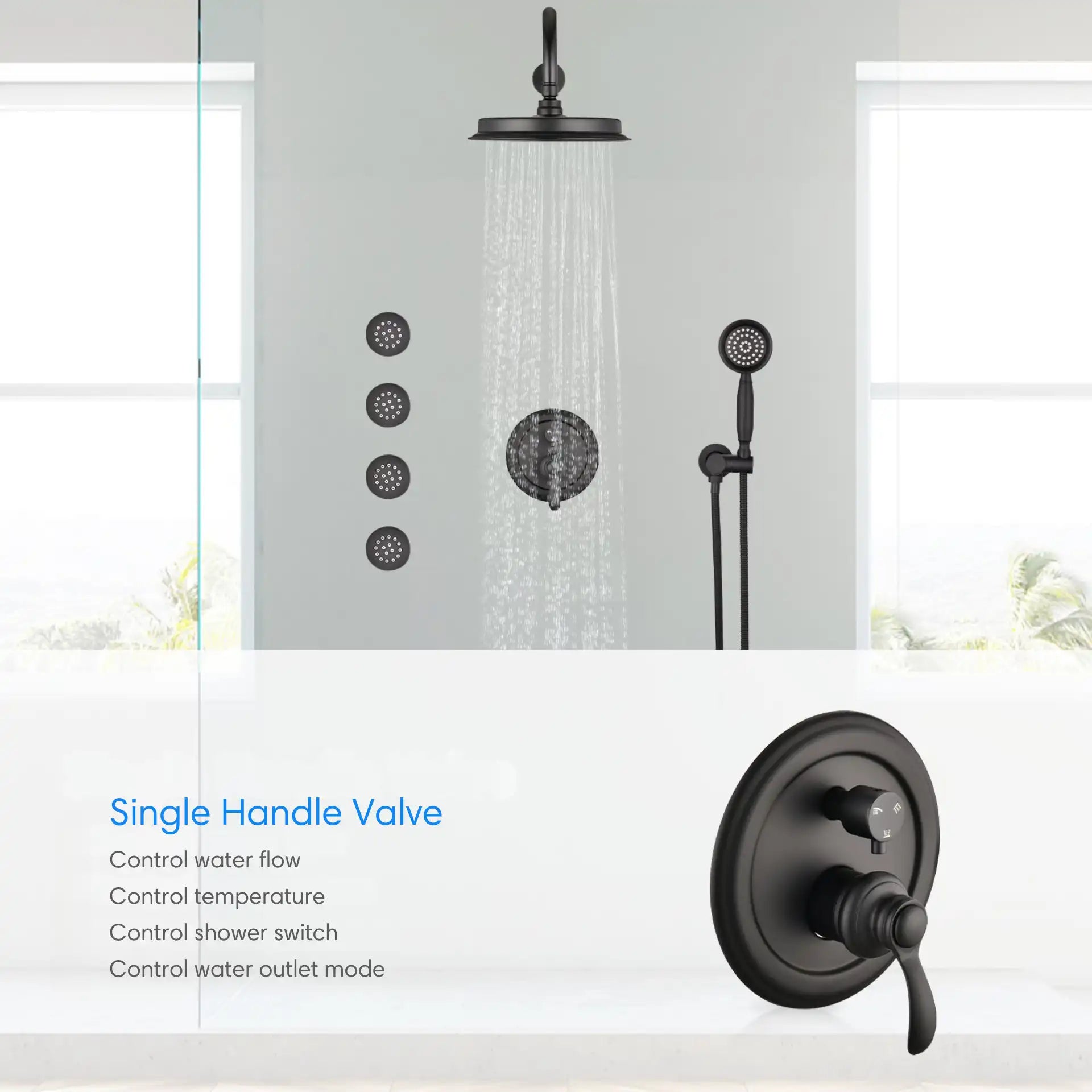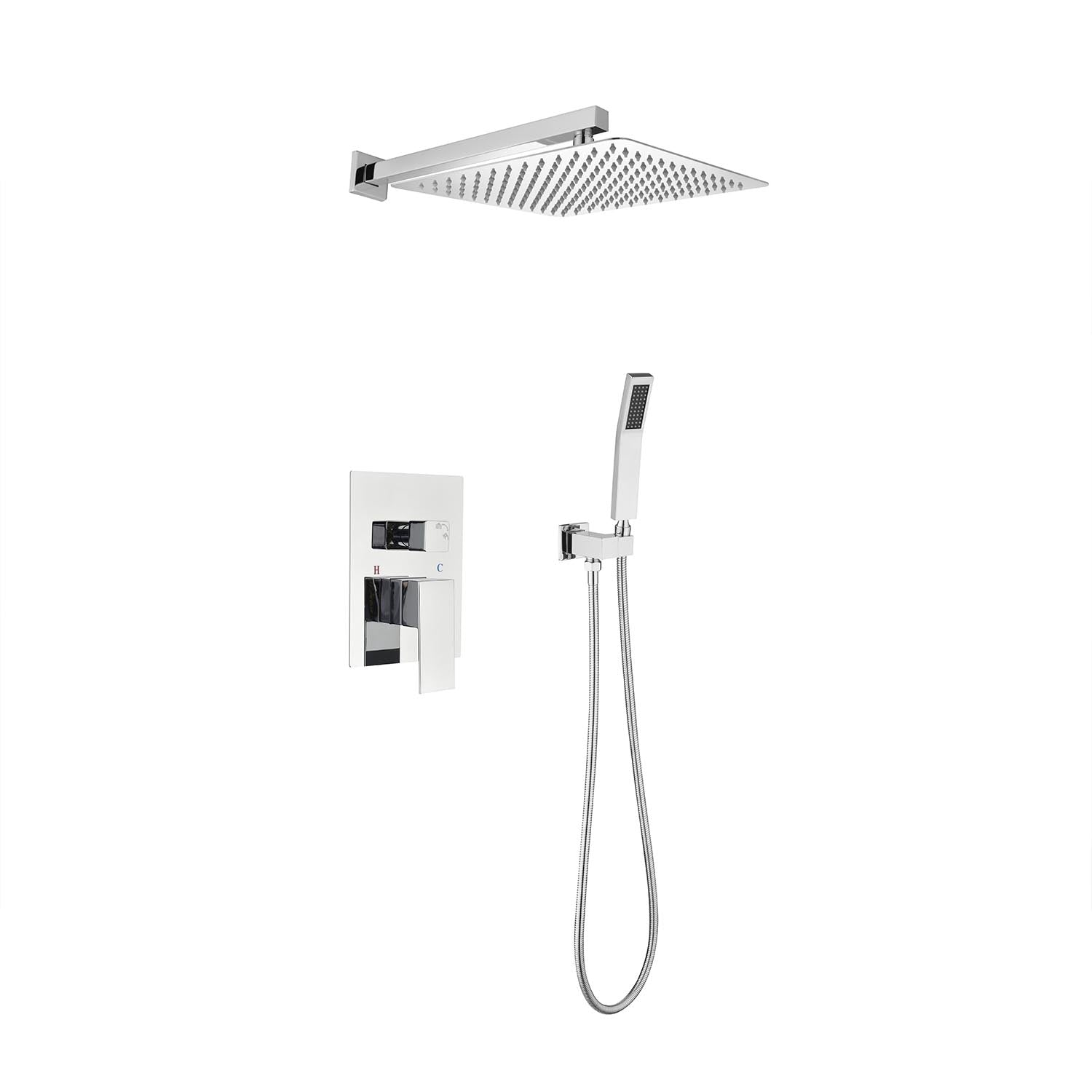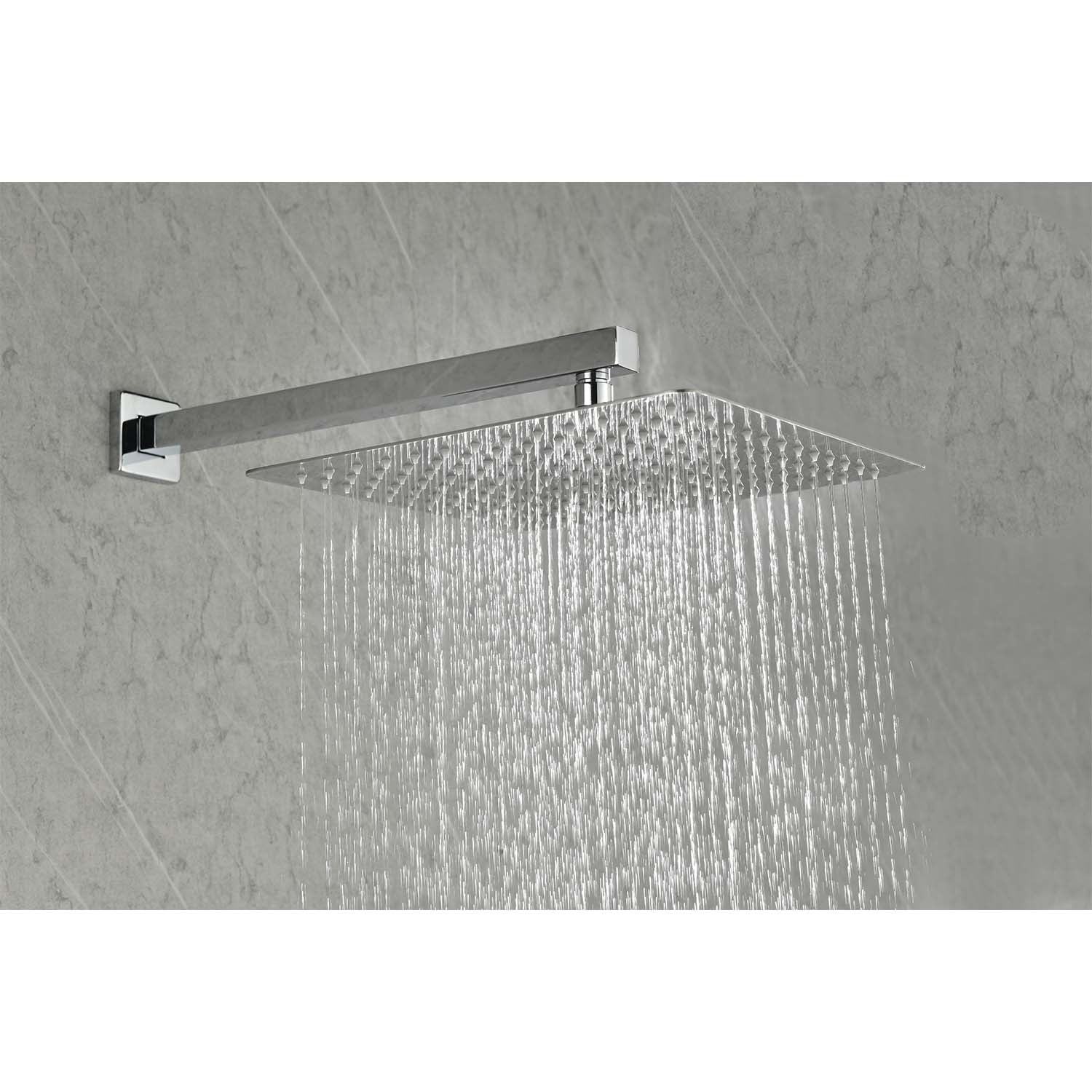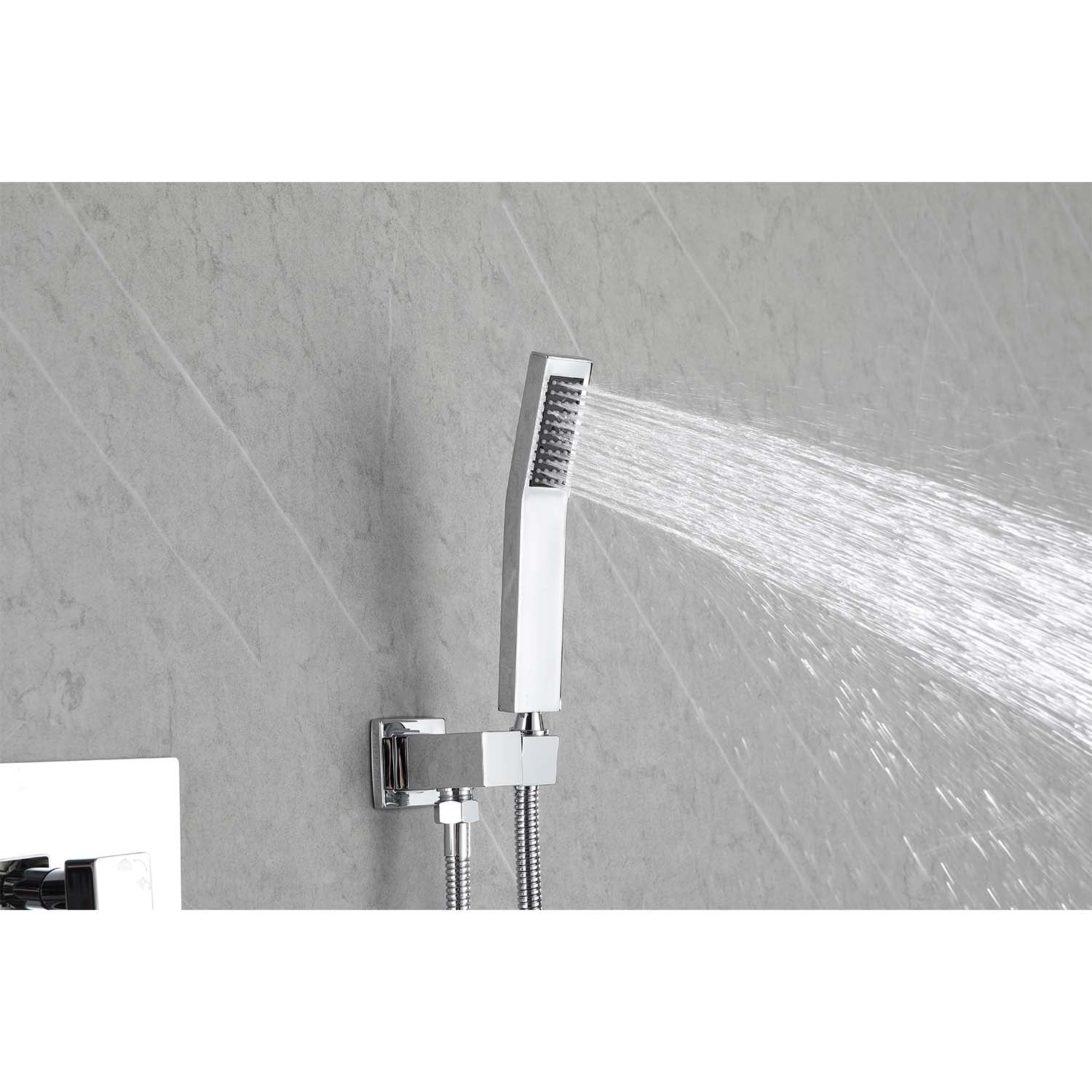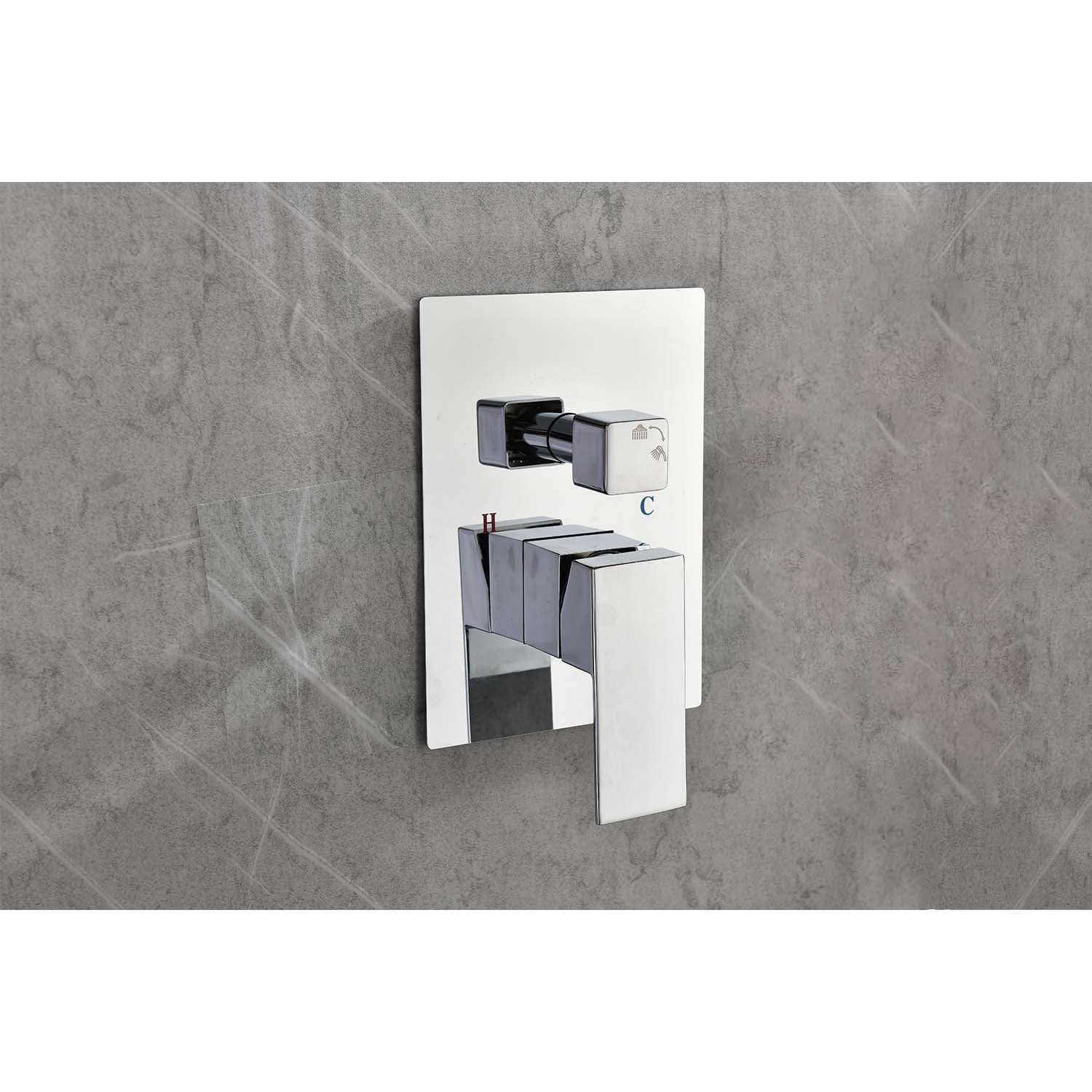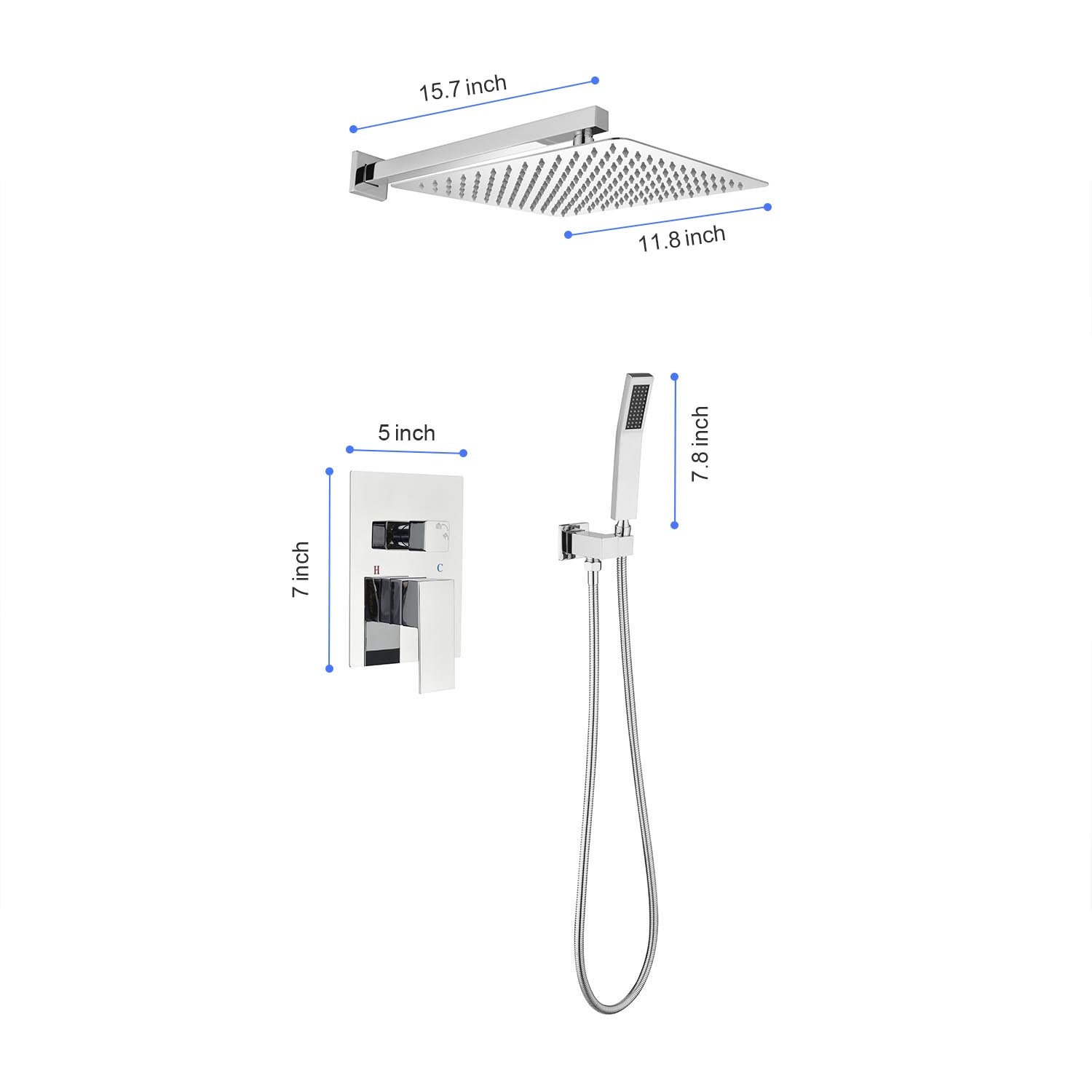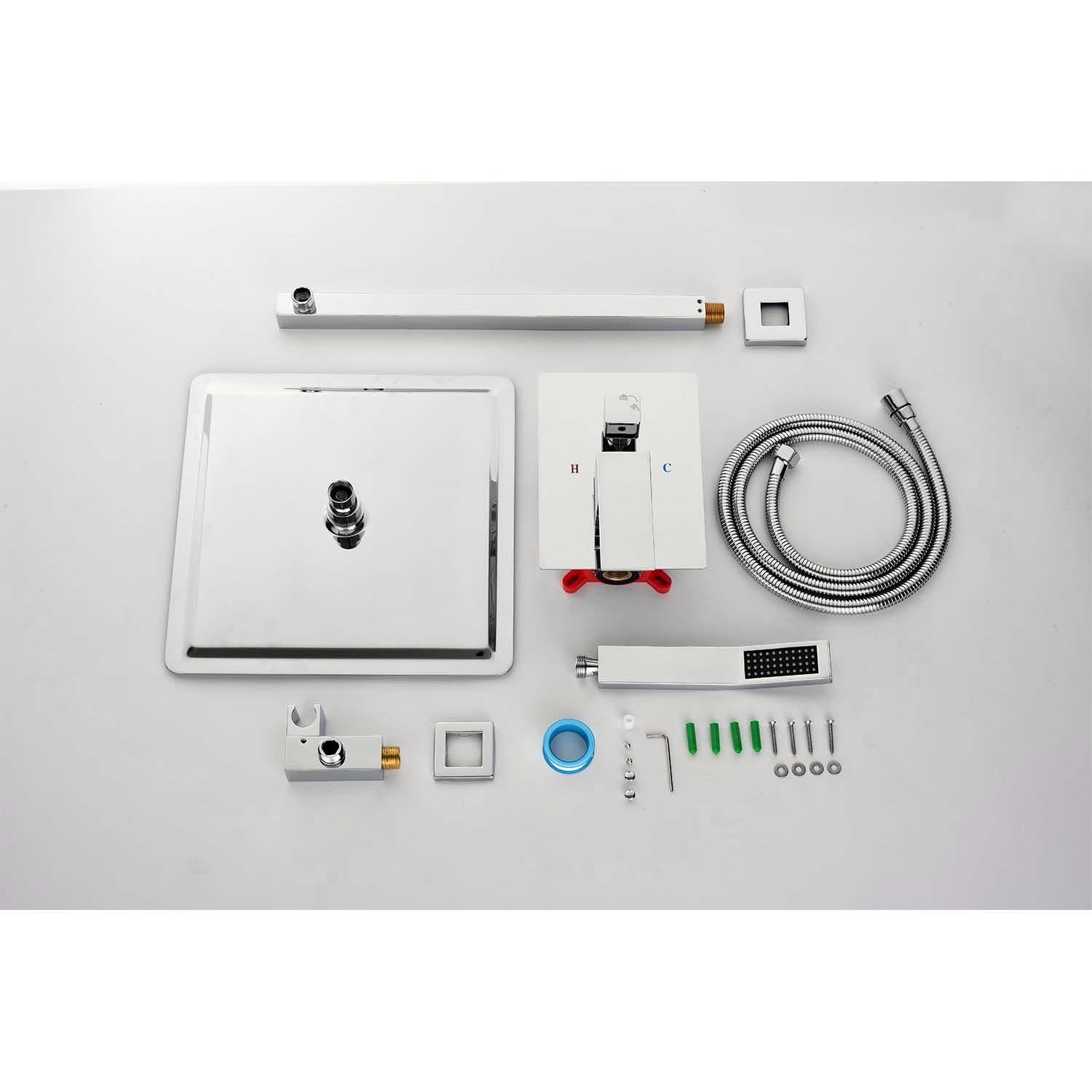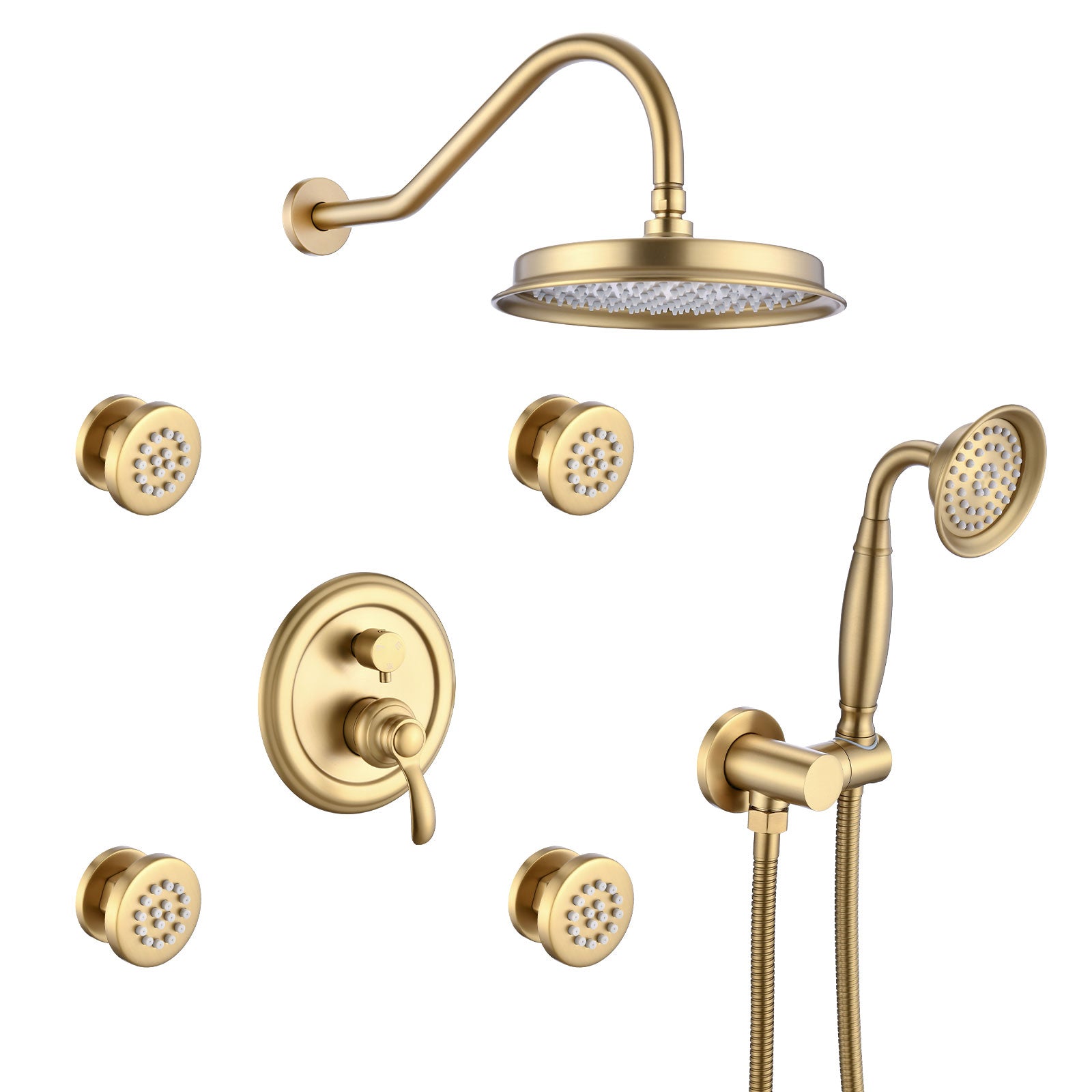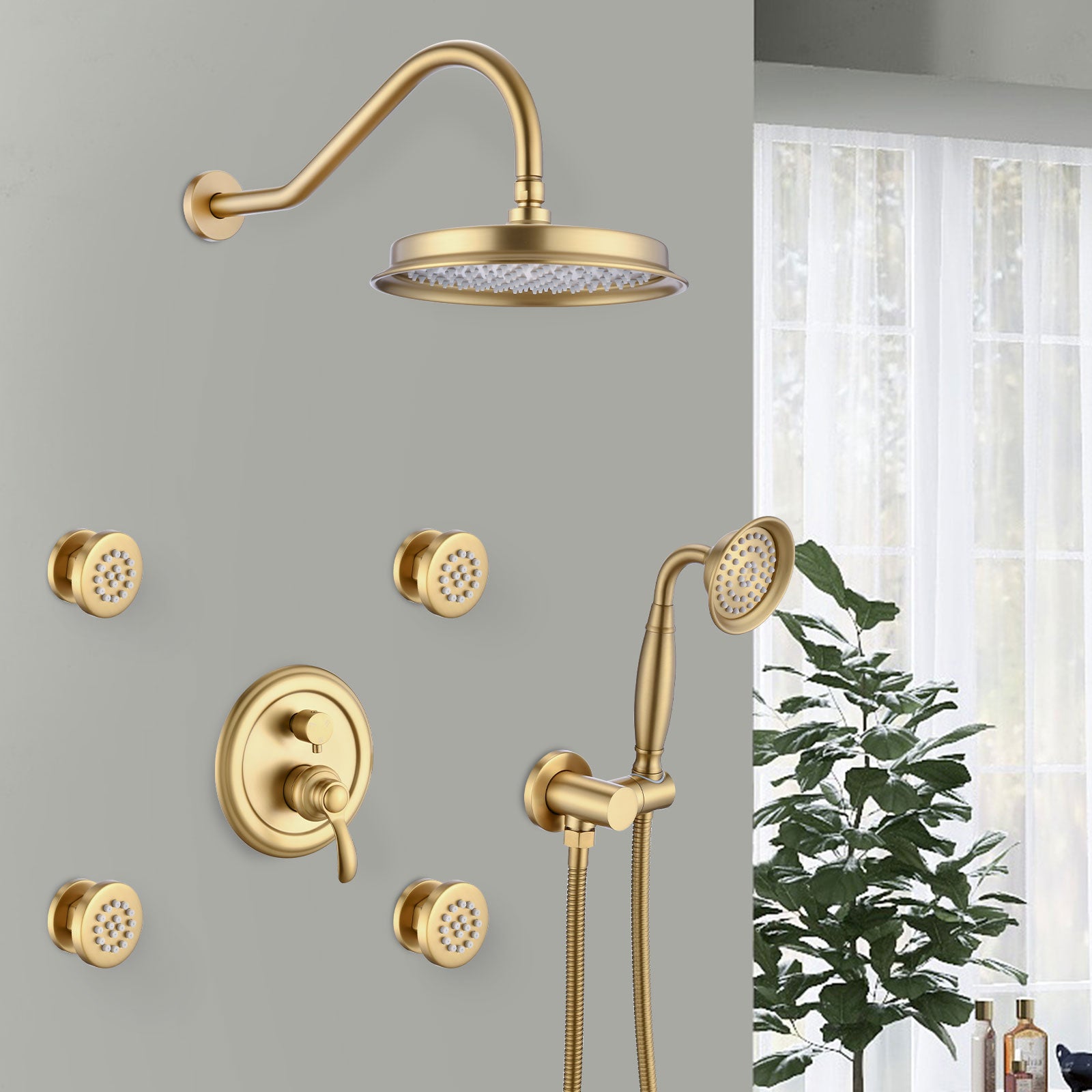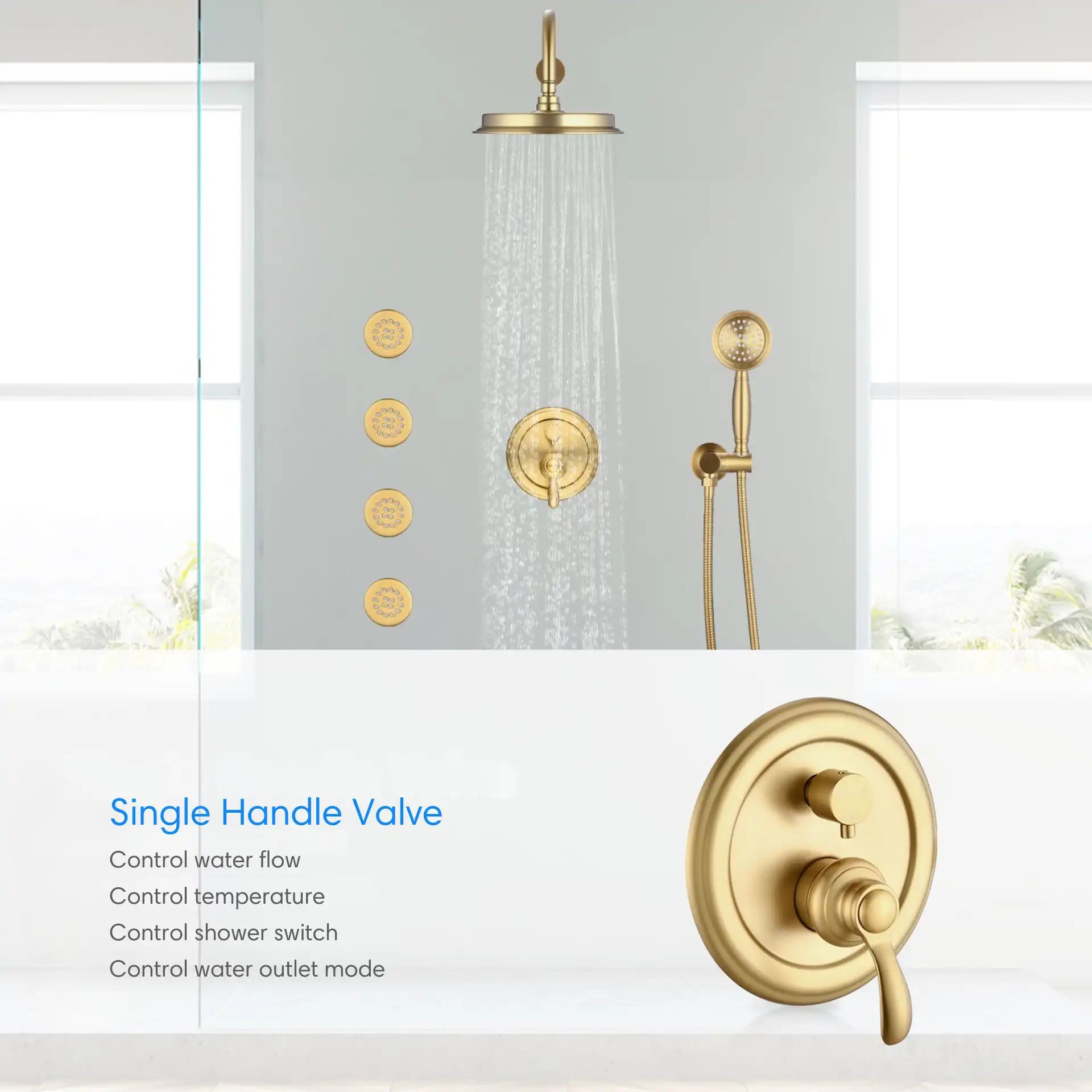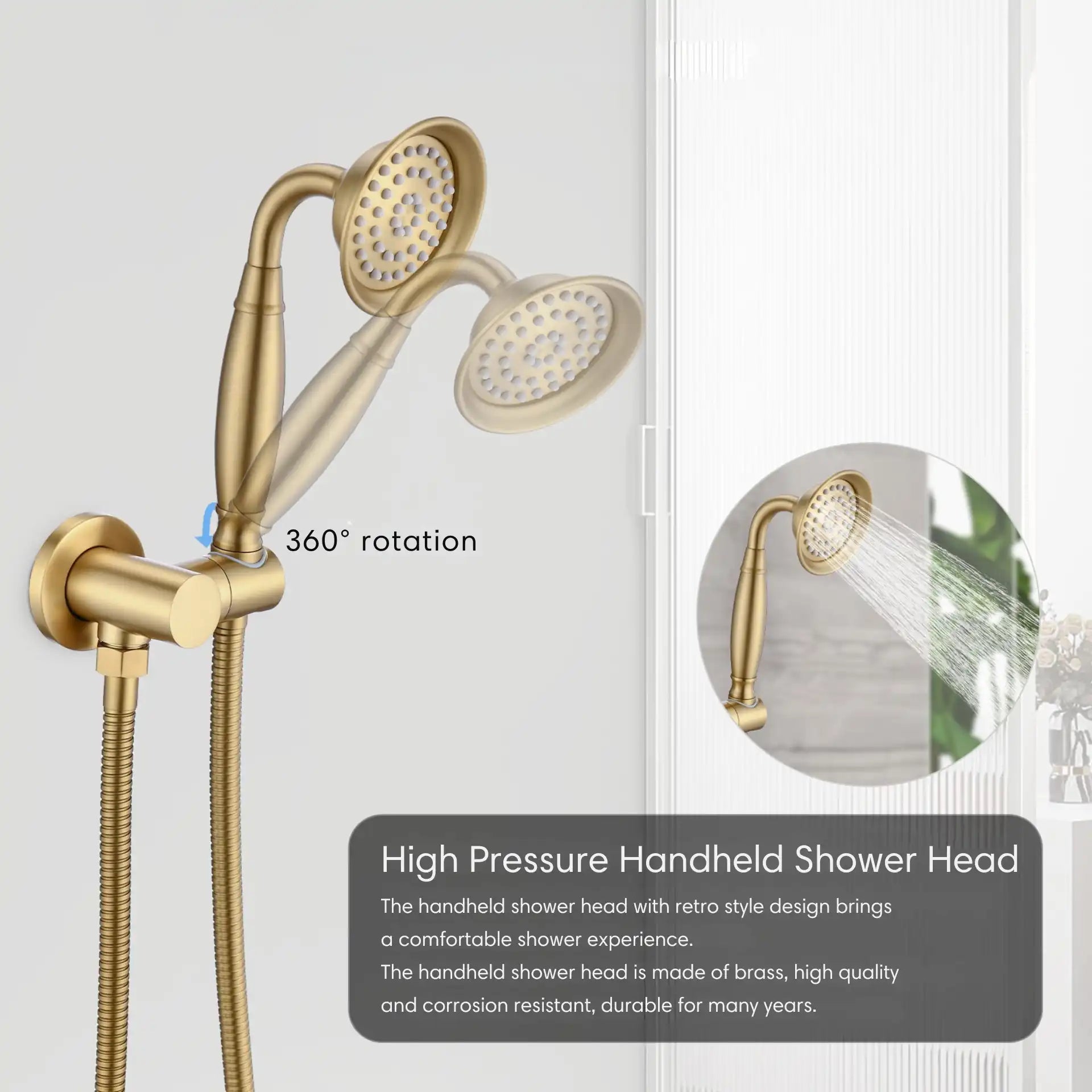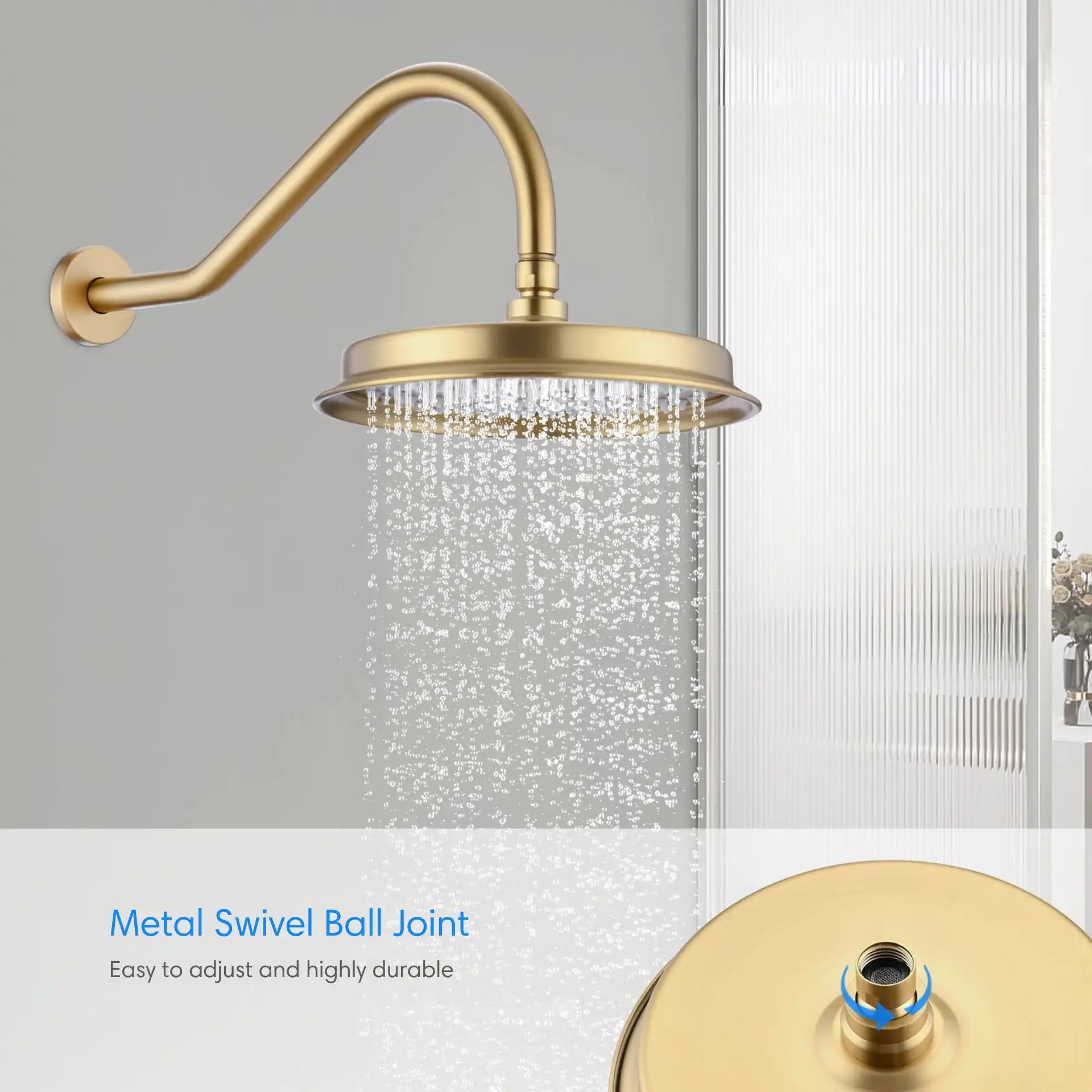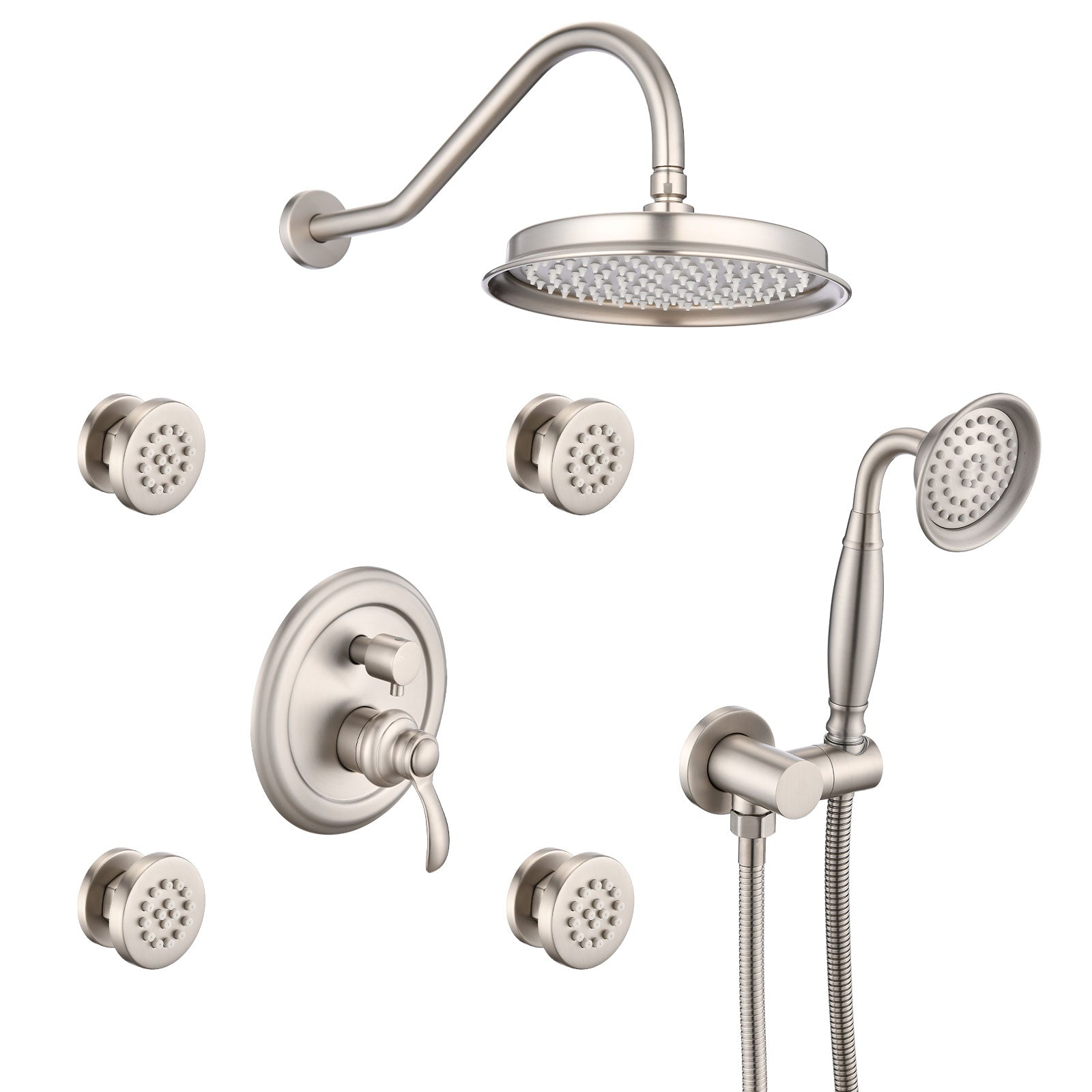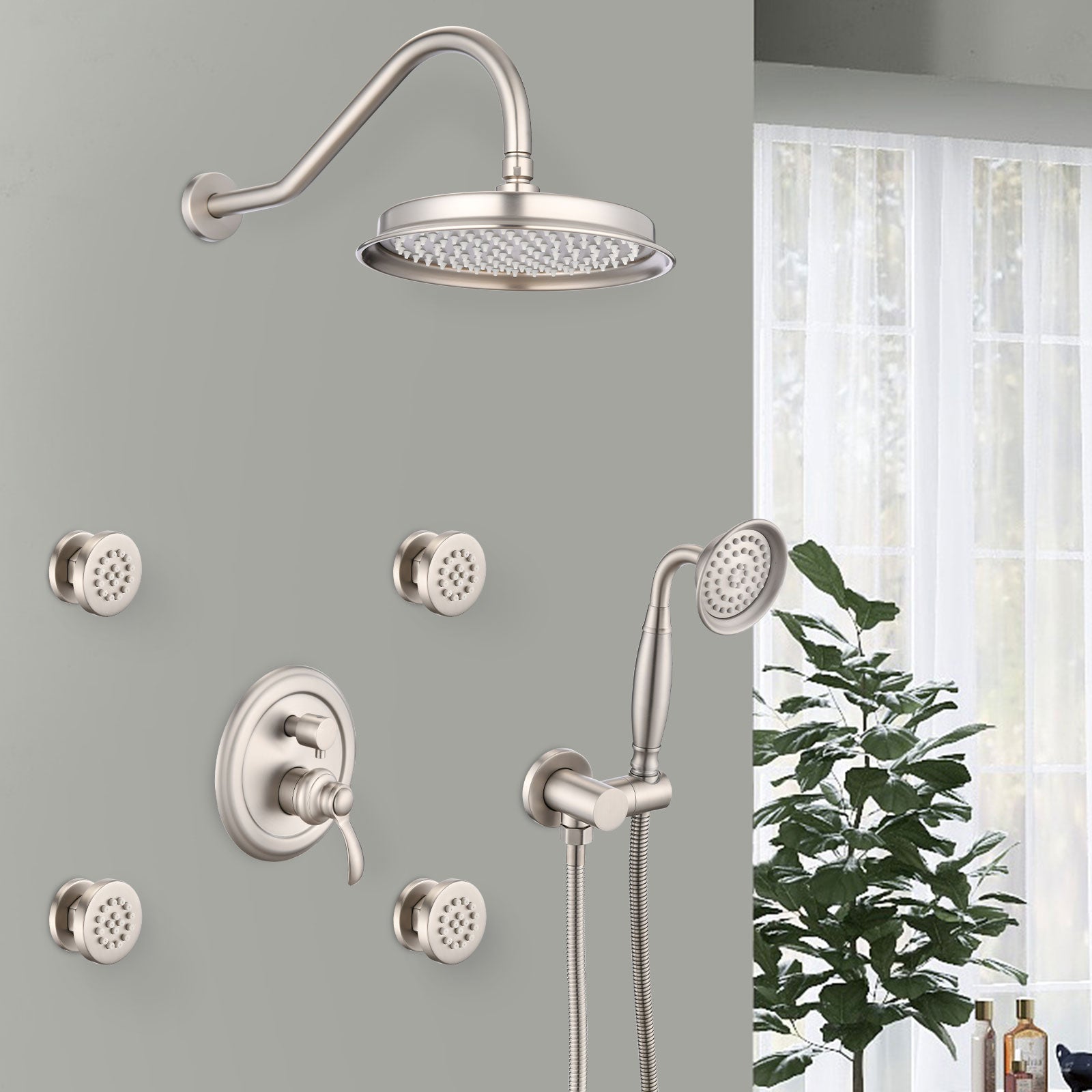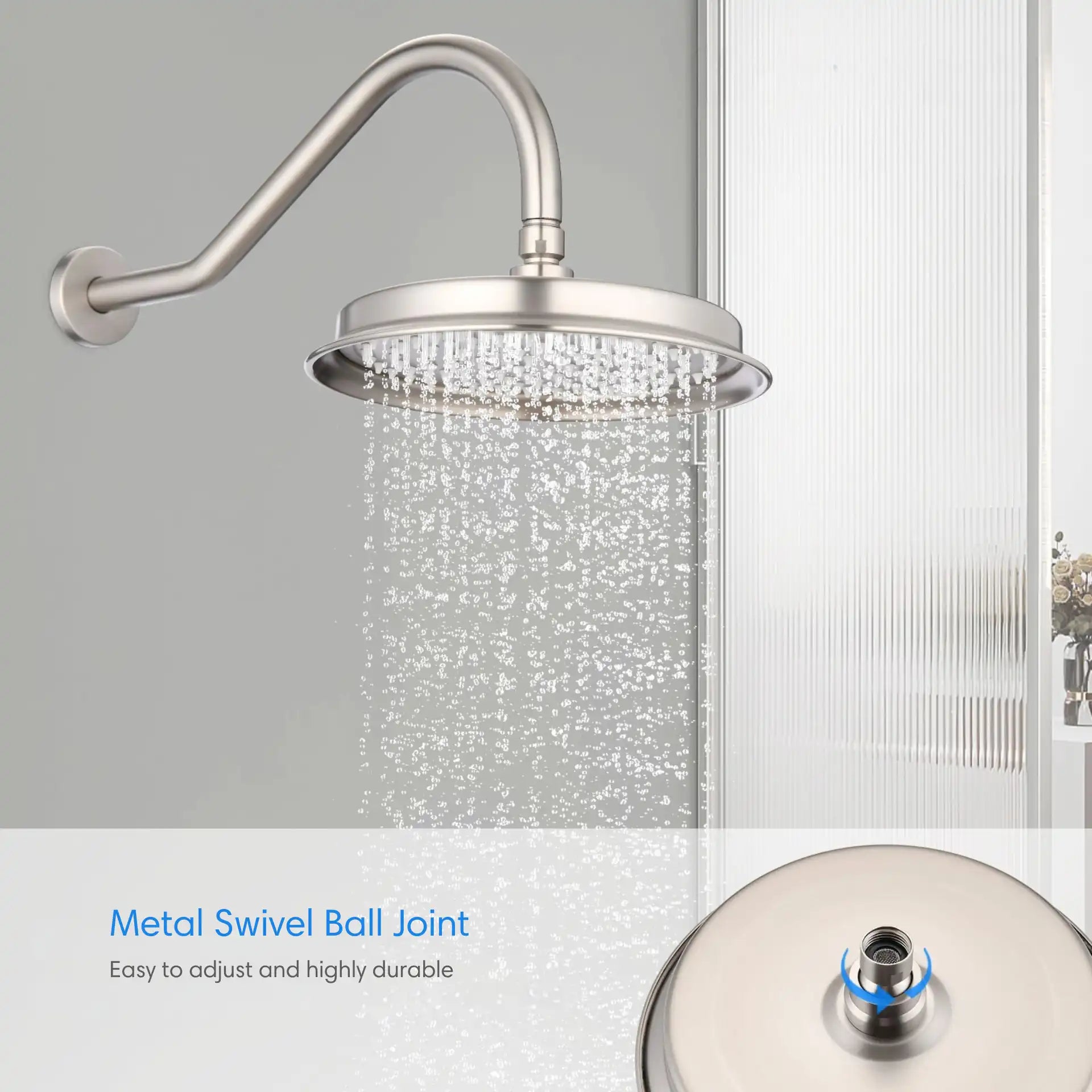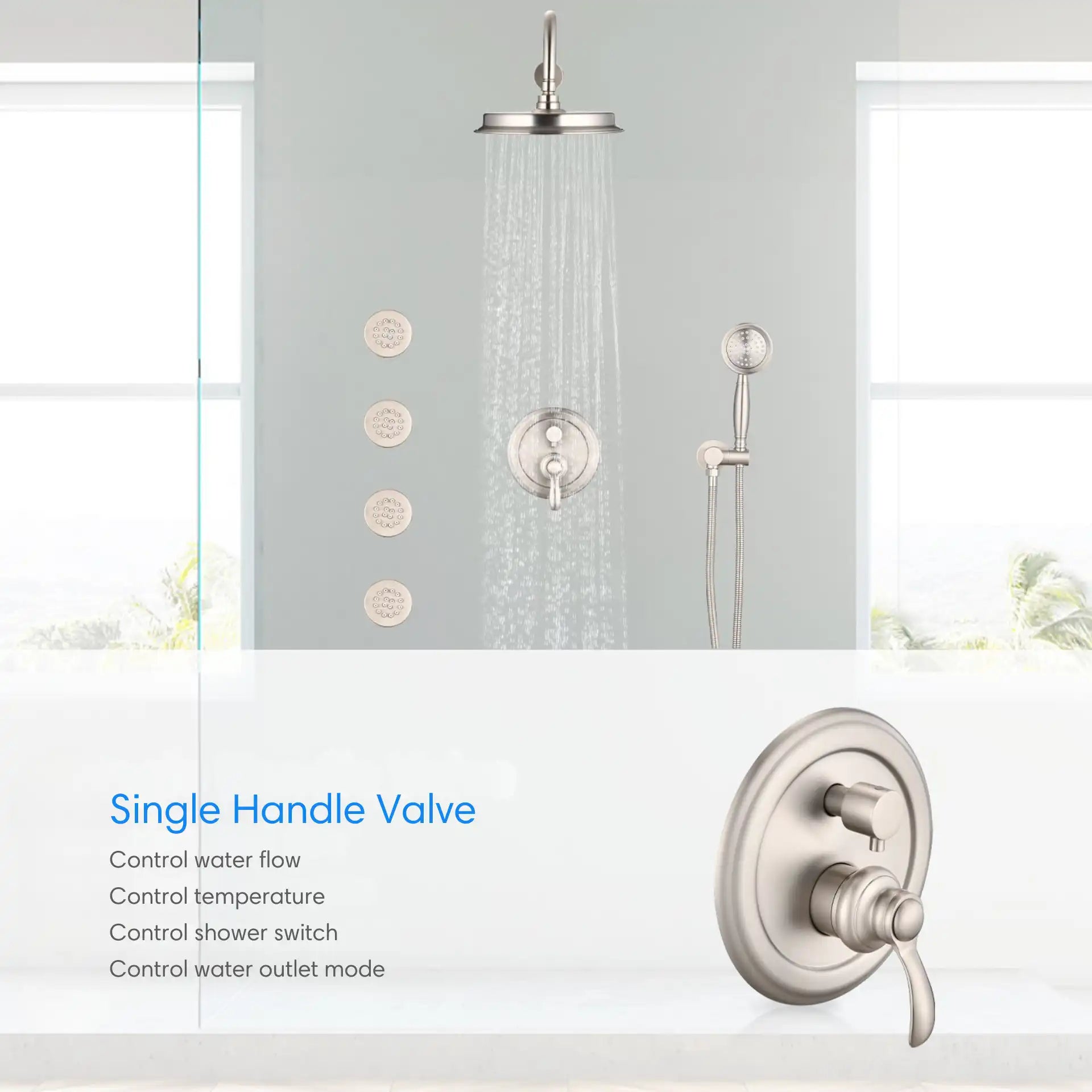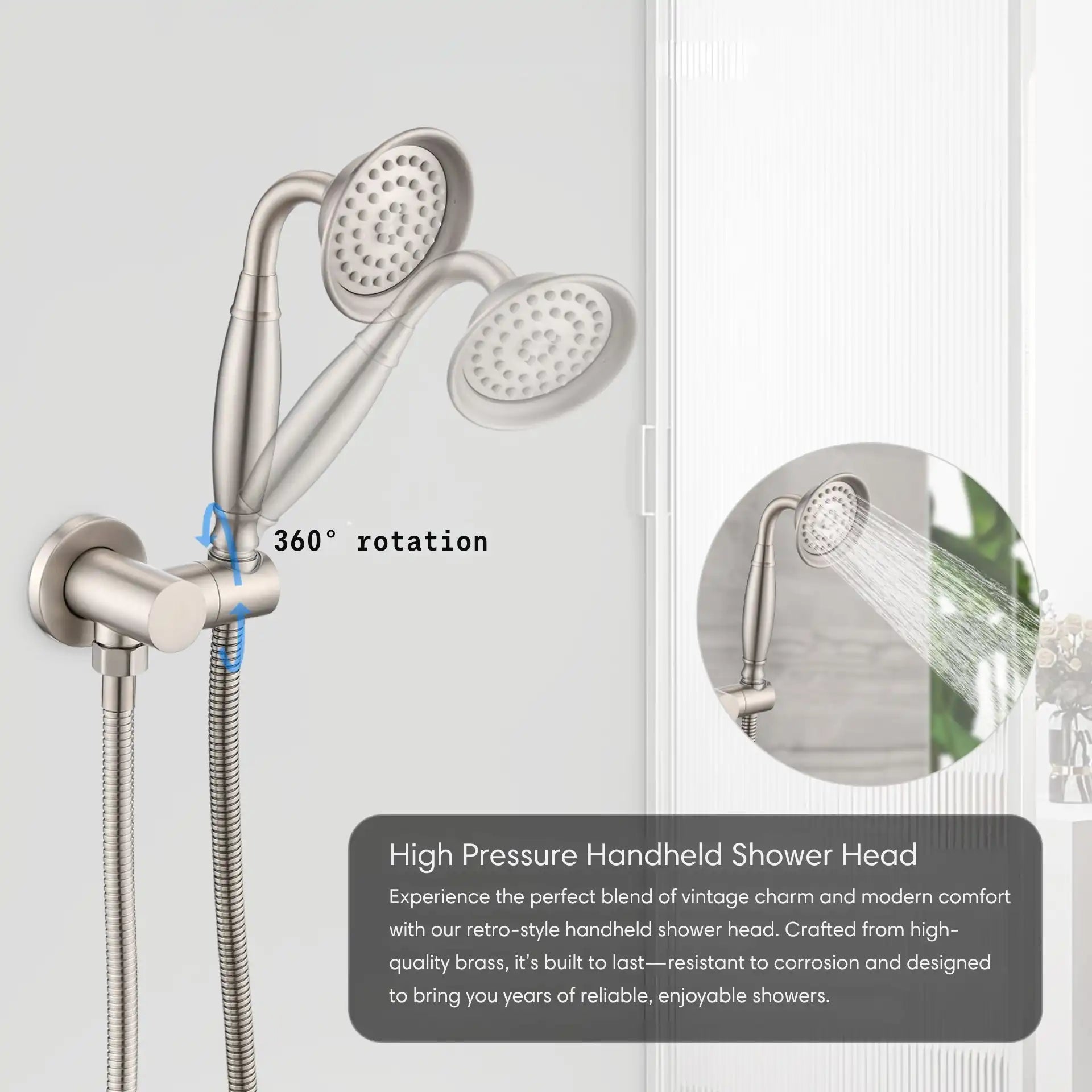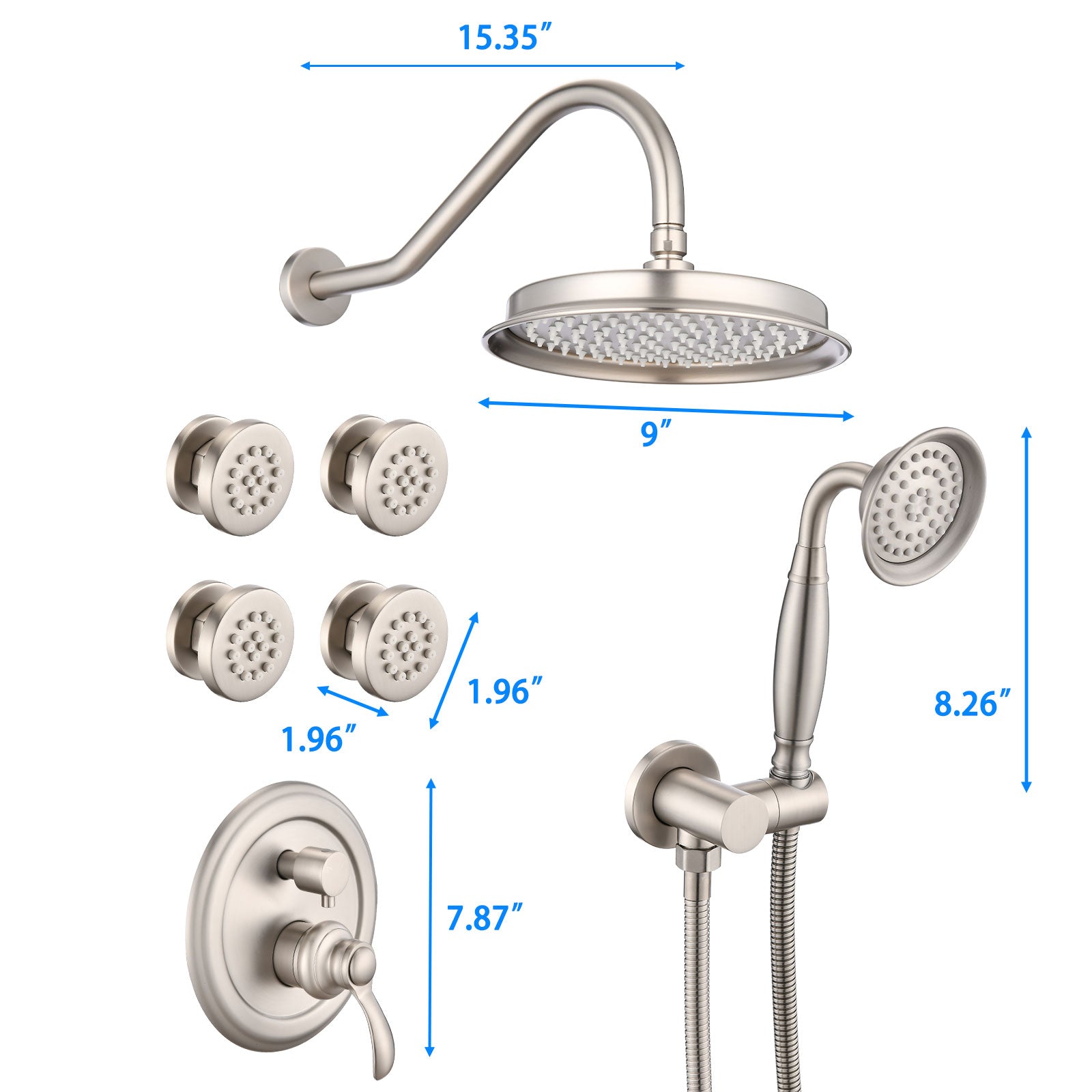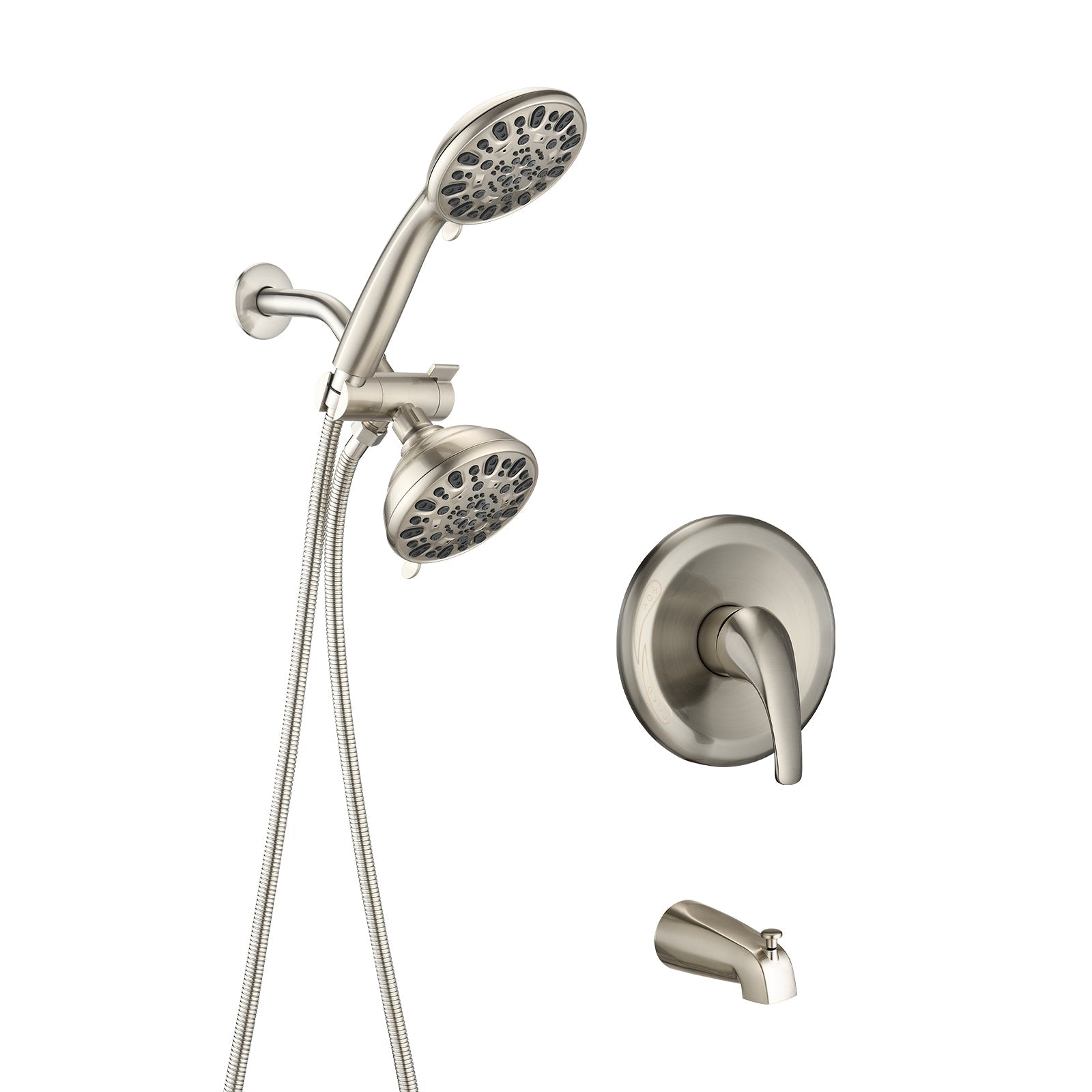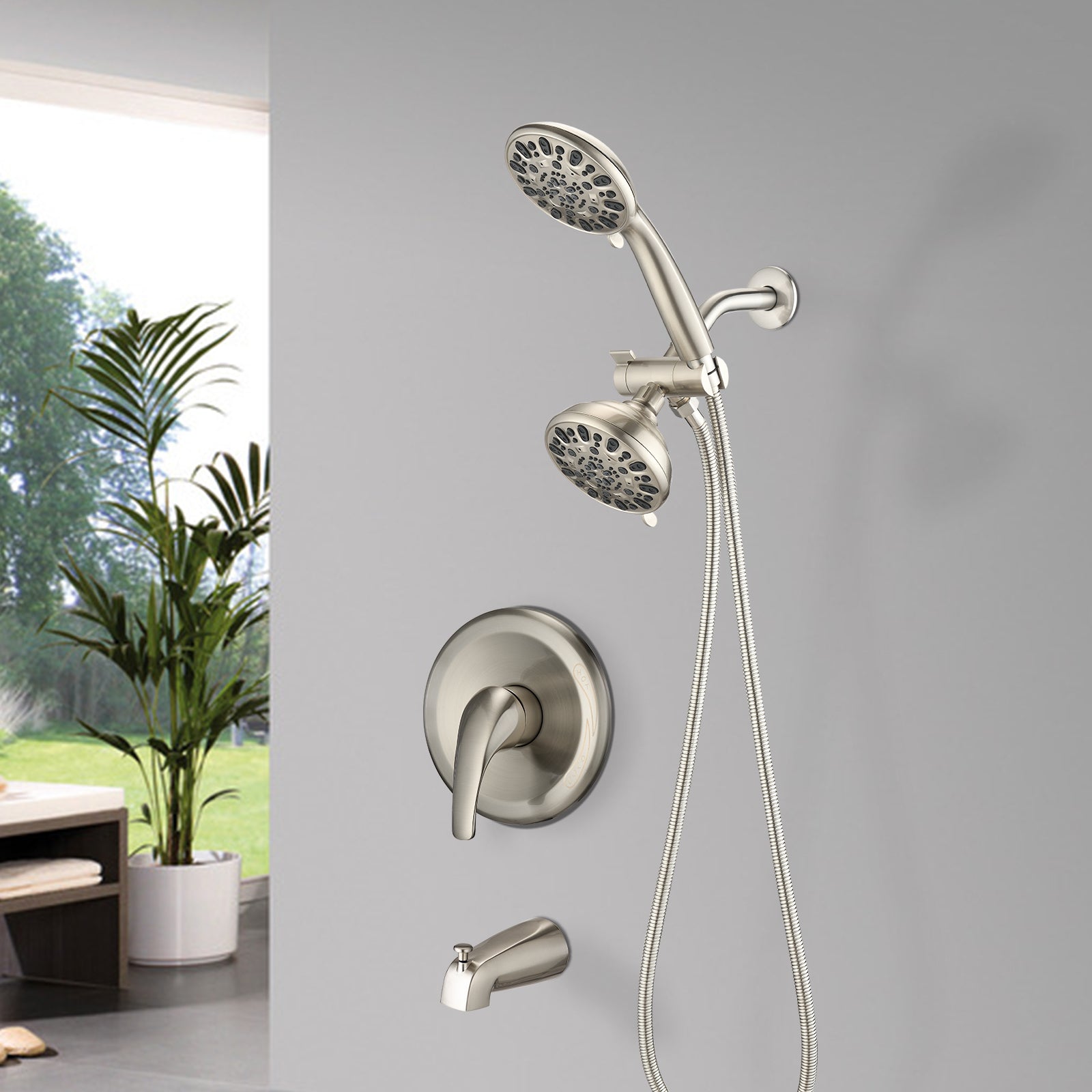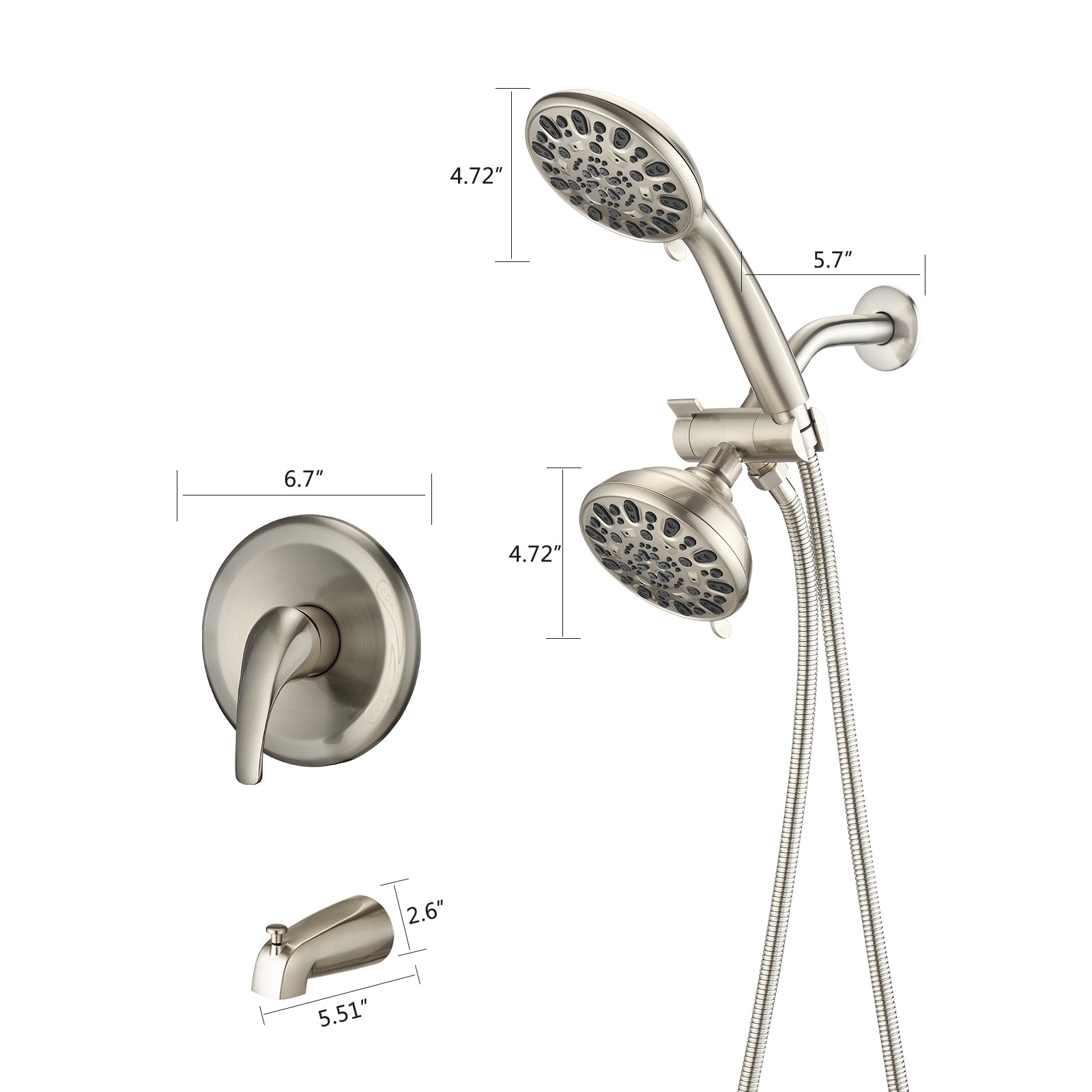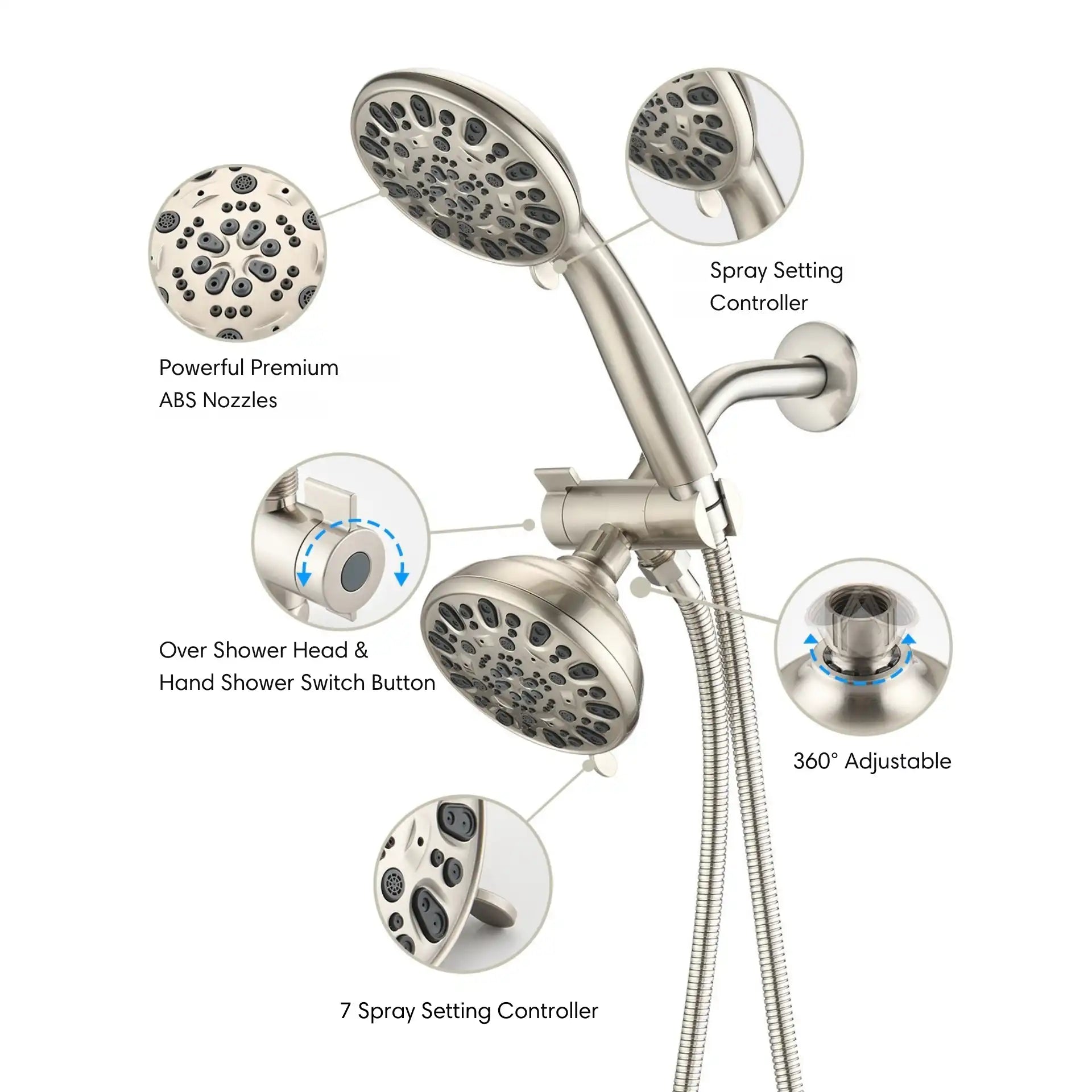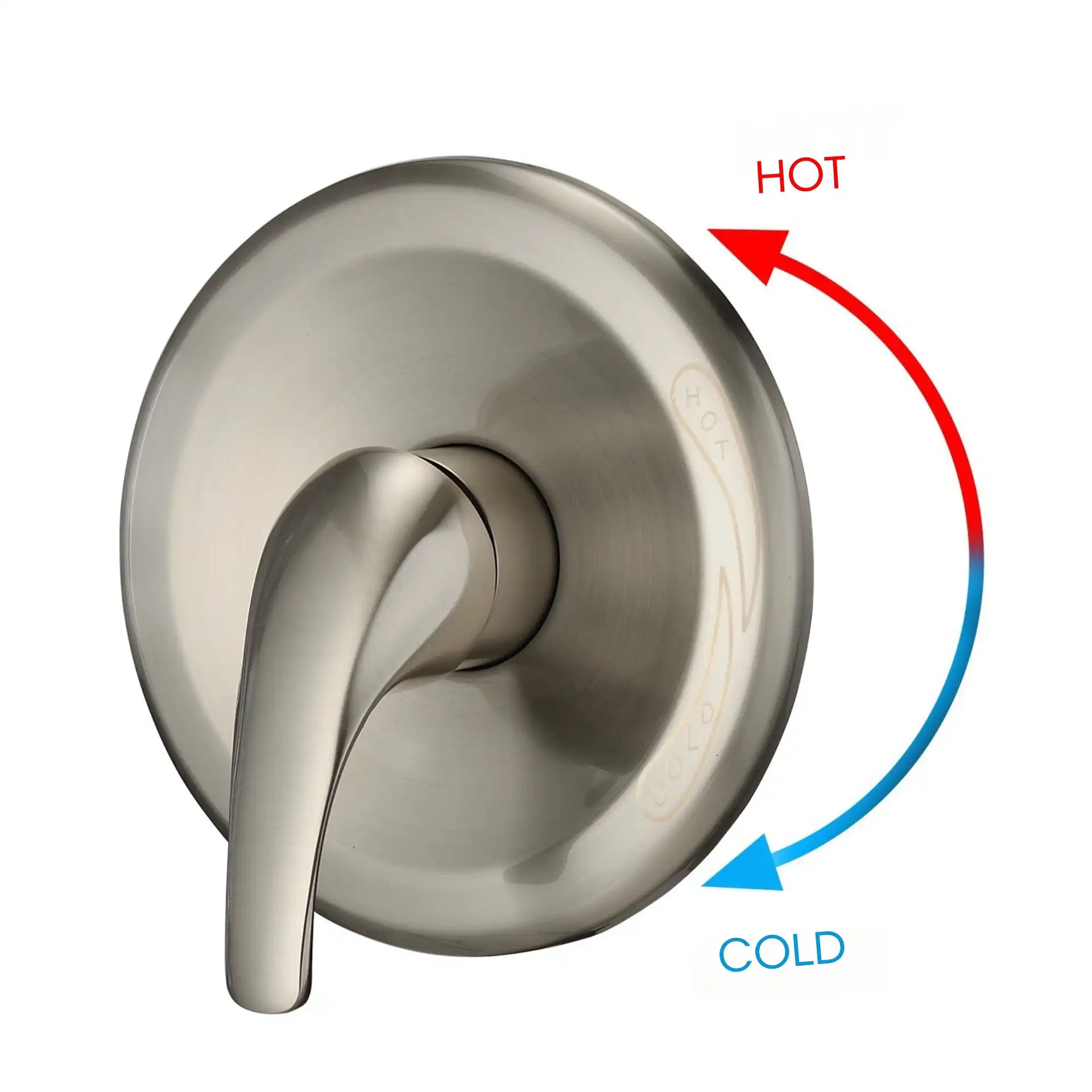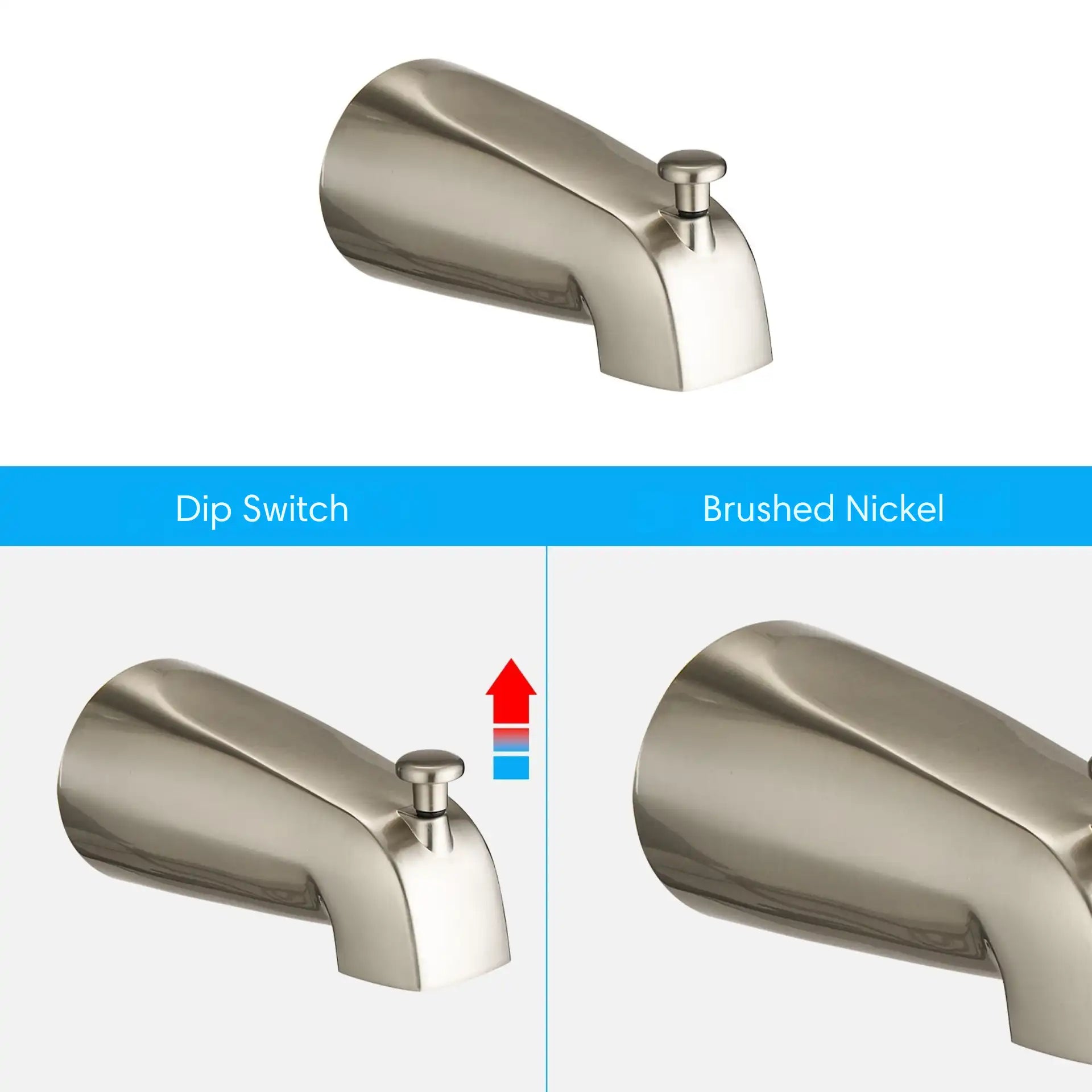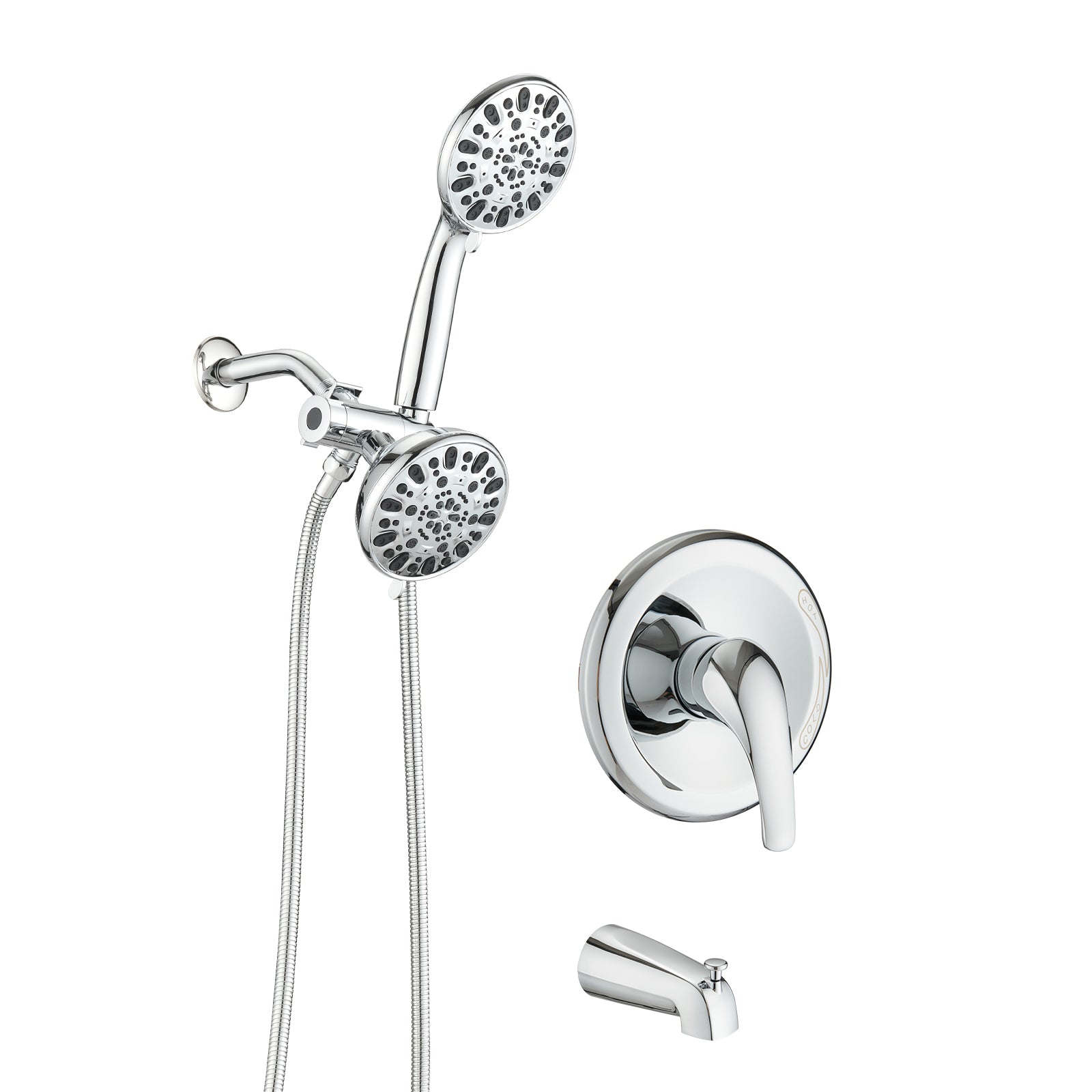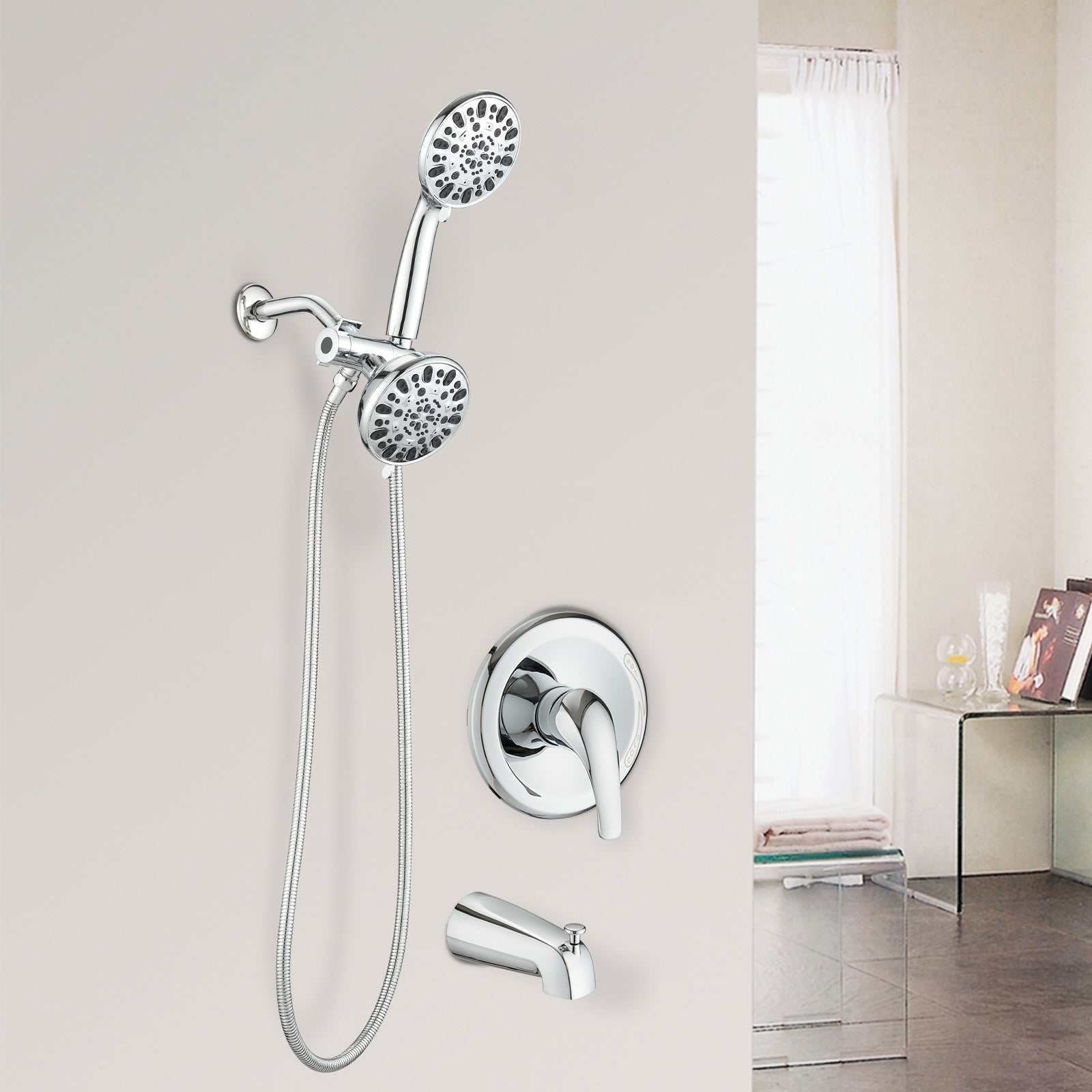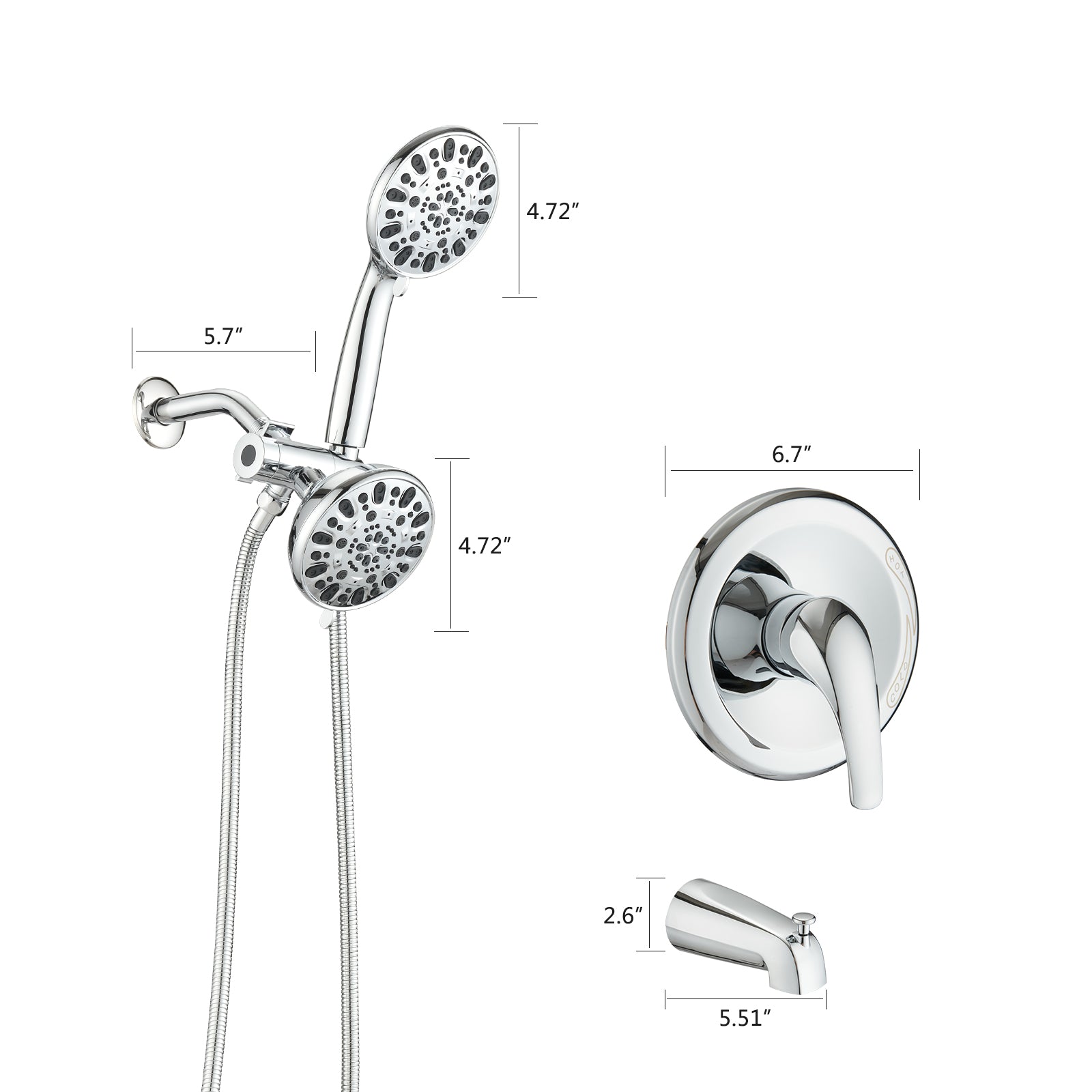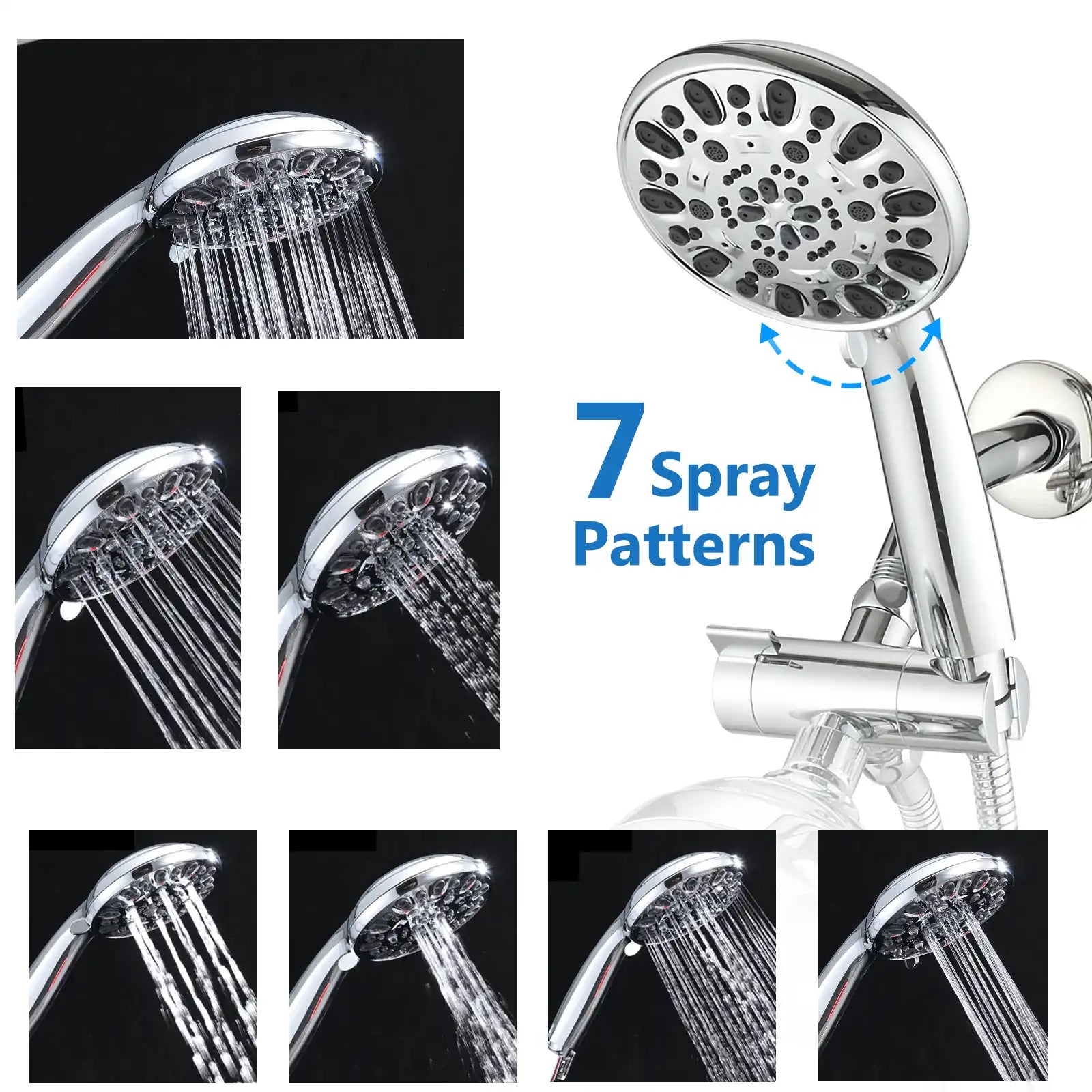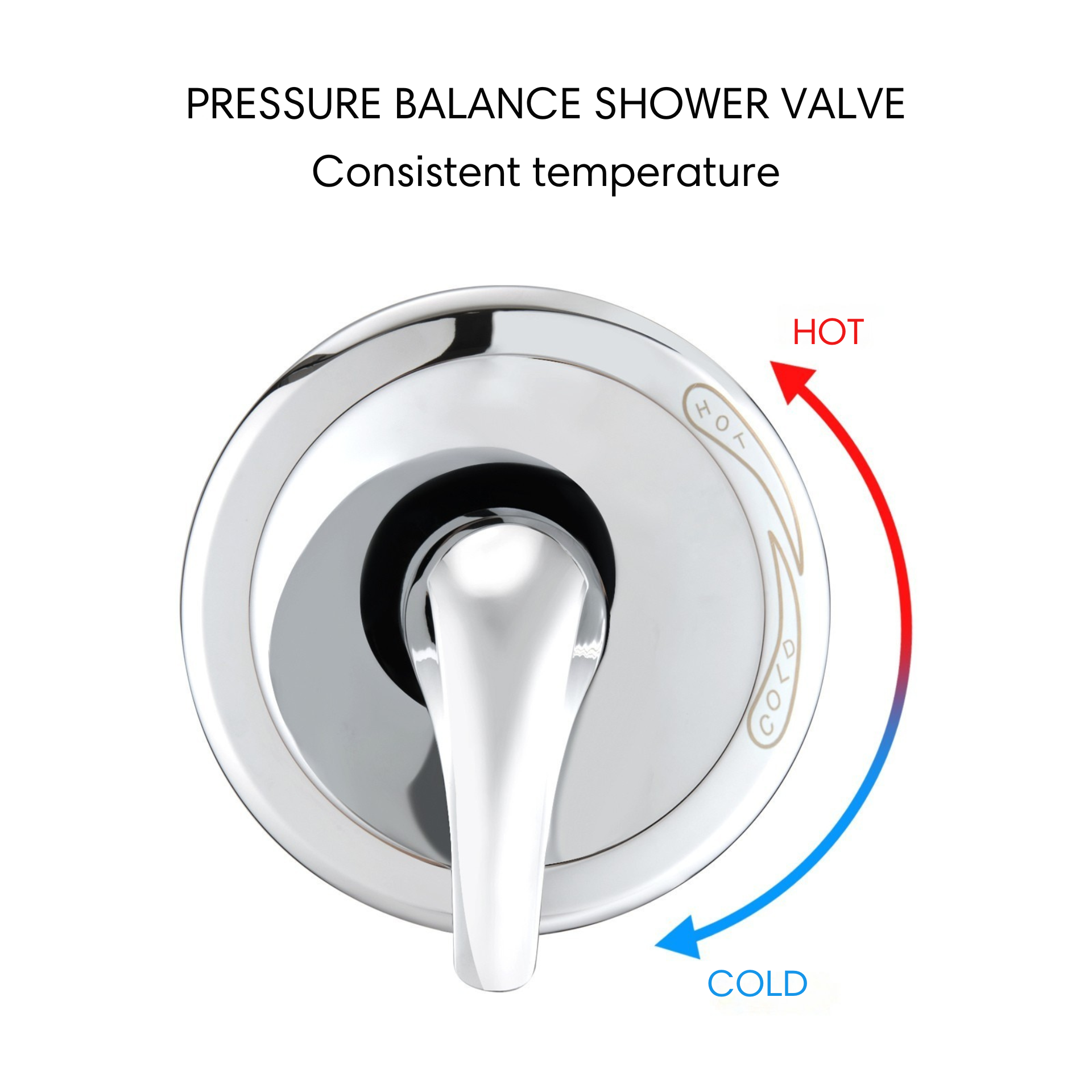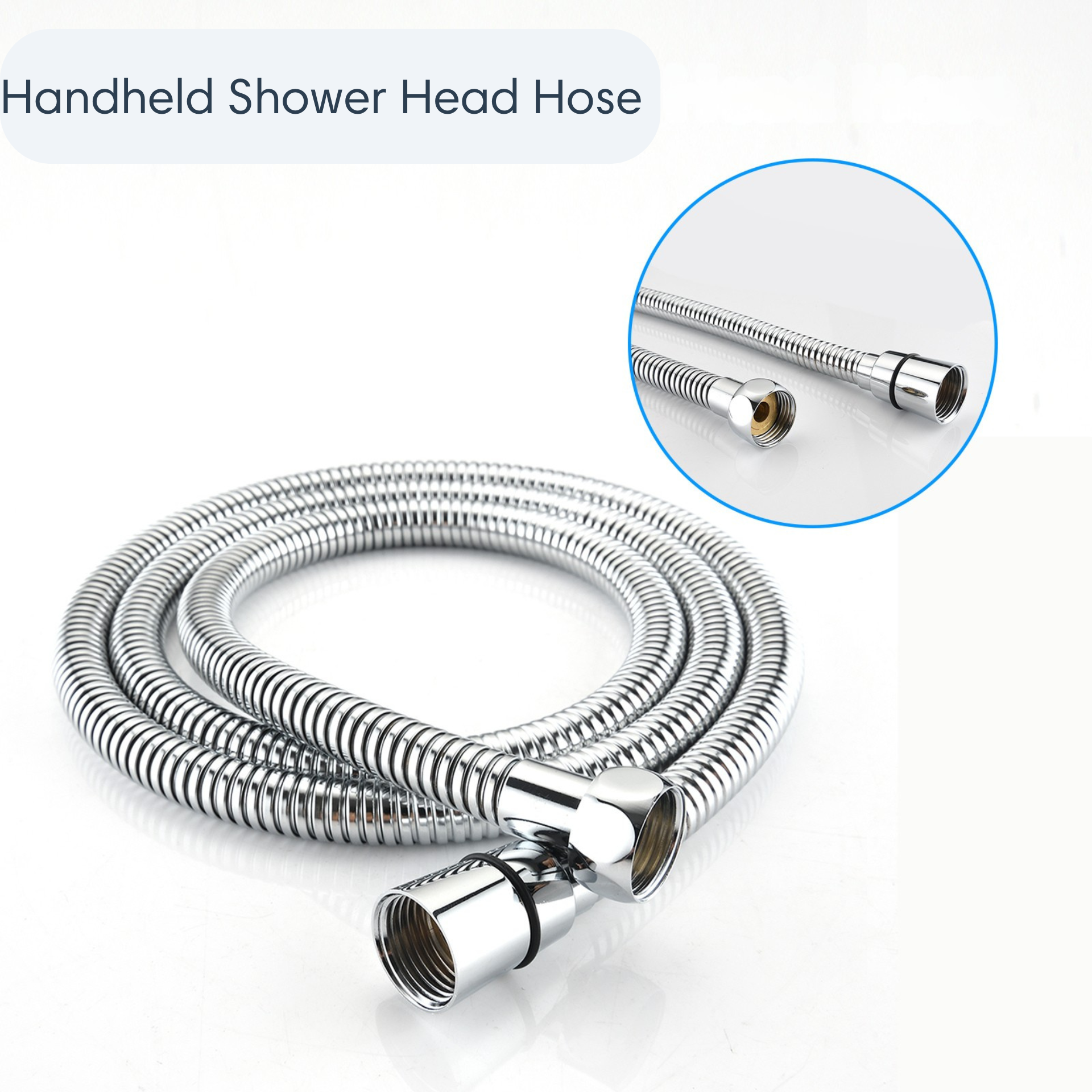Introduction: Why Shower Water Temperature Matters
Getting into a hot shower after a long day is one of life's simple pleasures. Warming water relieves the muscles, calms the mind, and helps us to relax. However, have you ever asked yourself how hot your shower water should really be? And how can you make sure the temperature is just right, every time? If the water is too hot, you could risk a burn, and if it's too cold, well, let’s just say it’s not exactly the most relaxing experience.
The good news is, with the right shower system and set up, you can have the perfect showering water temperature that you like, and enjoy your showering time with a comfortable and safe experience. This article explores how hot the shower water should be, how modern shower systems can help you manage shower water temperature, and tips to choose a shower system ideal for your needs.
Table of Contents:
- The Ideal Shower Water Temperature: What Is It?
- How Shower Systems Help Regulate Water Temperature
- Safety Considerations: Avoiding Scalding Water in the Shower
- Factors That Affect Shower Water Temperature
- The Future of Shower Systems: Digital Showers as the Next Big Thing
- Conclusion: Finding Your Perfect Shower Temperature with the Right Shower System
- FAQs: Expert Answers on Shower Water Temperature
The Ideal Shower Water Temperature: What Is It?
Determining the optimal shower water temperature is crucial for both comfort and safety. Health and safety experts agree that the ideal water temperature for showers falls between 100°F and 105°F (37.7°C to 40.5°C). This range is warm enough to relax muscles and soothe the body without causing discomfort or potential harm.
Anything hotter than 105°F can start to feel a little bit uncomfortable, and water temperatures over 110°F could potentially burn your skin. On the other hand, water that’s too cold won’t provide the relaxing effect and might leave you feeling uncomfortably chilled.
For children and the elderly with sensitive skin, it's better to keep the water temperature slightly lower, around 98°F to 100°F (37°C to 37.8°C), to prevent irritation and ensure safety.
How Shower Systems Help Regulate Water Temperature
One of the biggest drawbacks with conventional shower systems is fluctuation of water temperature. Whether it's a sudden rush of hot water or an unexpected cold blast, many traditional systems can leave you struggling to find the perfect balance. This instability can not only make for an uncomfortable shower experience but also pose a safety risk.
That is where the shower system with thermostatic shower valve comes into play. These are advanced privacy-controlled systems that manage and regulate the temperature by mixing hot and cold water automatically, so you do not need to keep adjusting the knobs continually. High-end digital shower systems even allow you to set the exact temperature you want, ensuring every shower is perfect.
Safety Considerations: Avoiding Scalding Water in the Shower
Everyone hates being burnt by hot water when they shower. As it turns out, standard showers have no built-in safety features, which can result in accidental burns, especially for children and seniors, or anyone with sensitive skin.
Fortunately, a lot of shower systems made today have safety mechanisms built in to prevent burns. For example, with thermostatic mixing valves, you can set a maximum temperature limit. Ideal for homes with young kids, or old seniors who would have trouble adjusting the water temperature by themselves.
Some other shower systems come with a safety lock to avoid undesired temperature change during shower time. That's very beneficial when you've got children around the home who may mess about with the controls. These systems not only protect you from burns but also provide peace of mind knowing your family is safe while enjoying their showers.

Factors That Affect Shower Water Temperature
You may know exactly how to achieve the perfect shower temp, but there are a couple of things that can ruin the ideal shower plan. Believe it or not, the water pressure, the type of hot water heater you have, and even weather outside can impact your shower water temperature!
For instance, if you have low water pressure, you may find that the water temperature fluctuates, especially if other appliances (like the washing machine or dishwasher) are running at the same time. In this case, a pressure-balanced valve can sustain the water flow and temperate of your shower system, even during those busy, high-demand moments.
Another factor to consider is the type of water heater you have. Older water heaters or those with limited capacity might not be able to supply enough hot water for a long, luxurious shower. If this bothers you, it might be time to invest in a tankless water heater or a higher efficiency, high-capacity hot water system. These systems can provide unlimited supply of hot water, allowing your shower to remain at the right temperature.

The Future of Shower Systems: Digital Showers as the Next Big Thing
Thermostatic valves make a big difference in water temperature control, but the future of shower systems is heading toward digital showers. These smart systems offer easy access to accurate water temperature, flow rate, and shower modes controlled via a digital interface or smartphone app.
Unlike traditional systems, digital showers enable users to set their desired settings ahead of time, and ensure a bespoke shower experience. With real-time monitoring and remote control options, these systems provide unmatched convenience and safety.
With the constantly evolving technology, digital shower has now become an exciting trend, featuring a more enhanced, tailored, and energy-efficient, and futuristic shower experience.

Conclusion: Finding Your Perfect Shower Temperature with the Right Shower System
Everyone has their own idea of the perfect shower temperature. Some people enjoy a warm, relaxing shower, while others prefer a hotter experience to really unwind. Whatever the personal preference may be, it is essential to maintain your shower water in a safe temperature and stay stable to prevent discomfort or burns.
By choosing the right system for your needs, whether it’s a traditional thermostatic valve or a cutting-edge digital shower, you can ensure that every shower is just right — comfortable, safe, and customized to your preferences.
FAQs: Expert Answers on Shower Water Temperature
Q1. How can I prevent my shower water from getting too hot?
A: You can prevent this by installing a thermostatic shower valve that allows you to set a maximum temperature limit, providing safety and comfort.
Q2. What is the best temperature for a shower?
A: The ideal shower temperature is between 100°F and 105°F (37.7°C to 40.5°C), which is warm enough to be relaxing without being scalding.
Q3. Can a shower system help save water?
A: Yes, modern shower systems are designed to be more energy-efficient, ensuring you use less water while maintaining the ideal shower temperature.
Q4. Is it safe to shower with very hot water?
A: Showering with water that’s too hot can cause burns or skin irritation. Always ensure your shower system includes safety features to keep the water at a comfortable temperature.
Related Articles
Understanding Shower Head GPM: How to Choose the Right Flow for Your Bathroom Experience
Best Shower Systems 2025: 10 Best Shower Systems for Your Home
Softer Showers, Happier Skin: Why a Water Softener for Your Shower Head is a Game Changer
